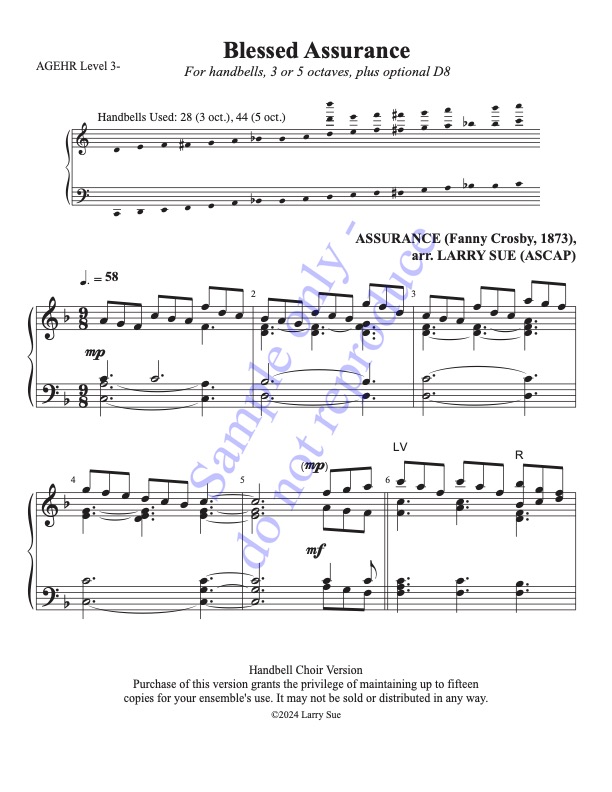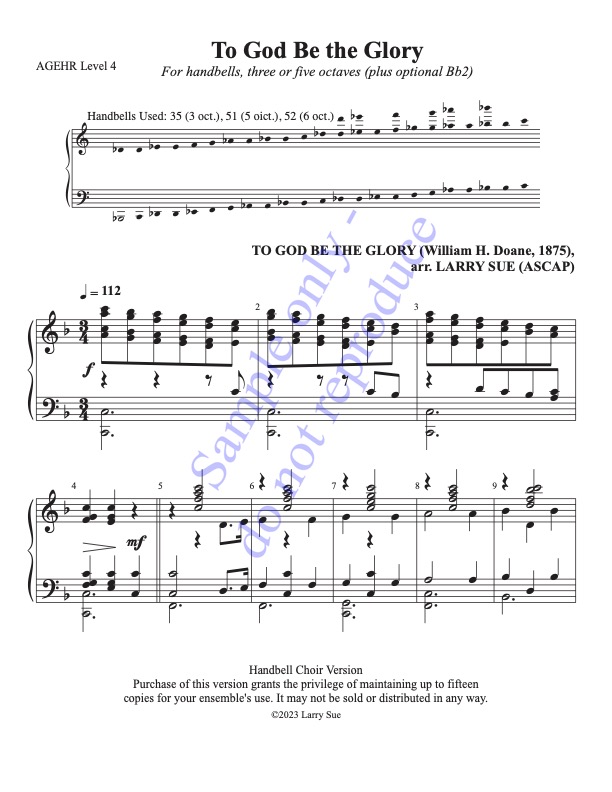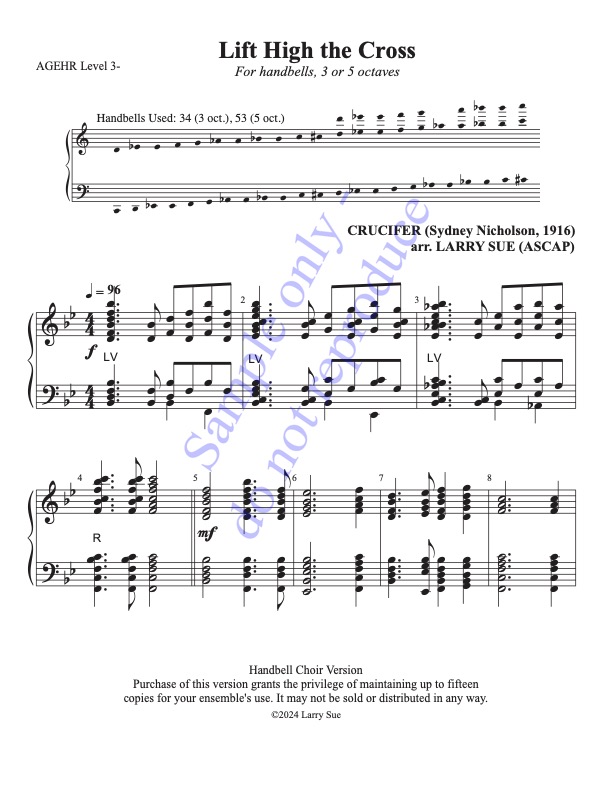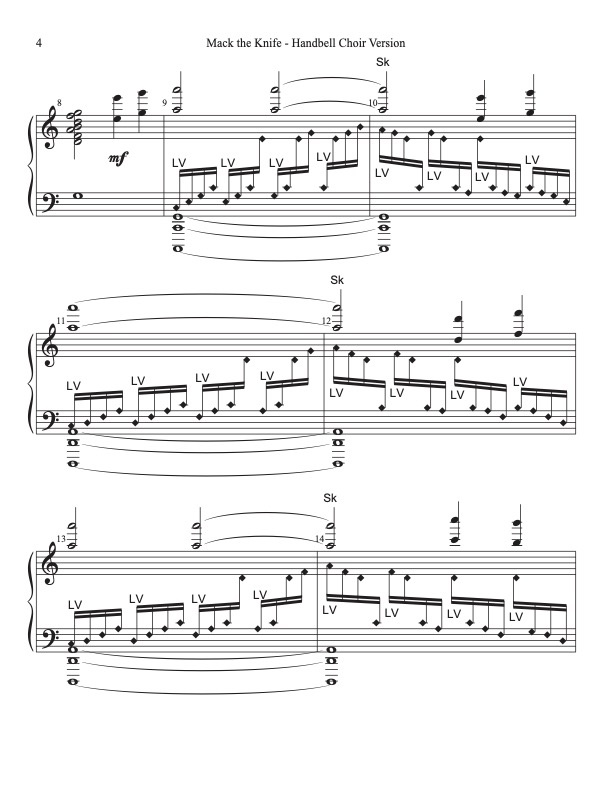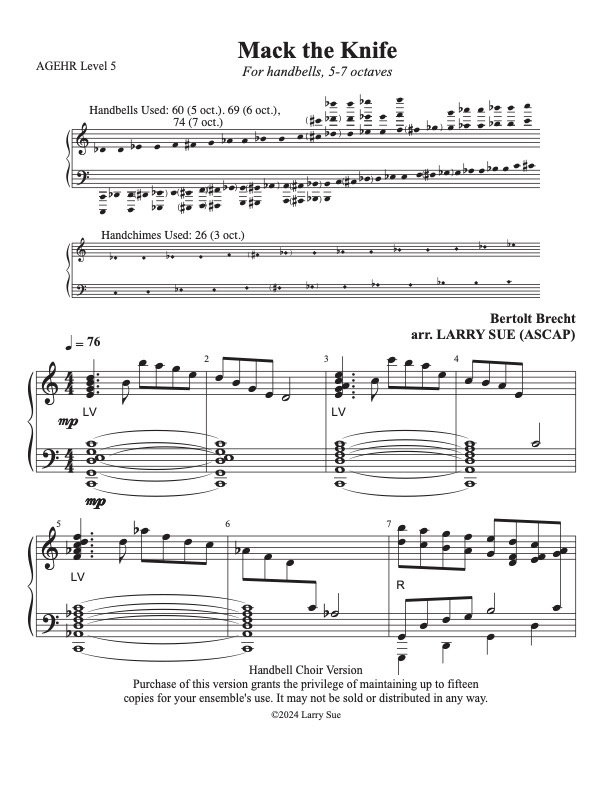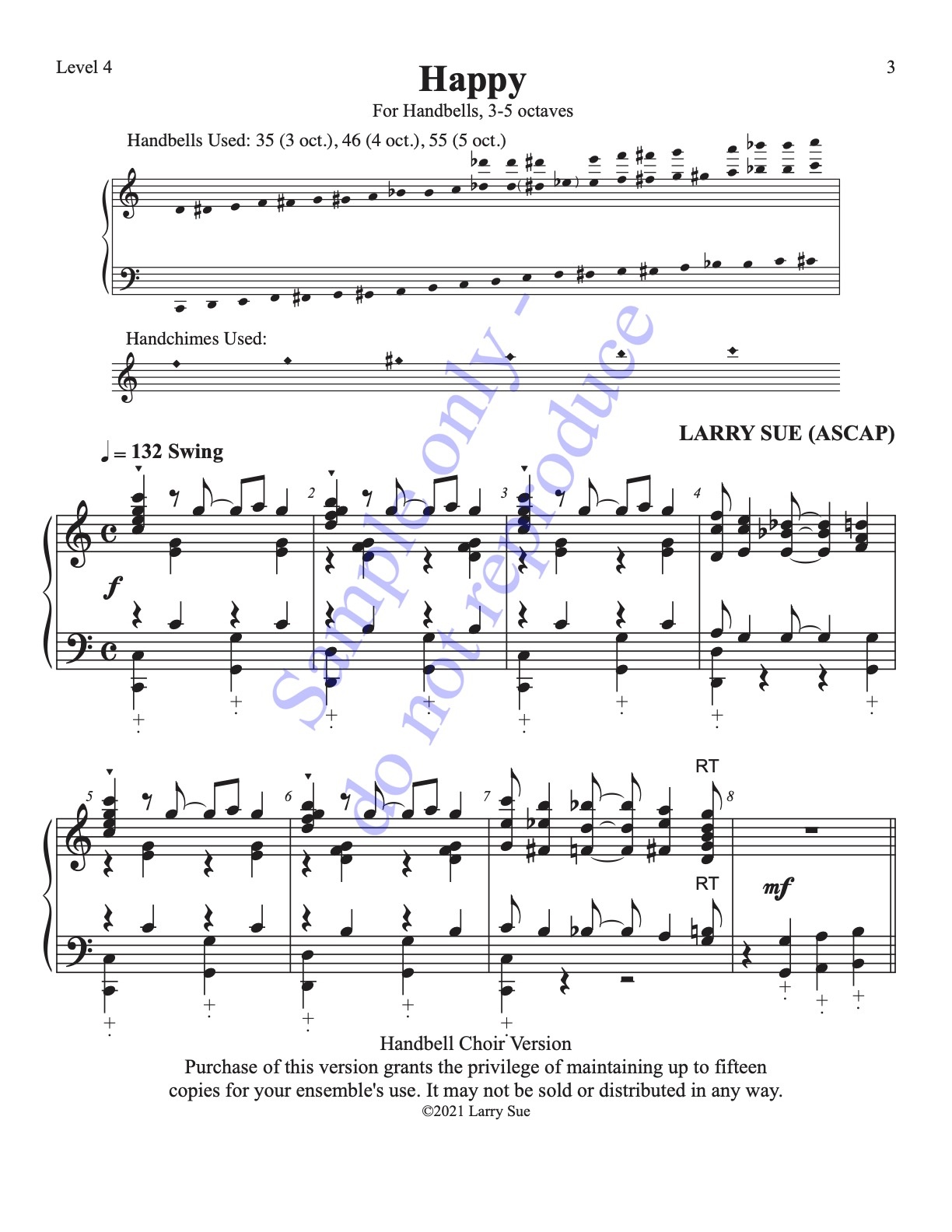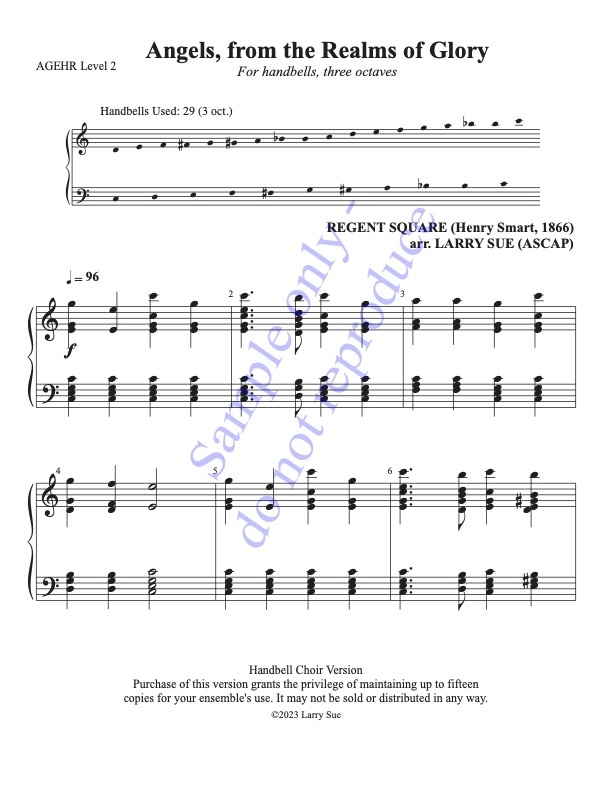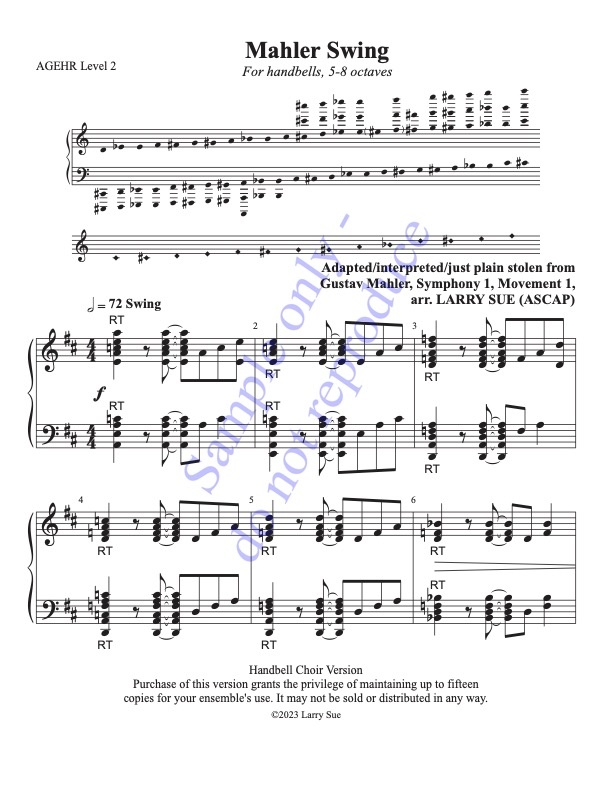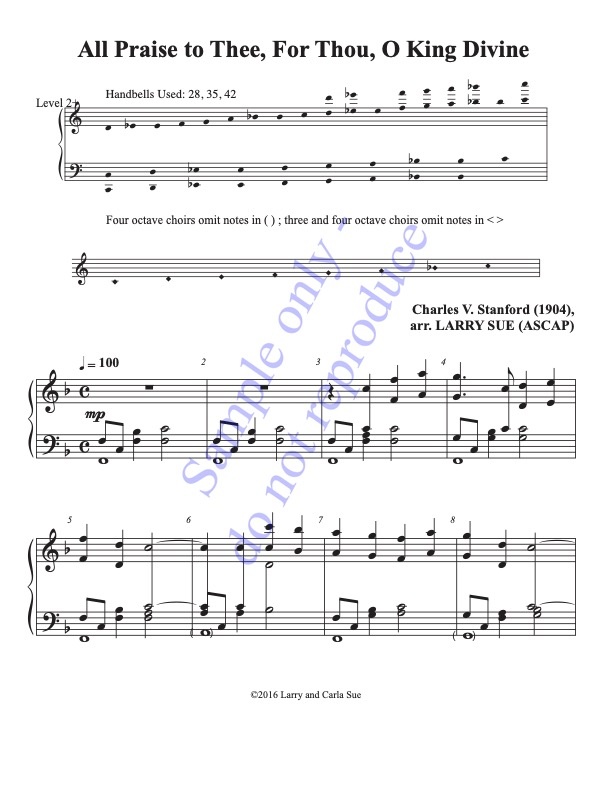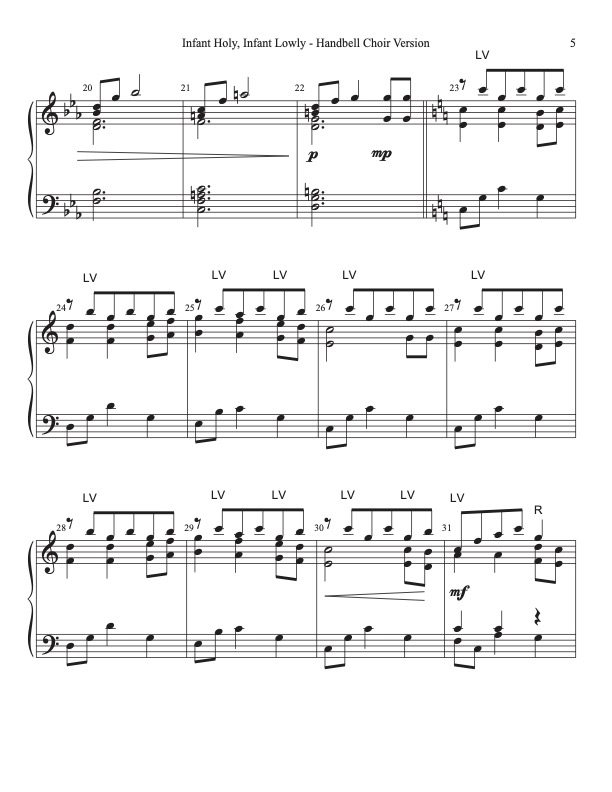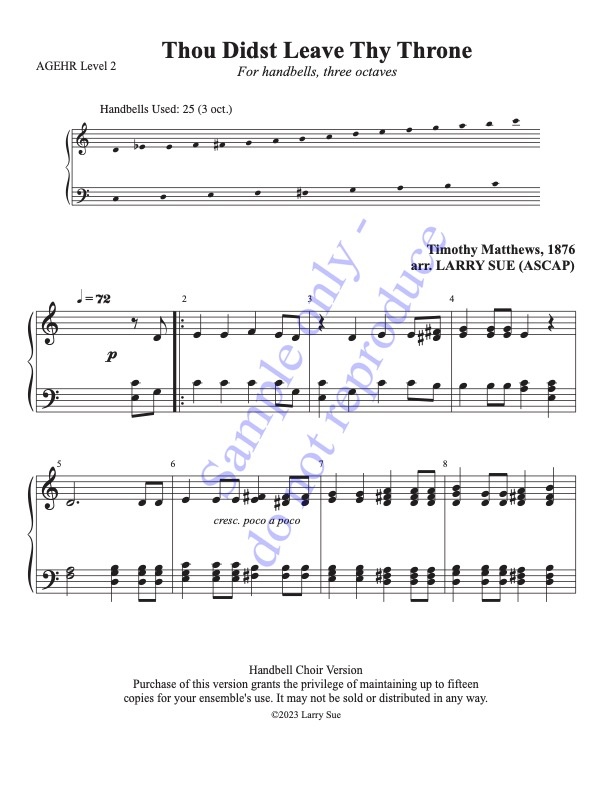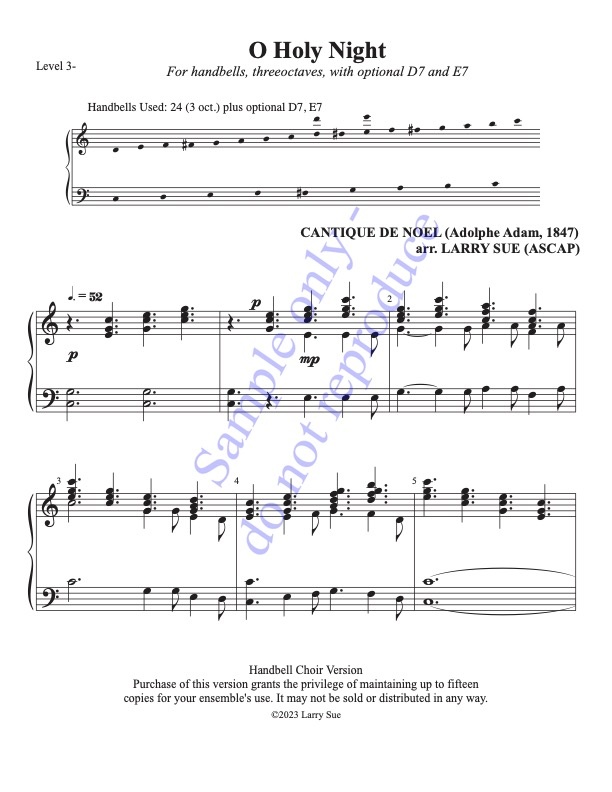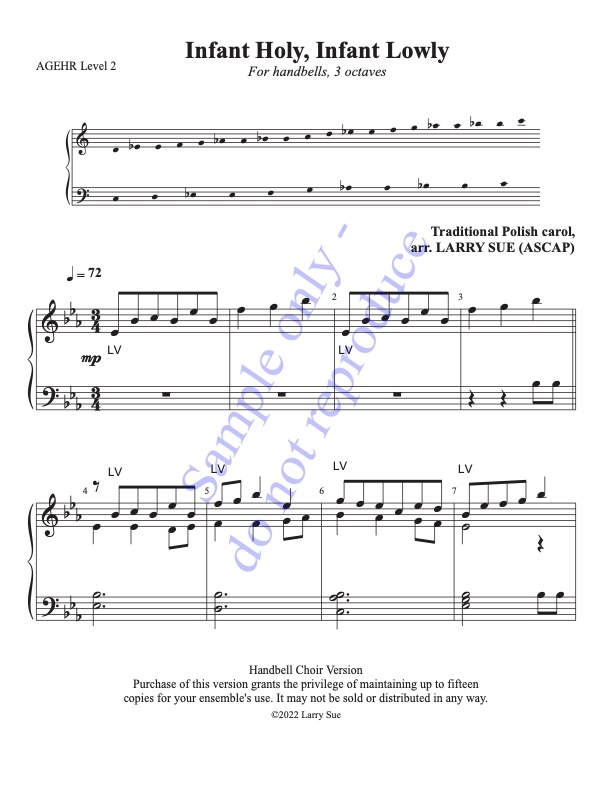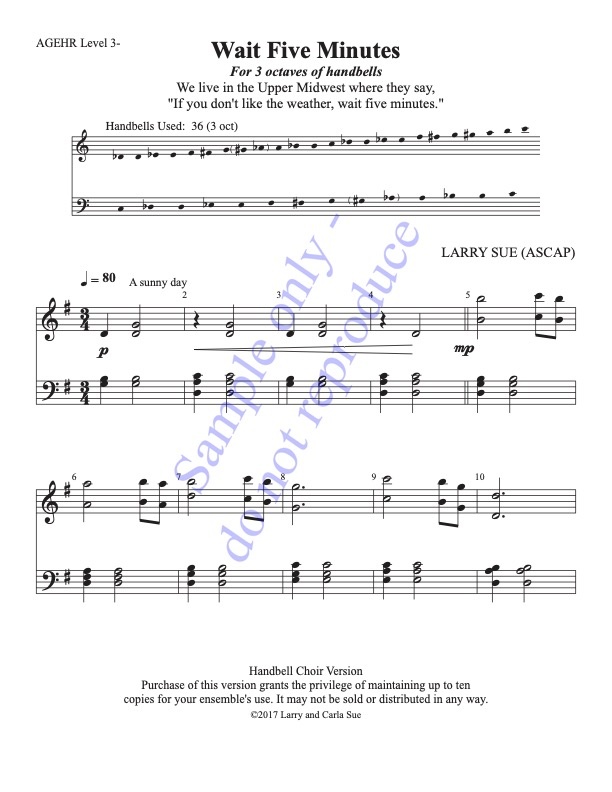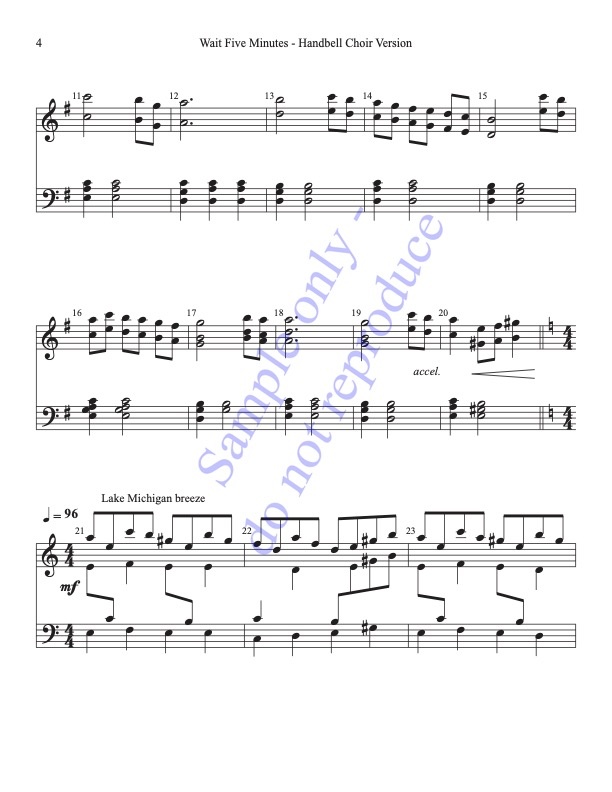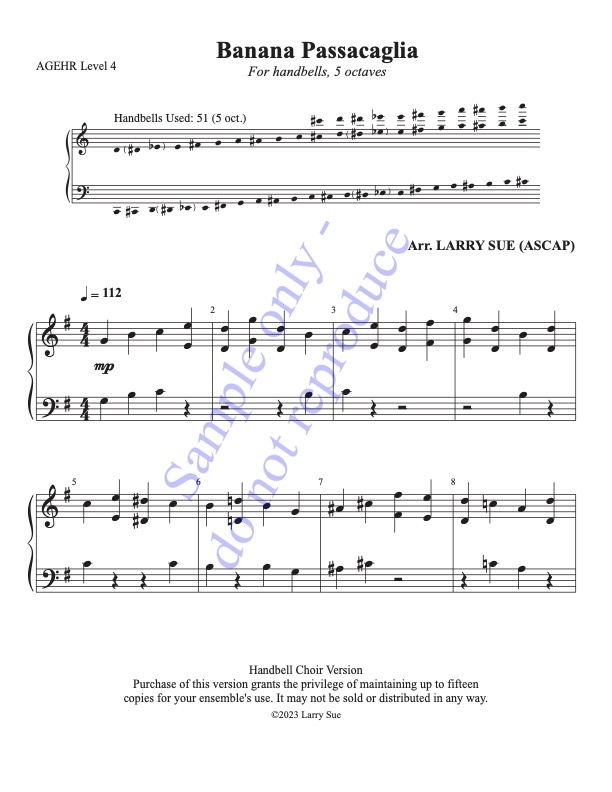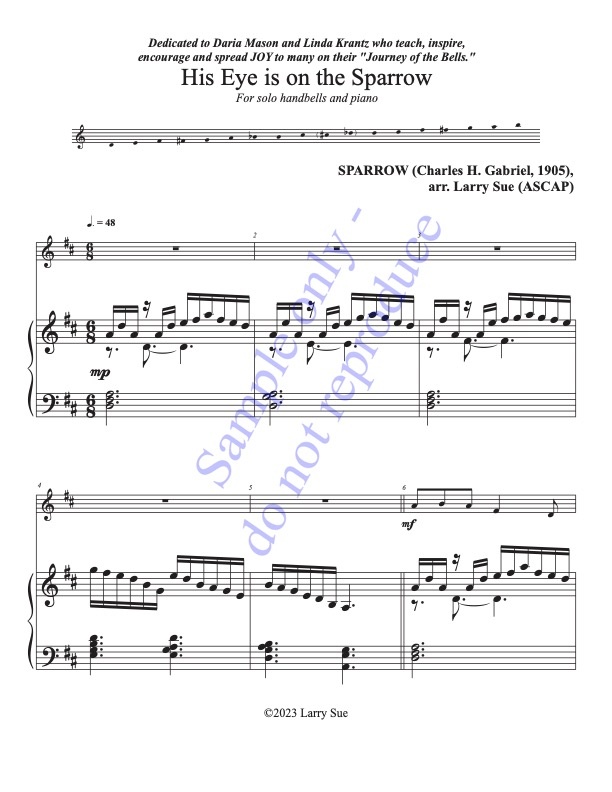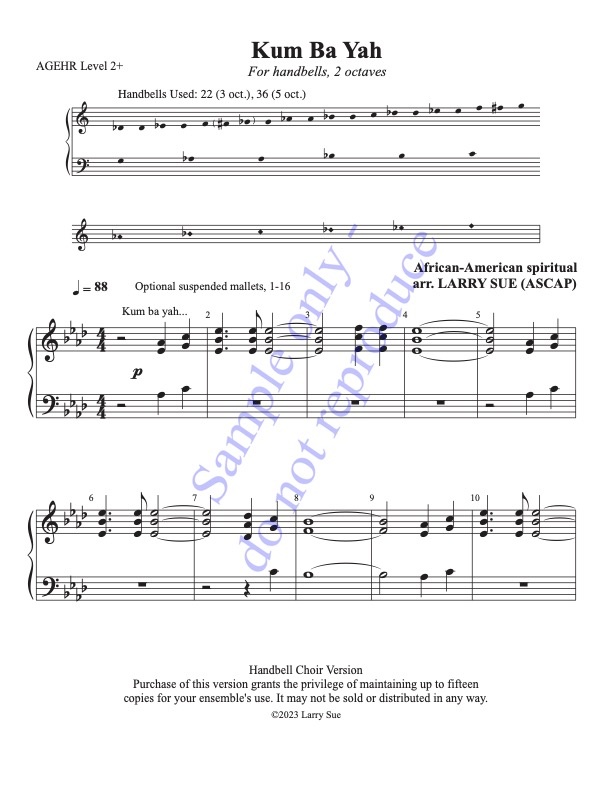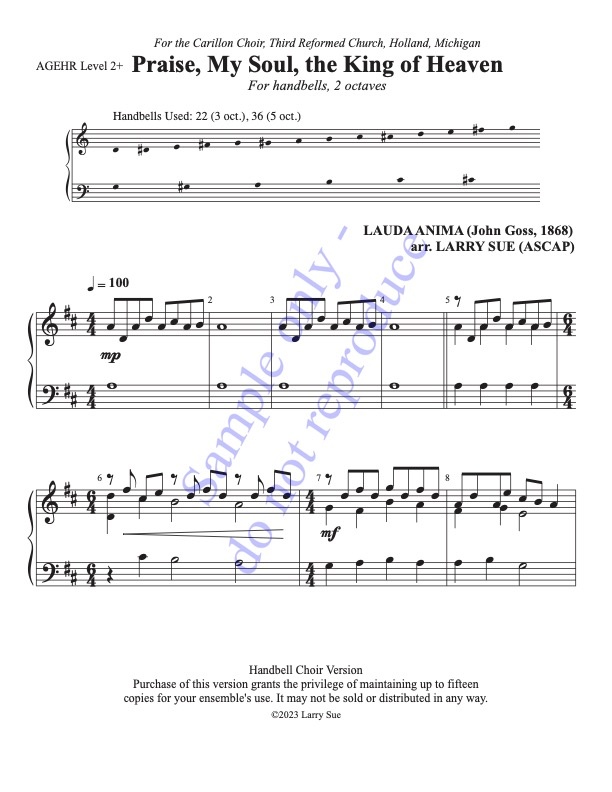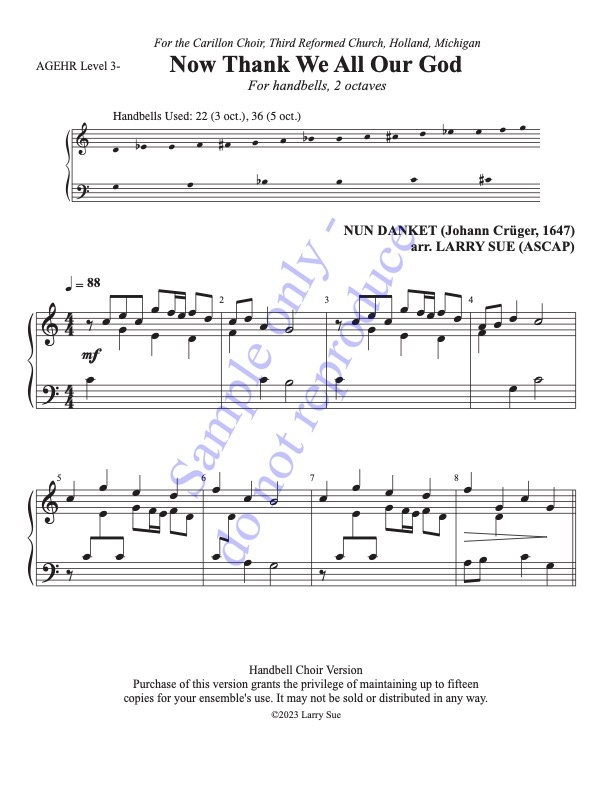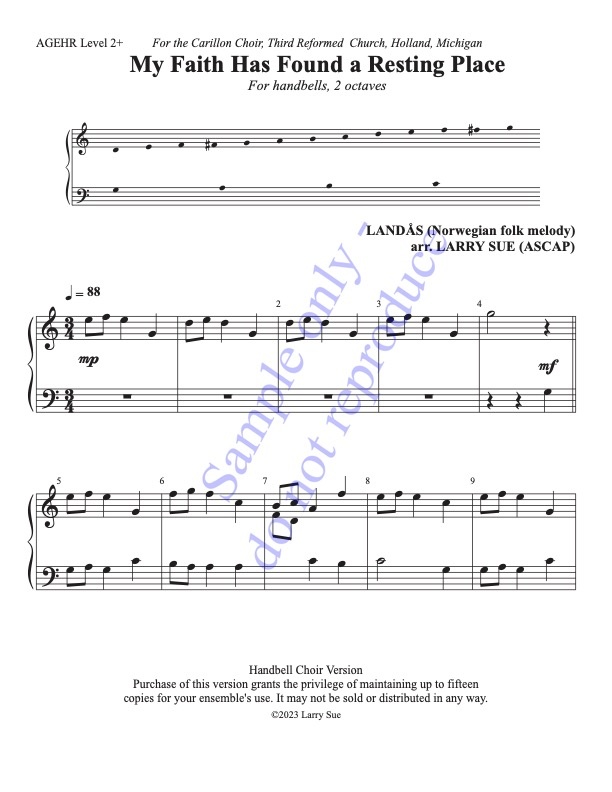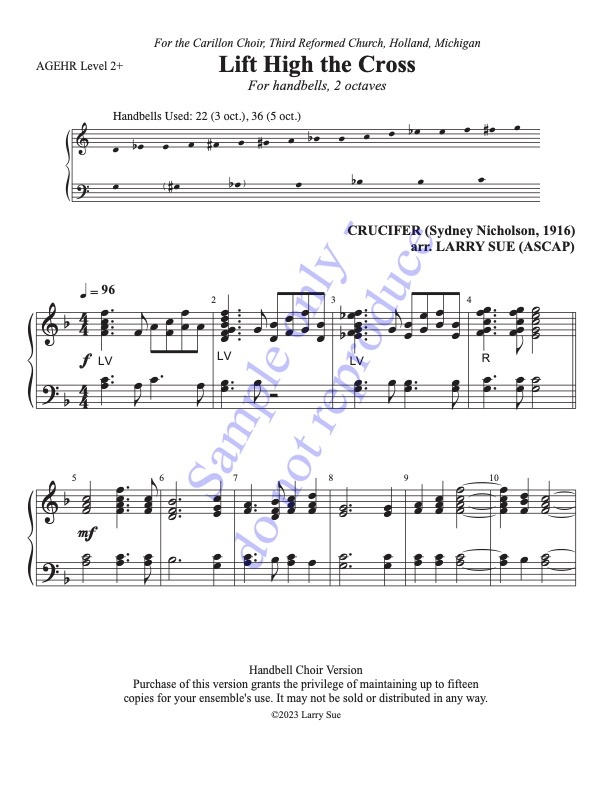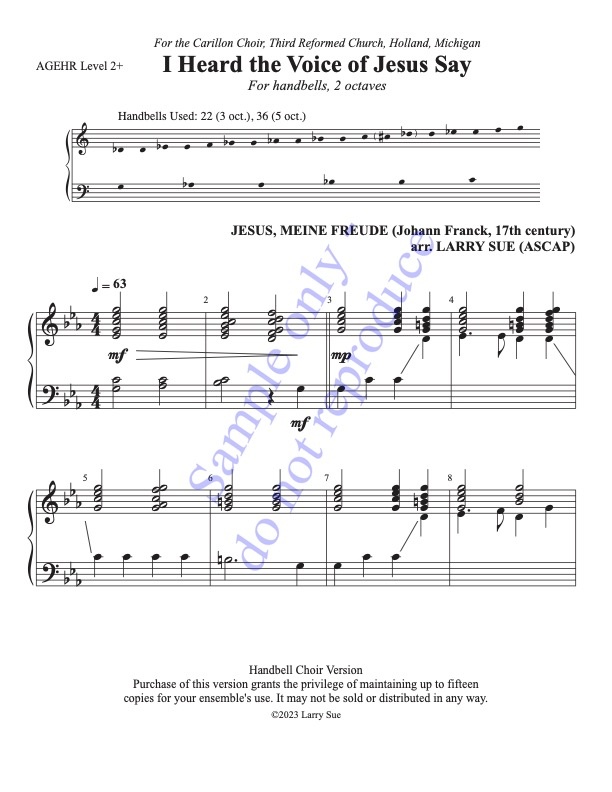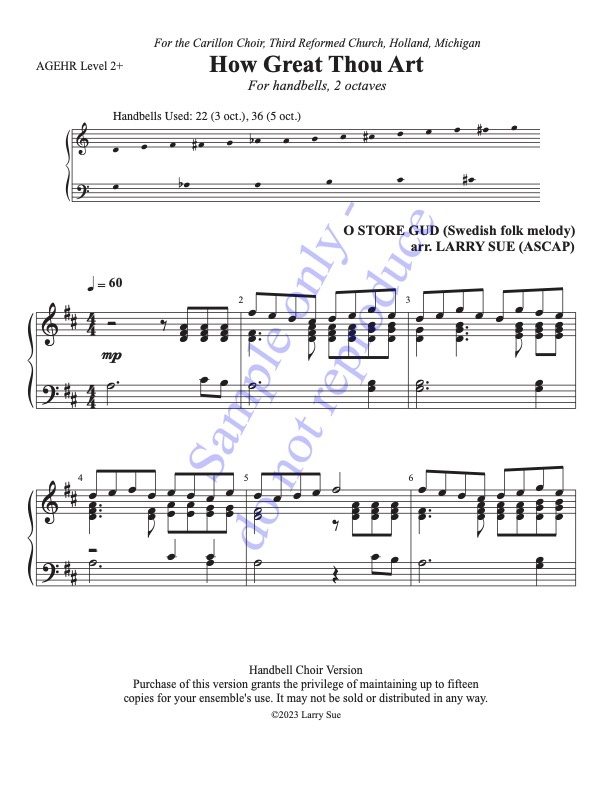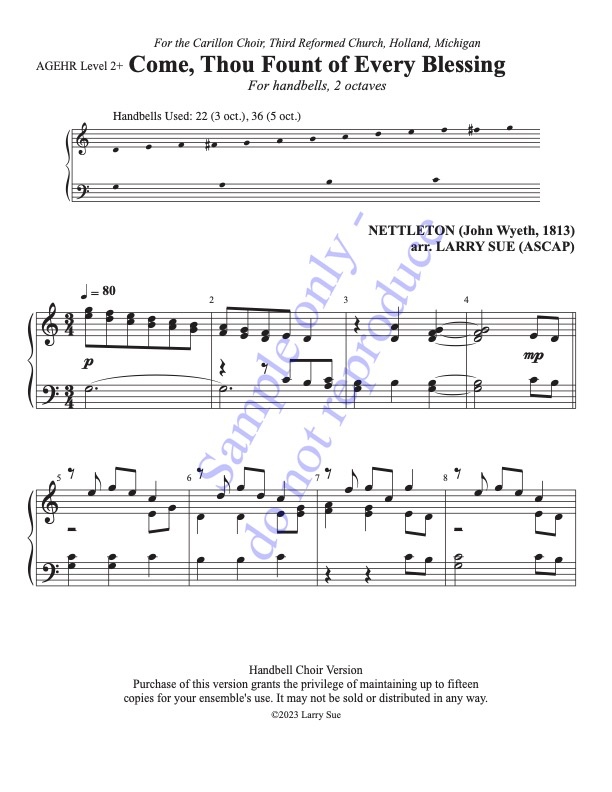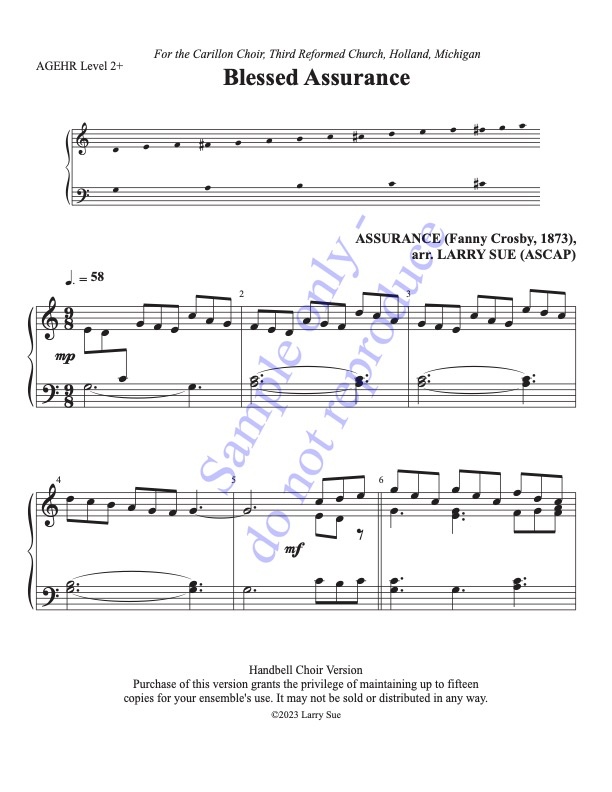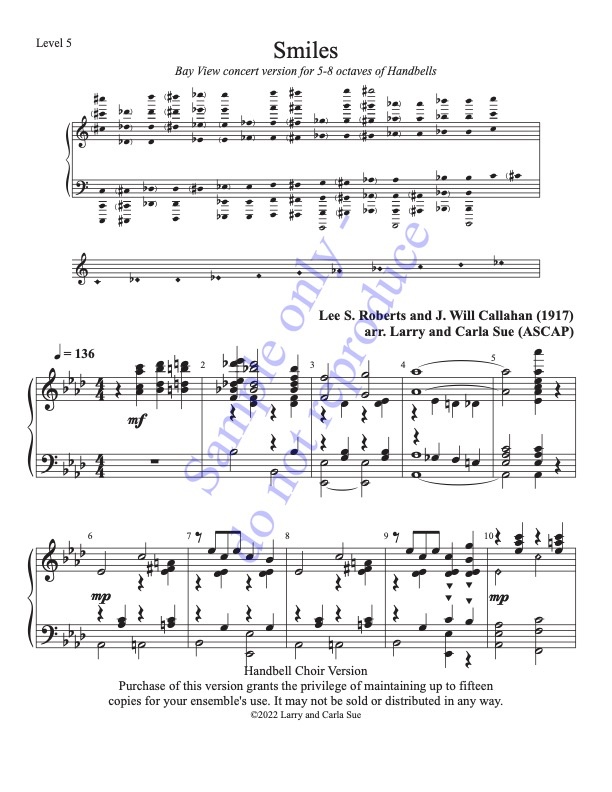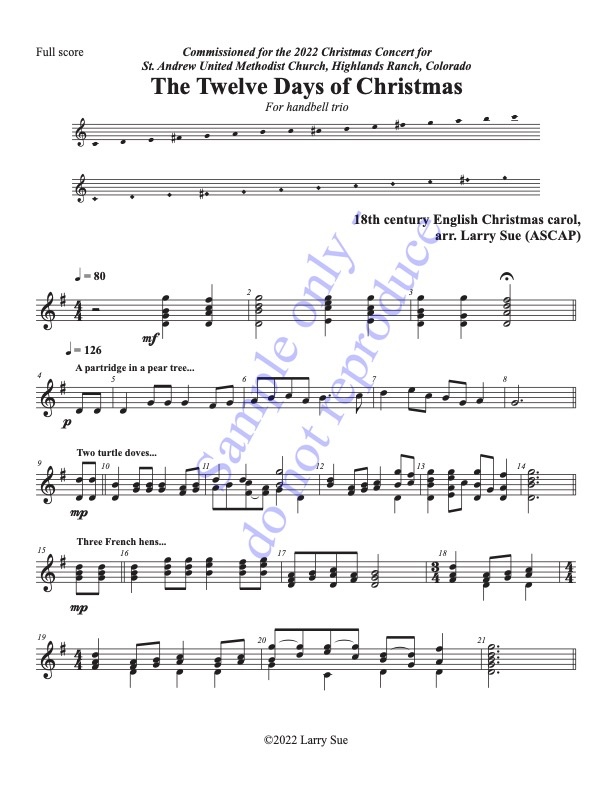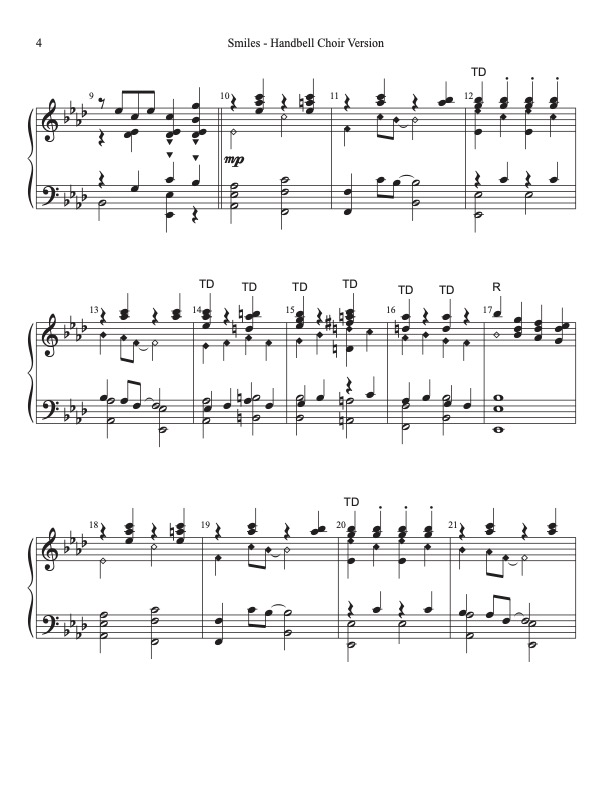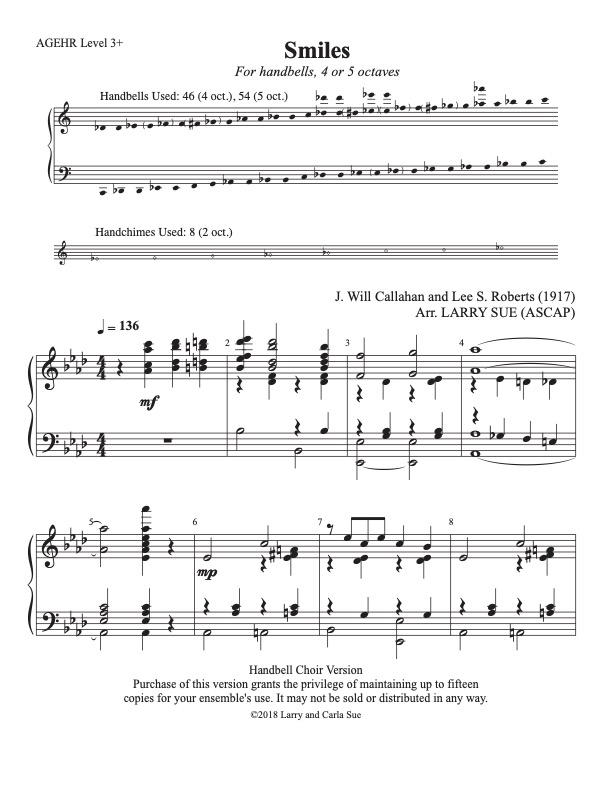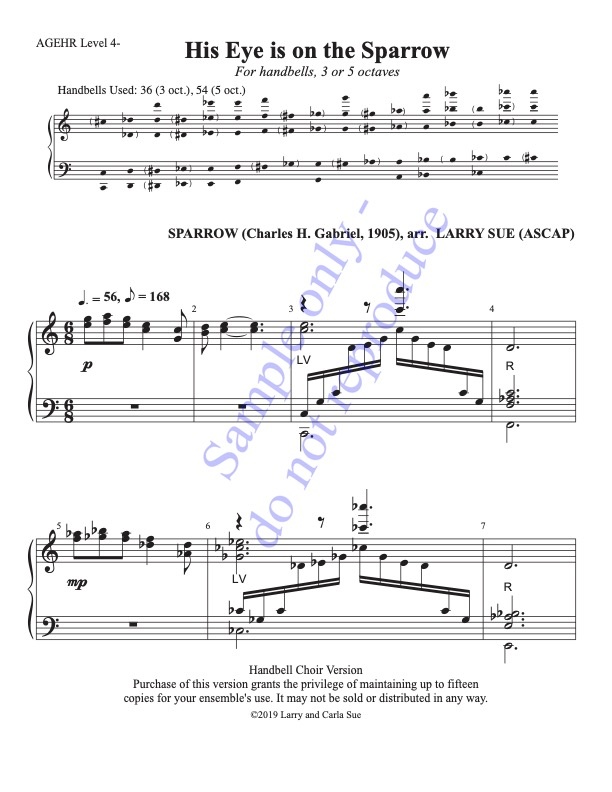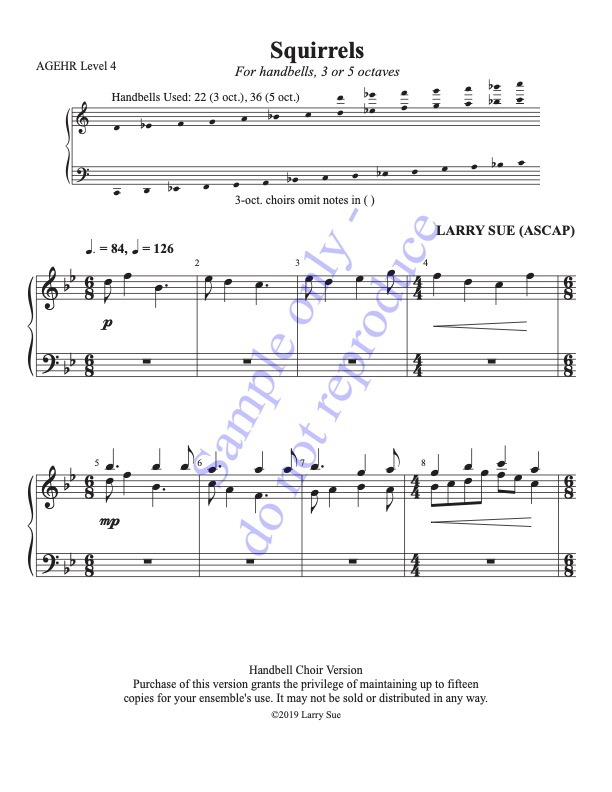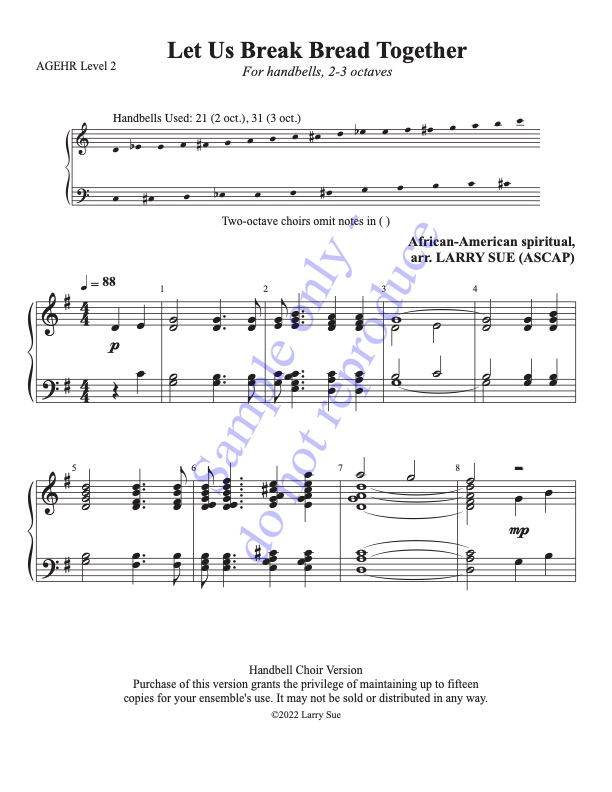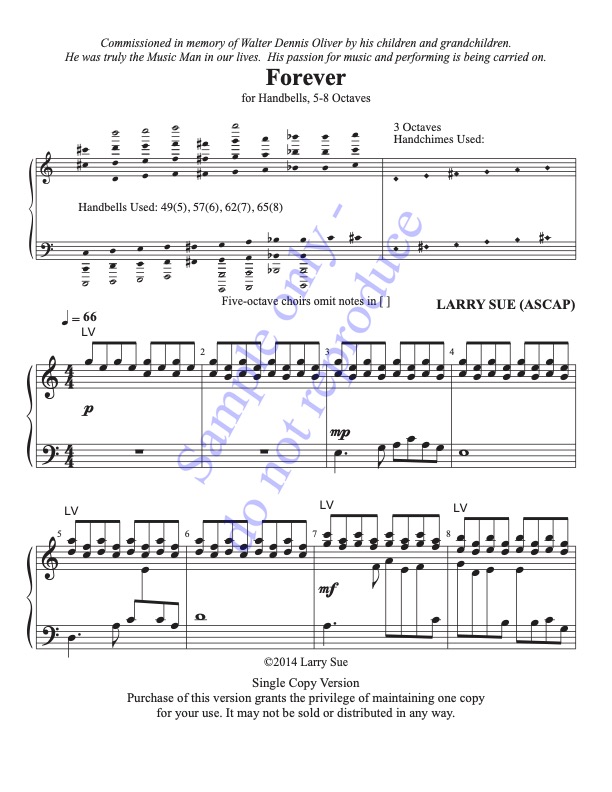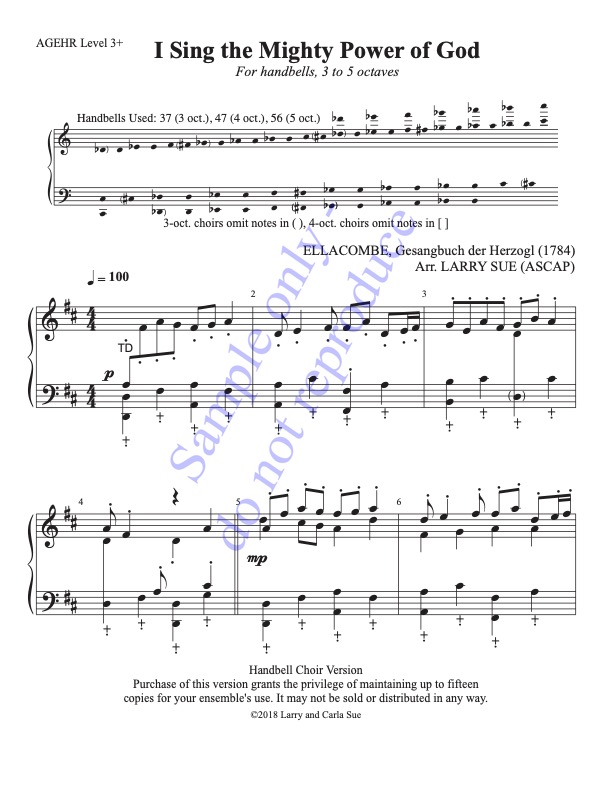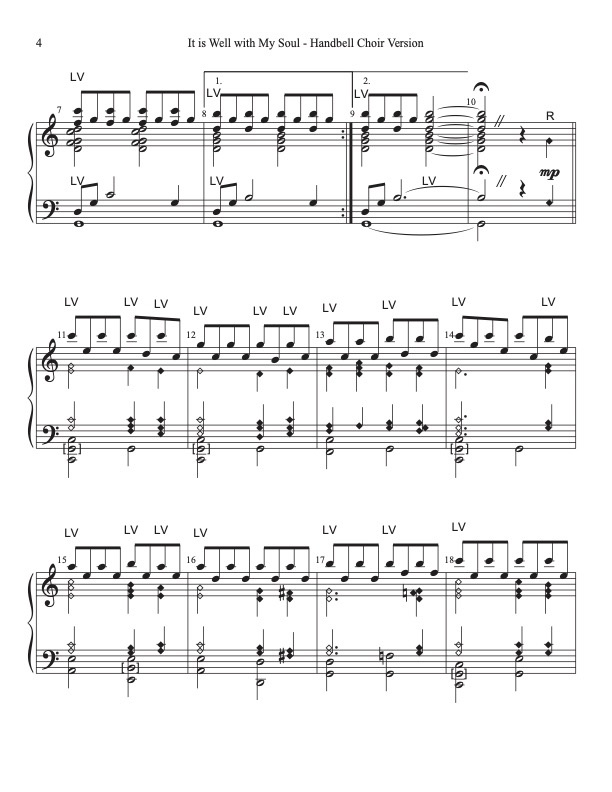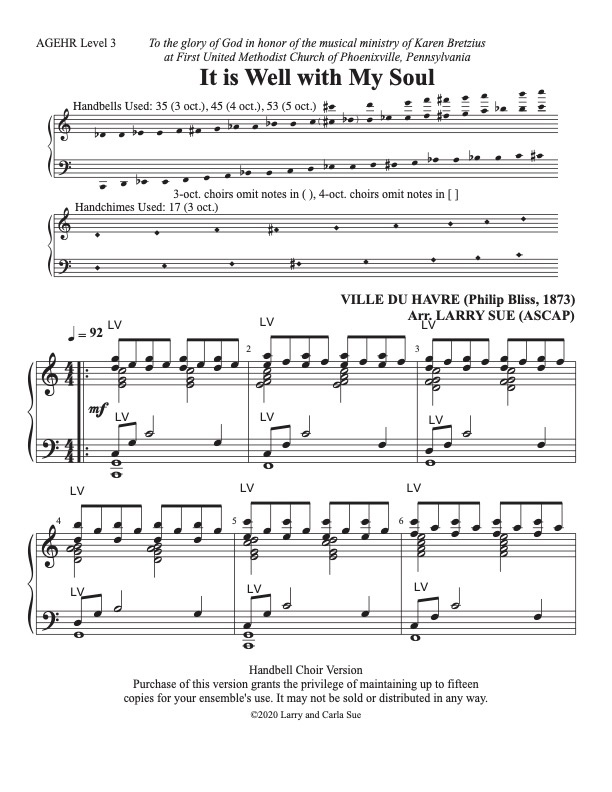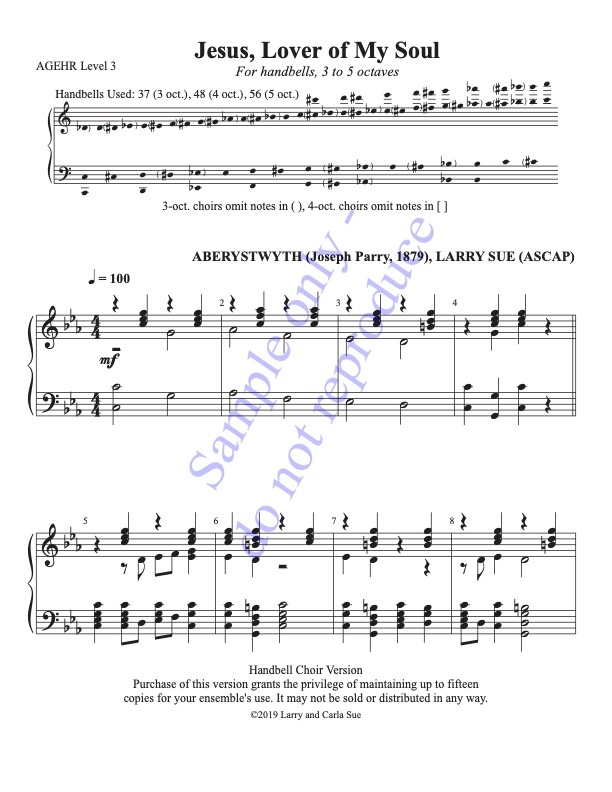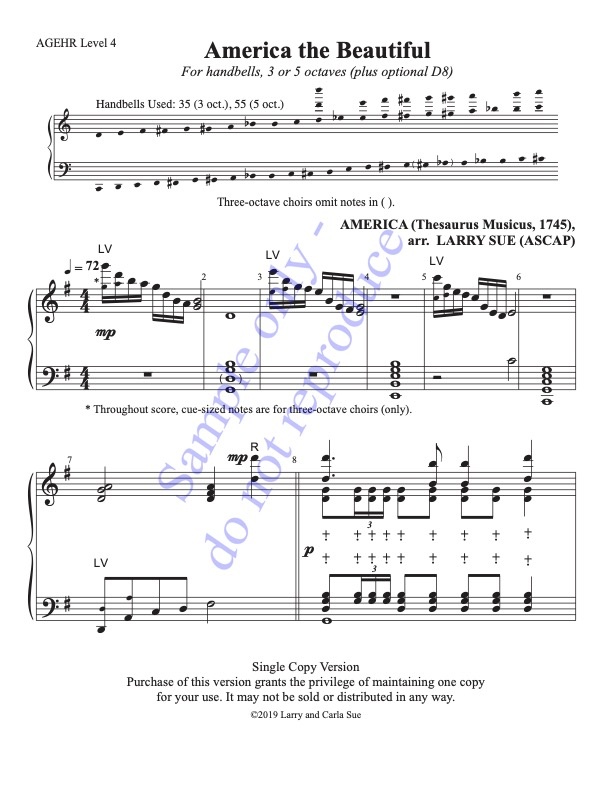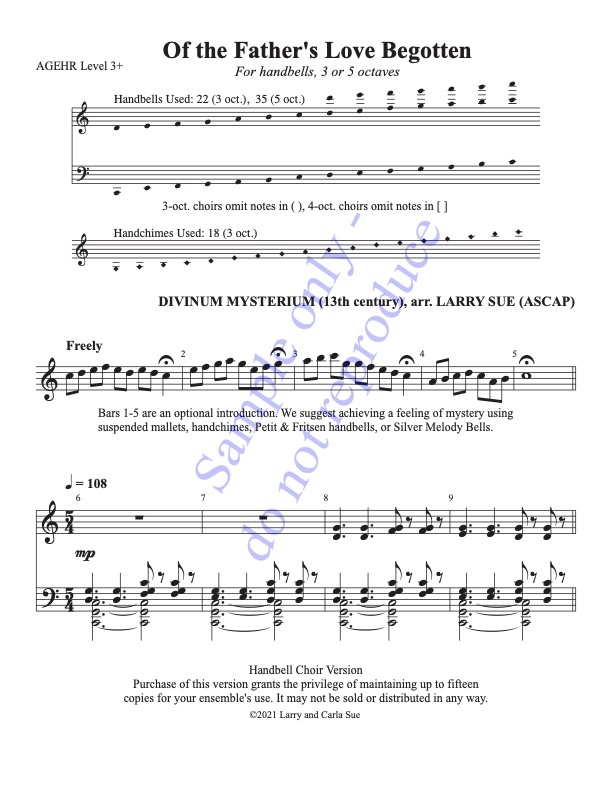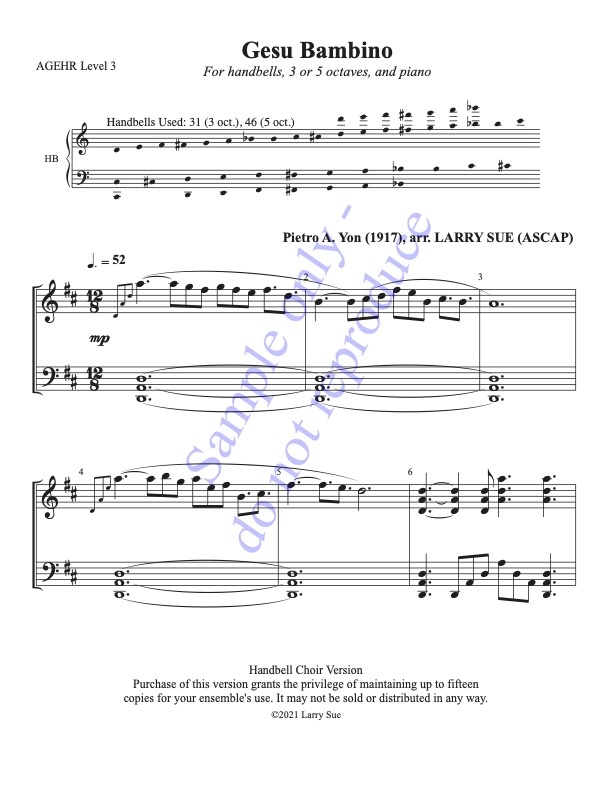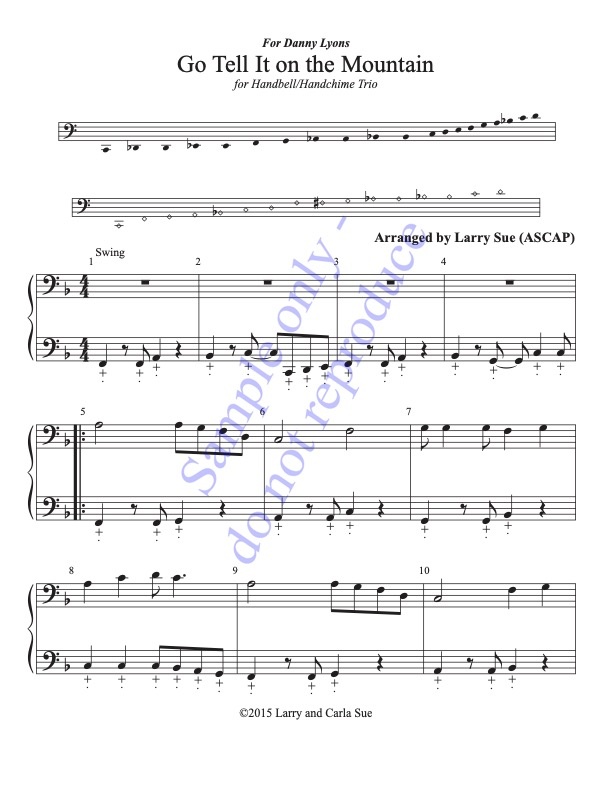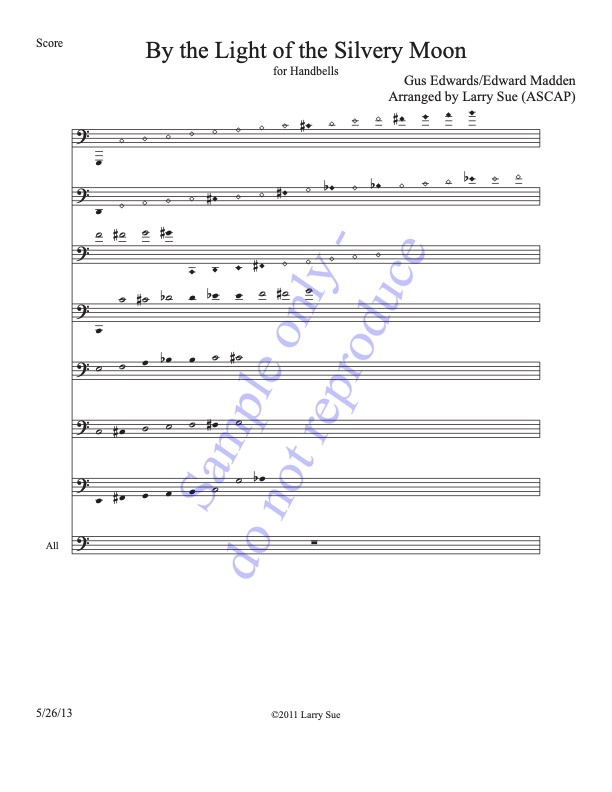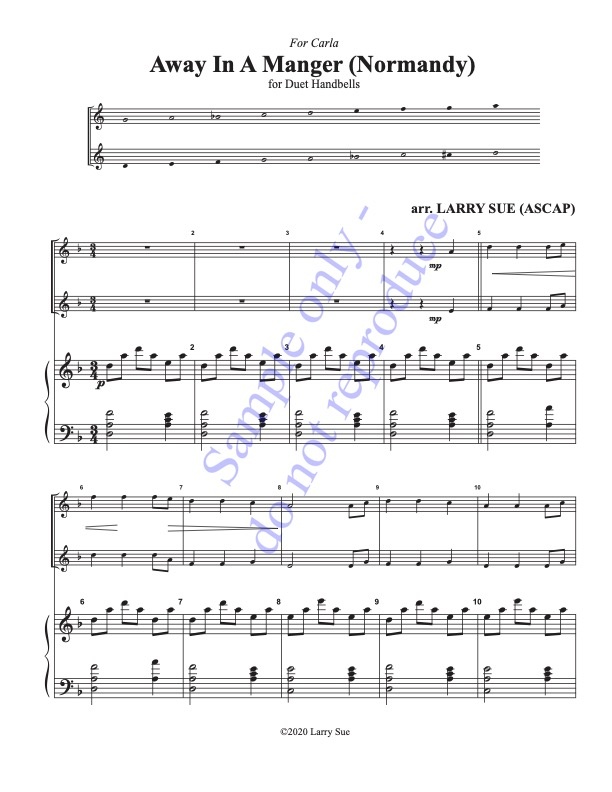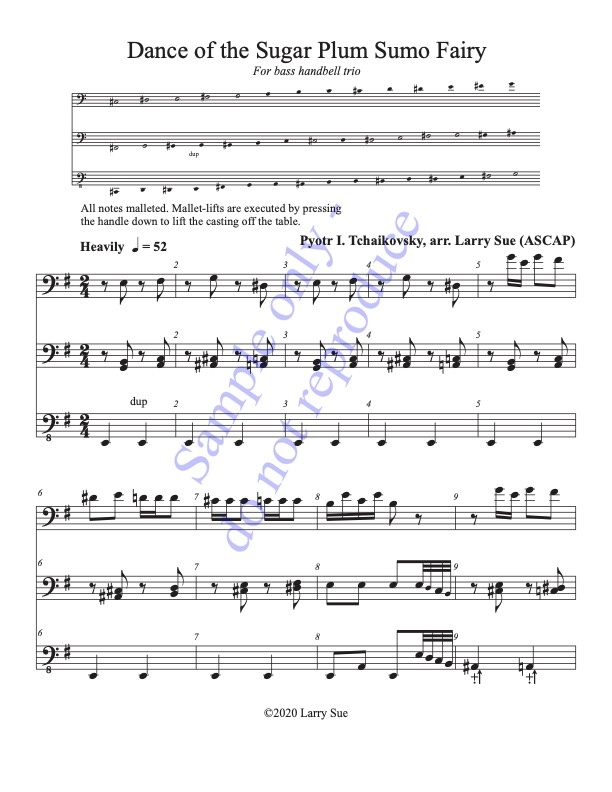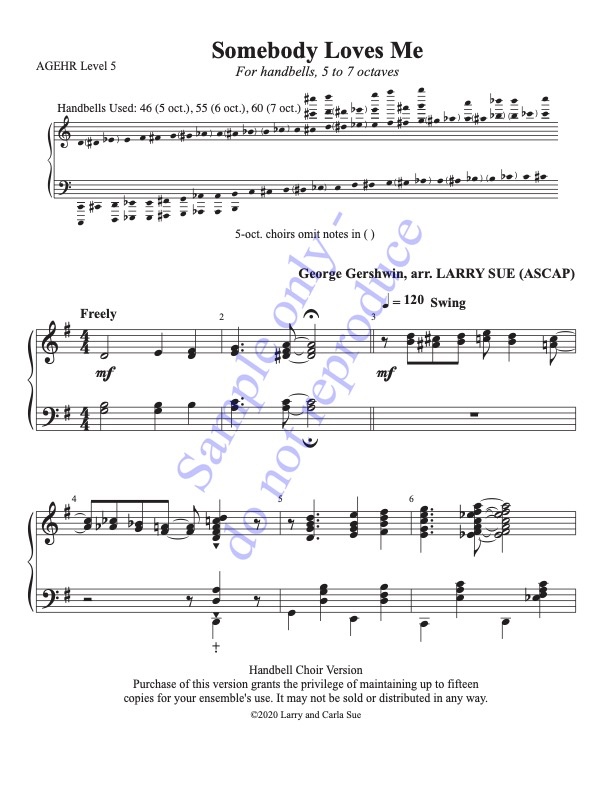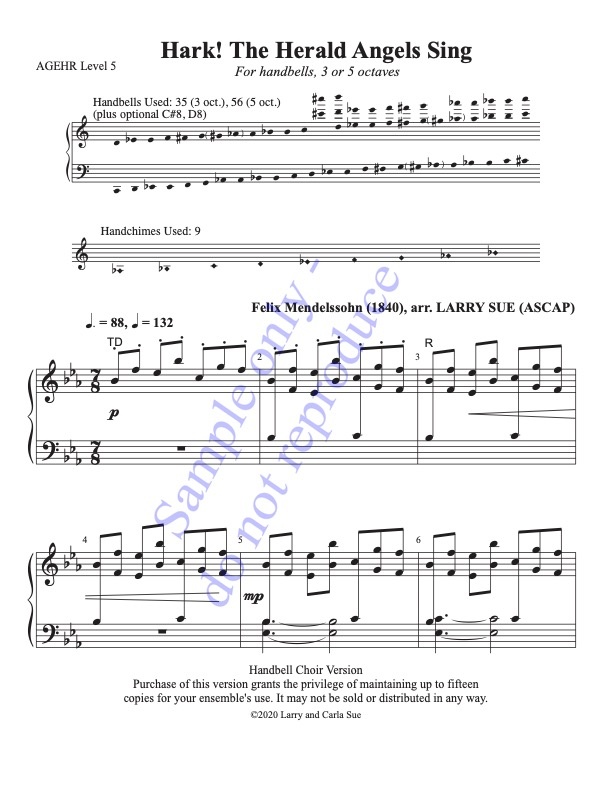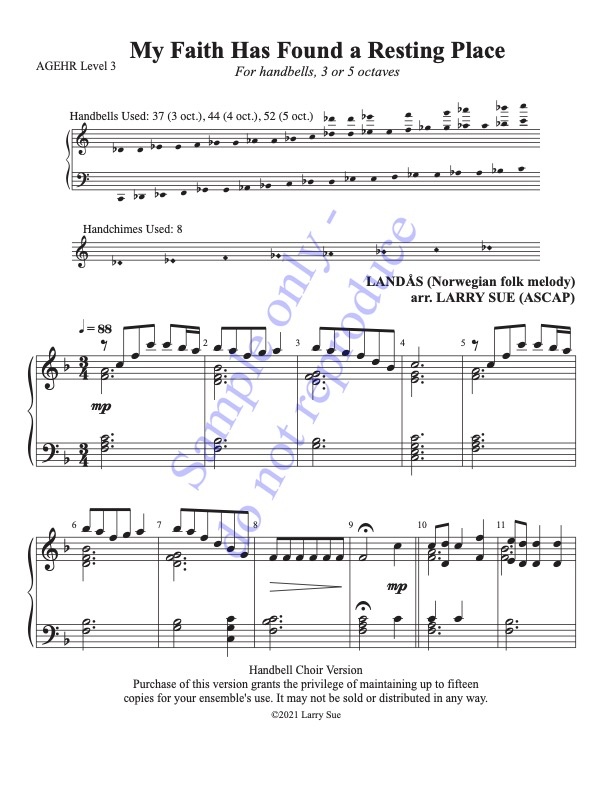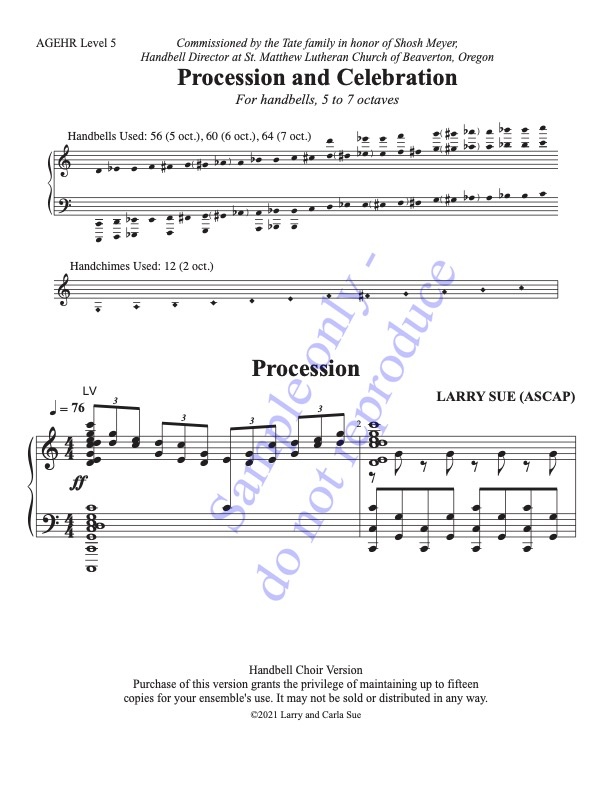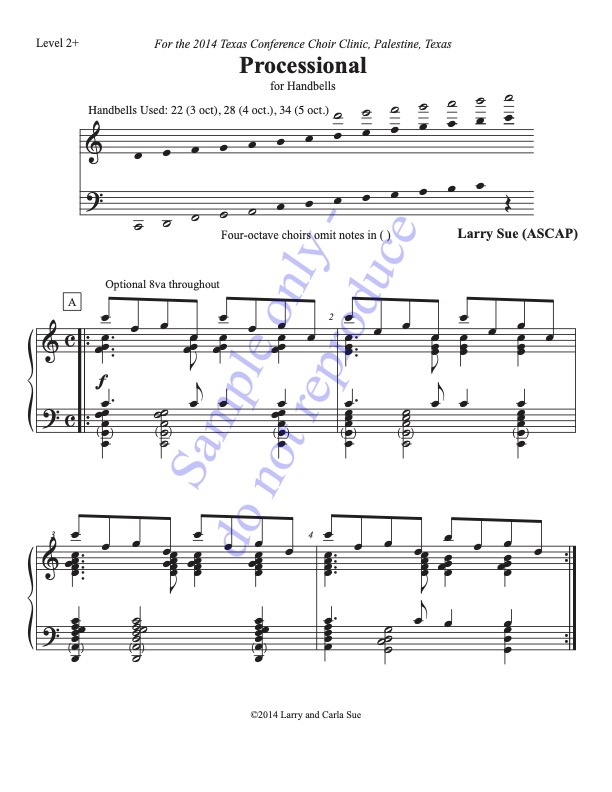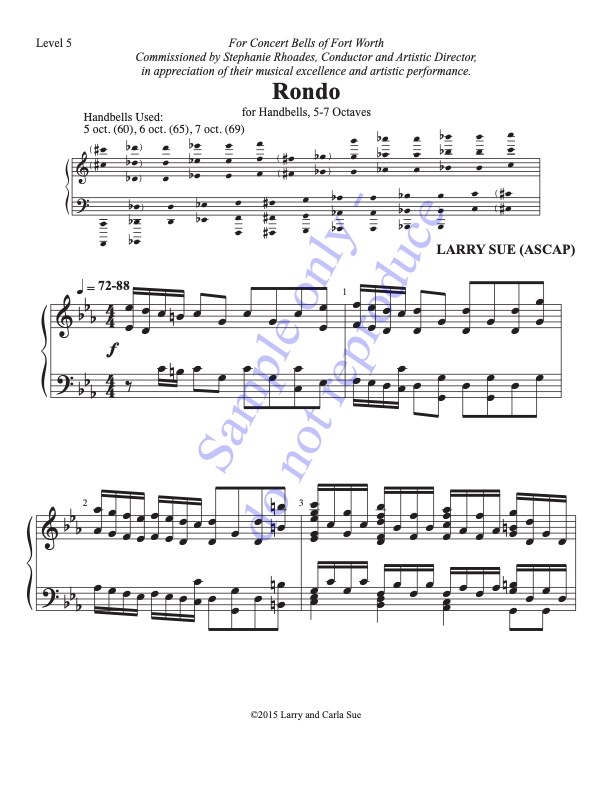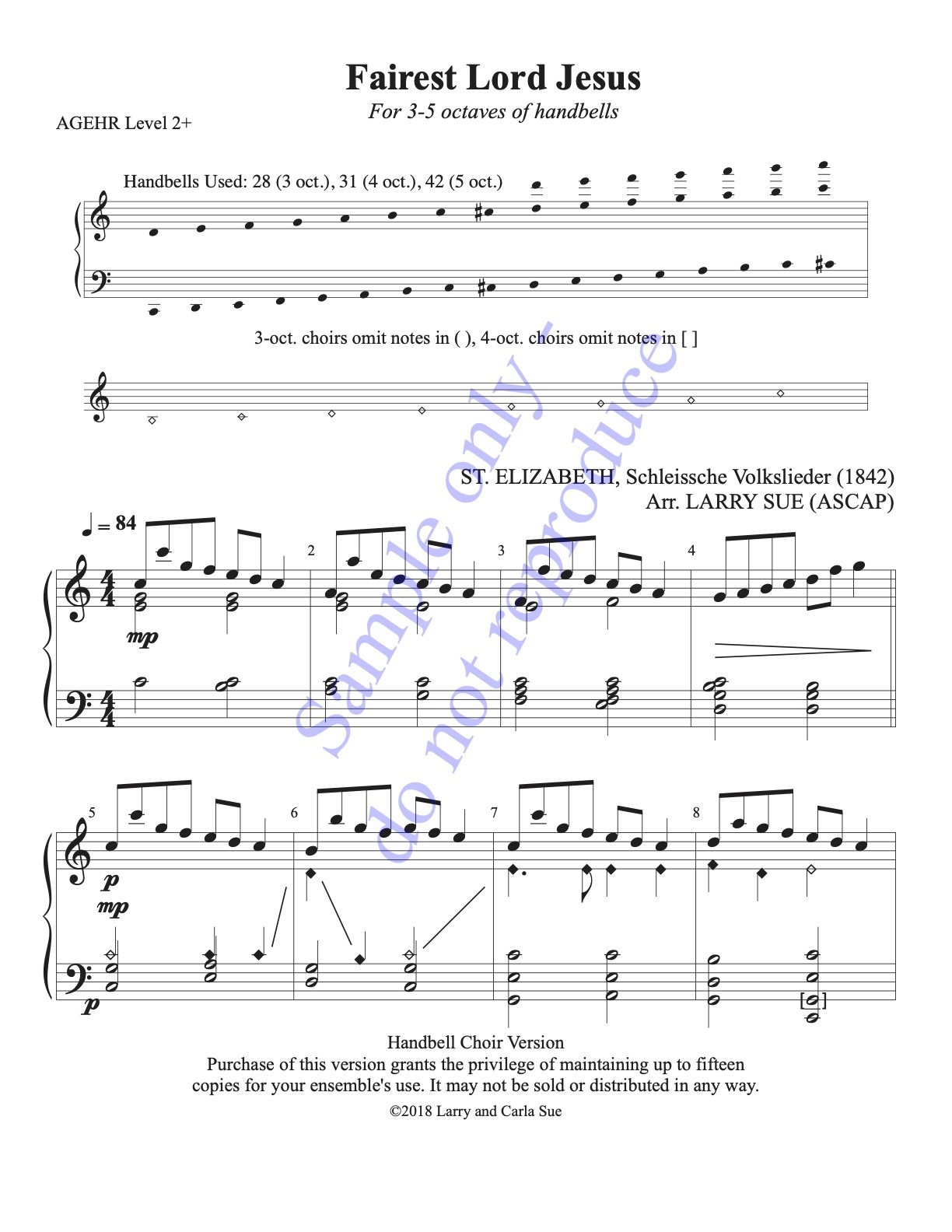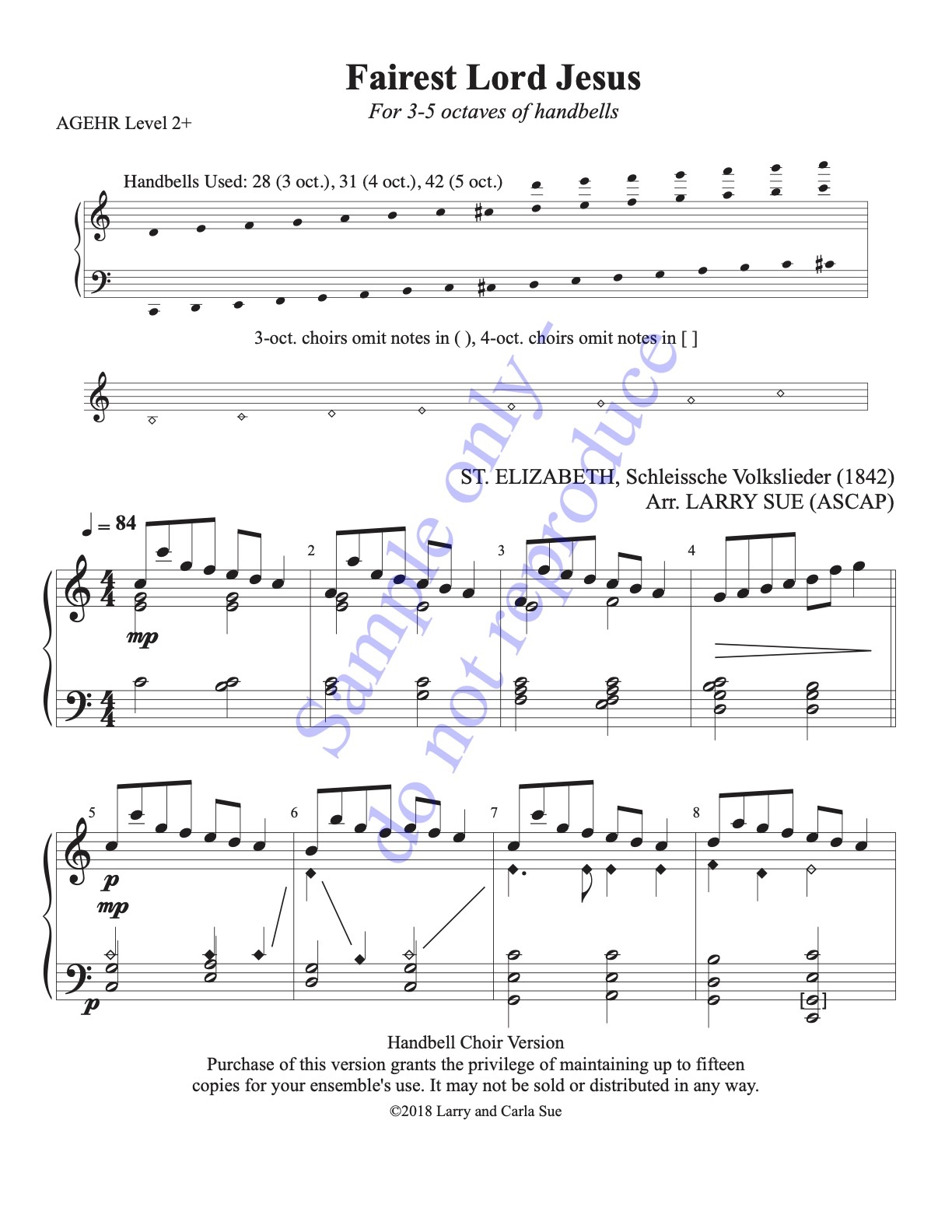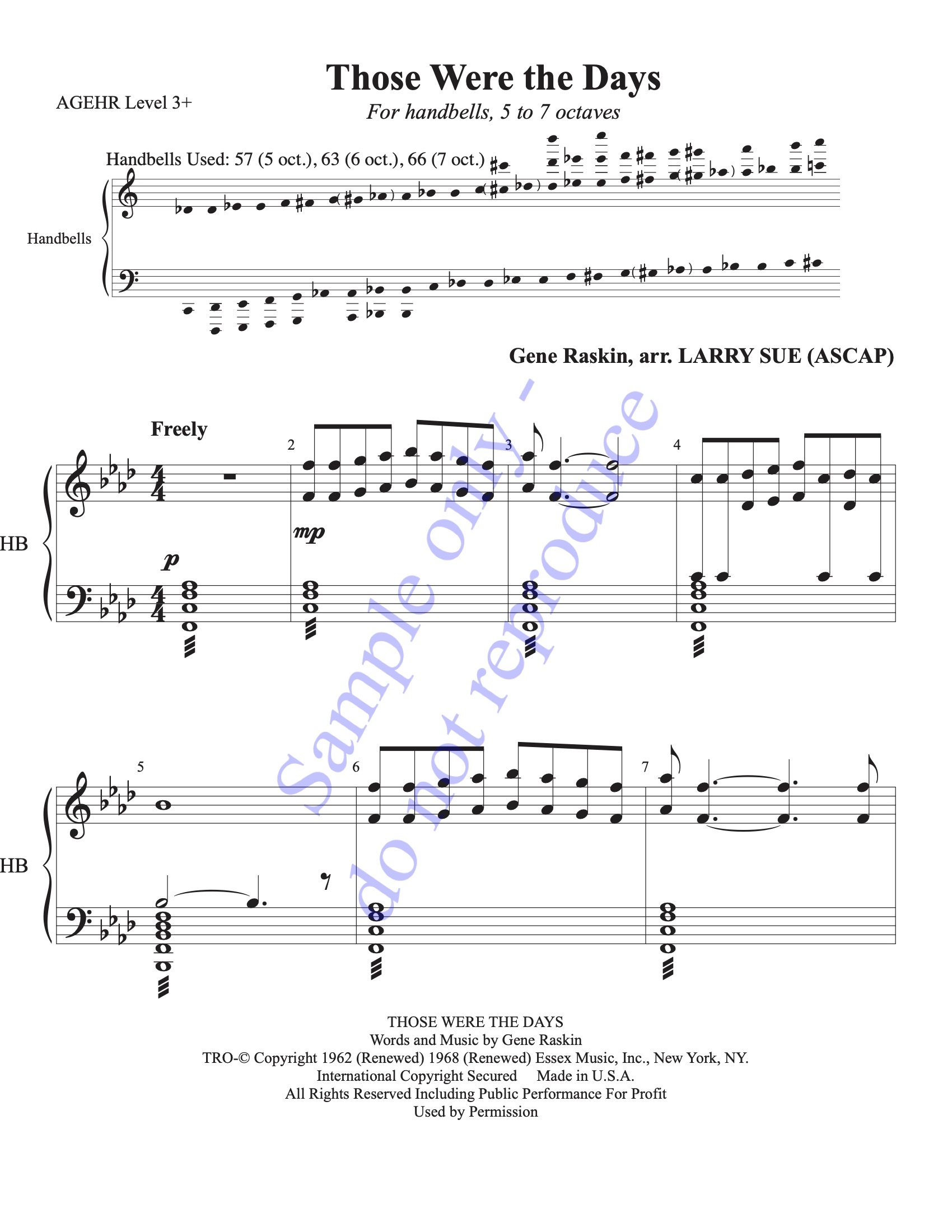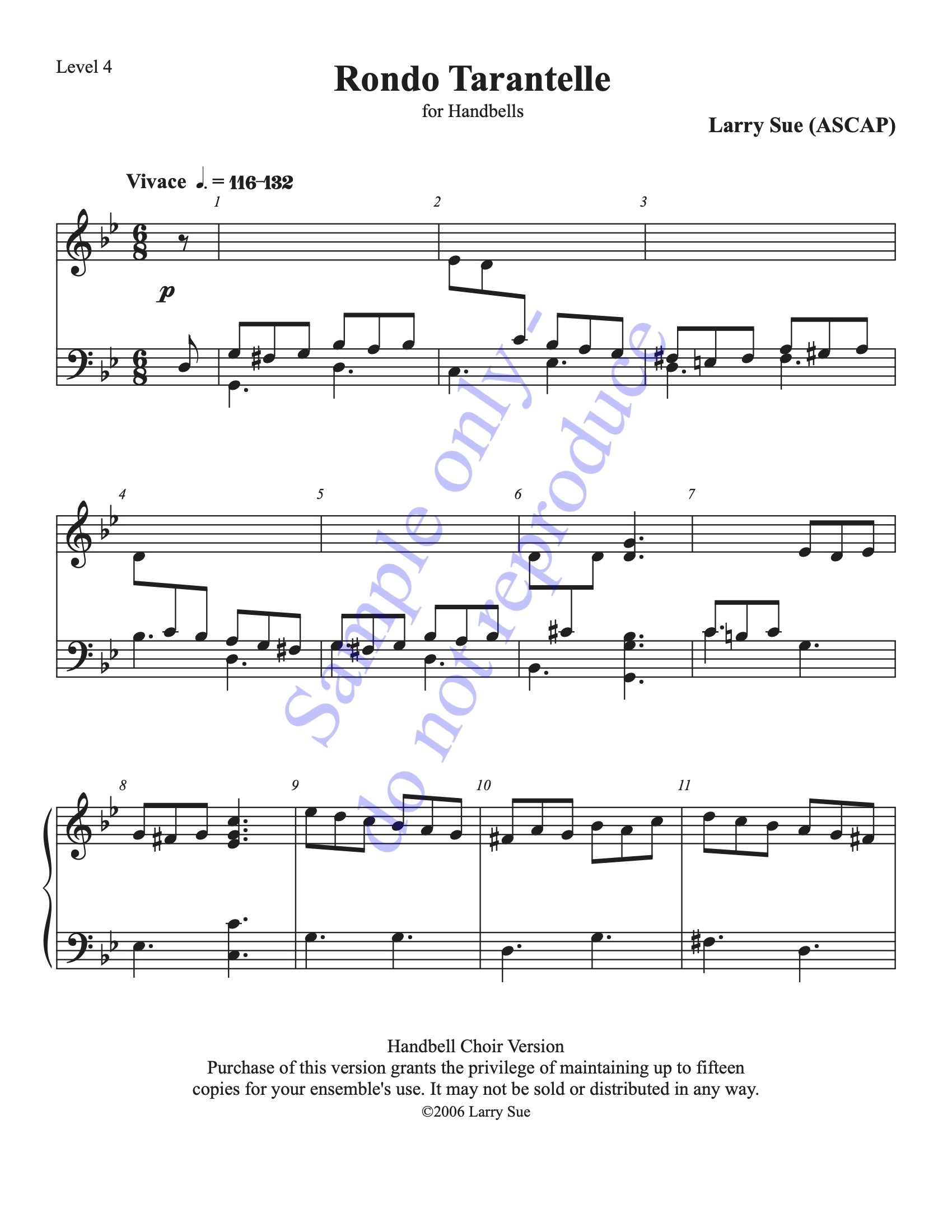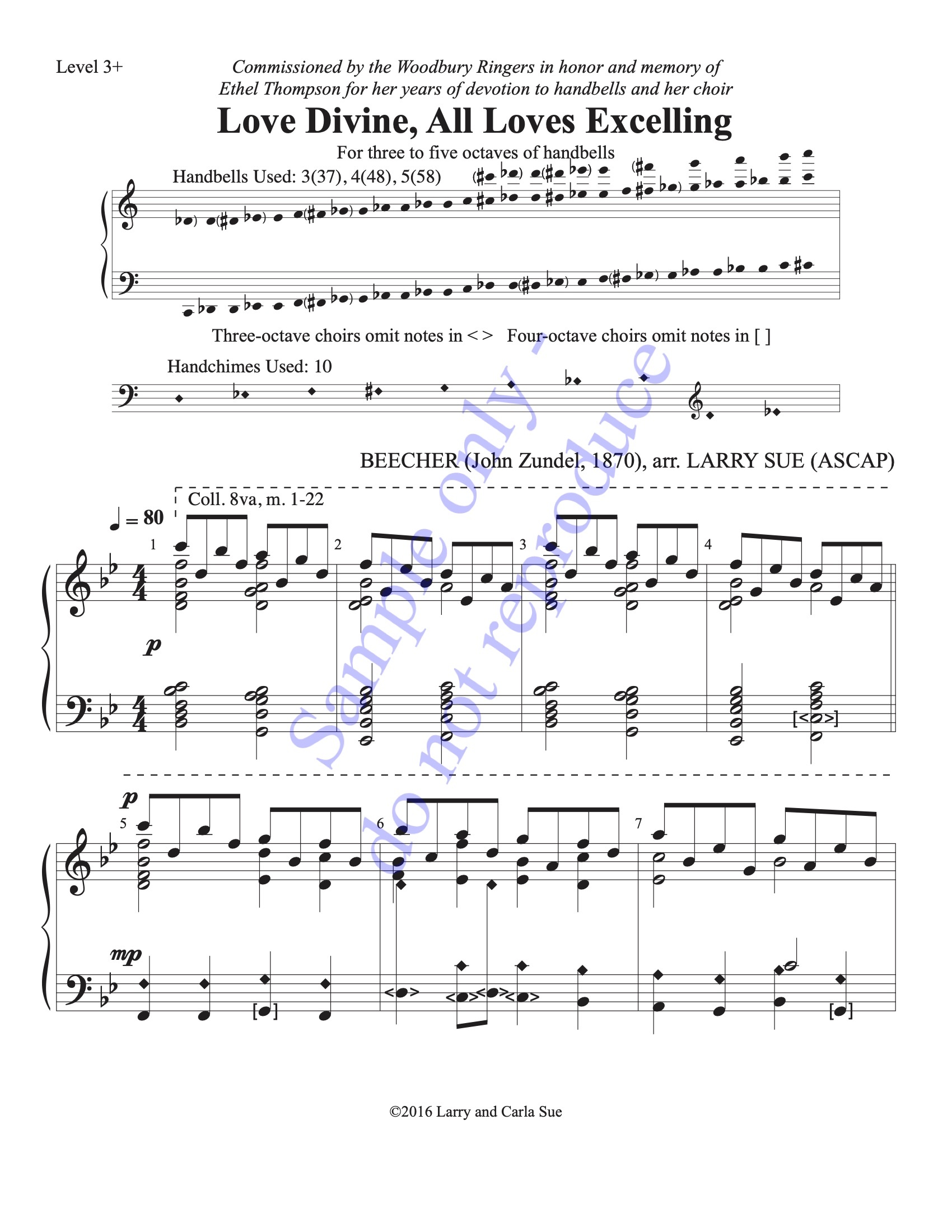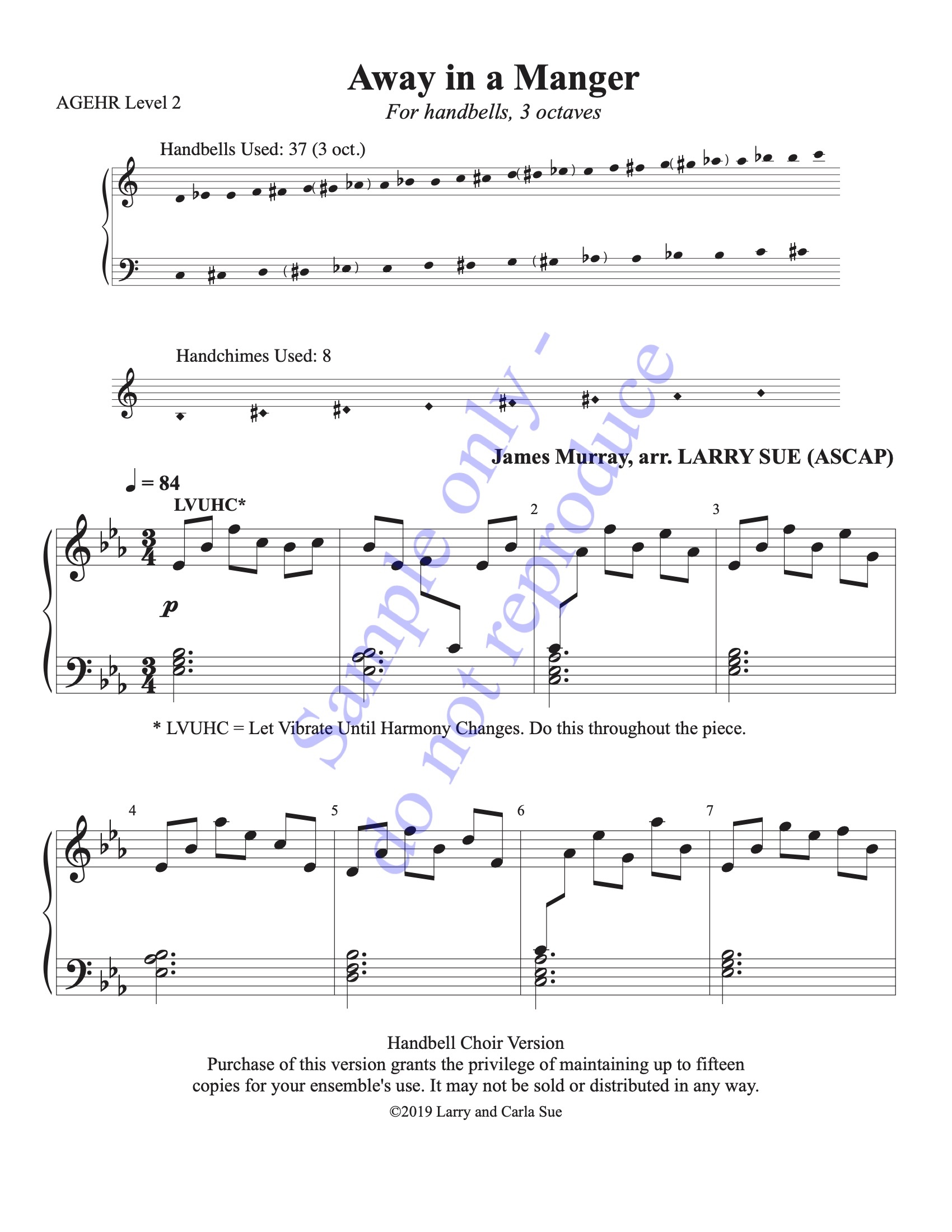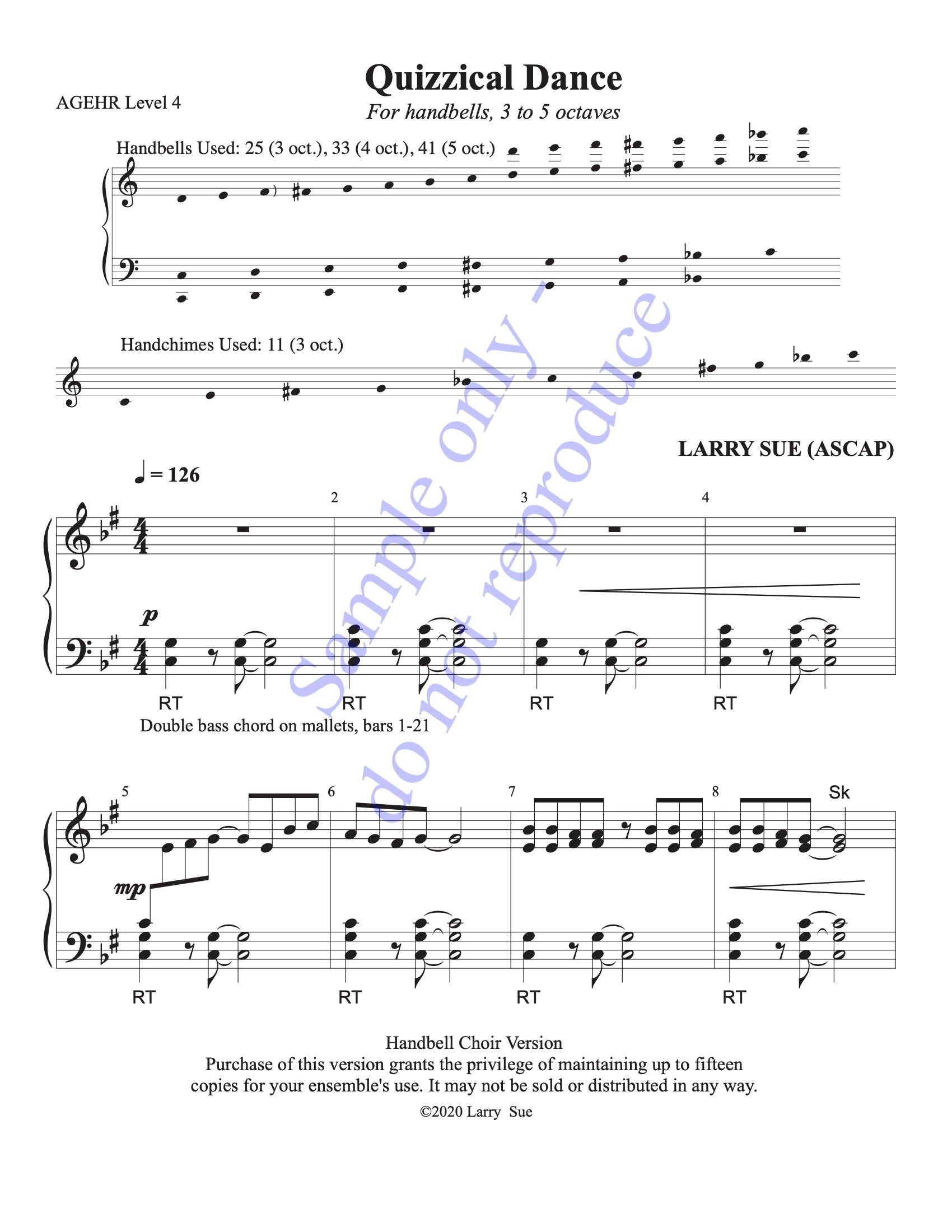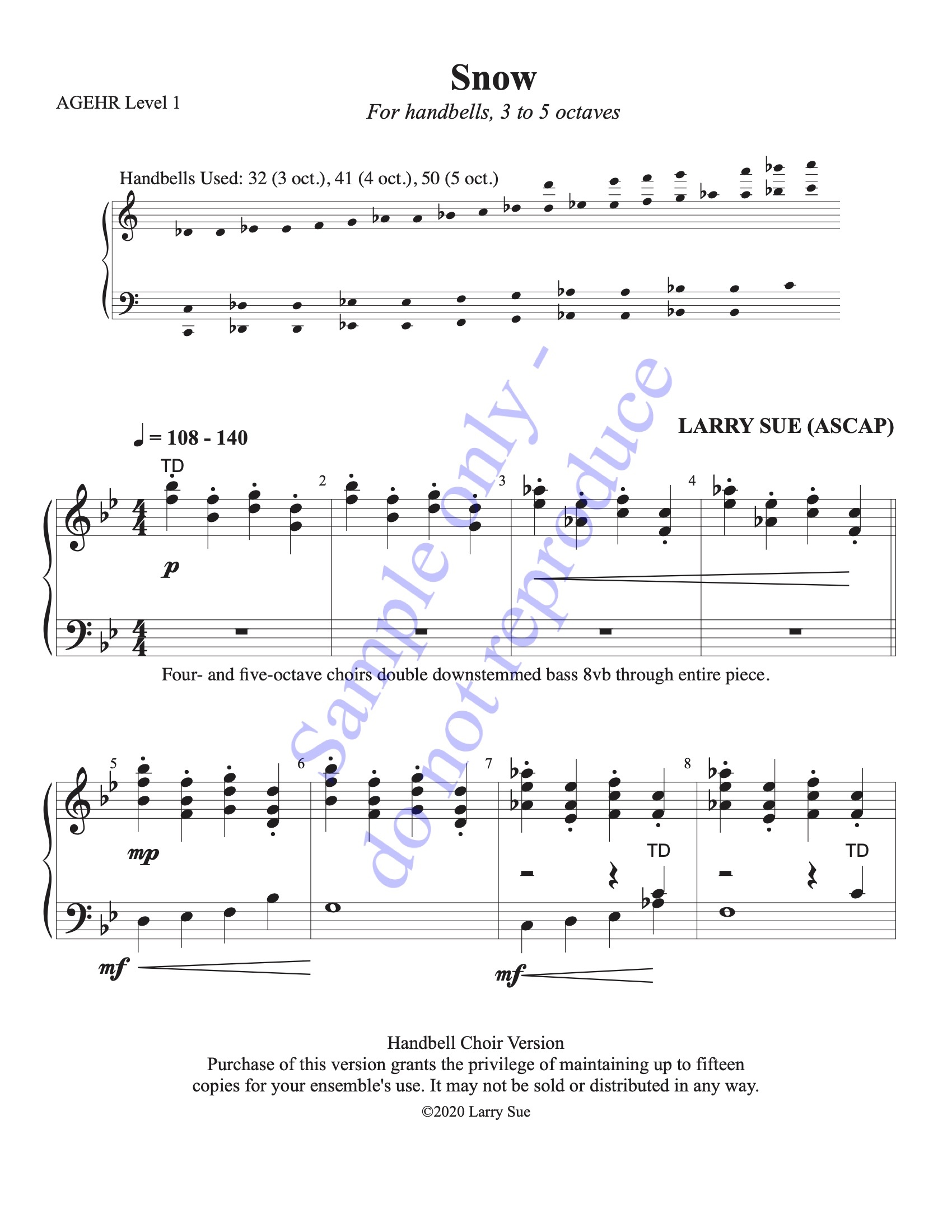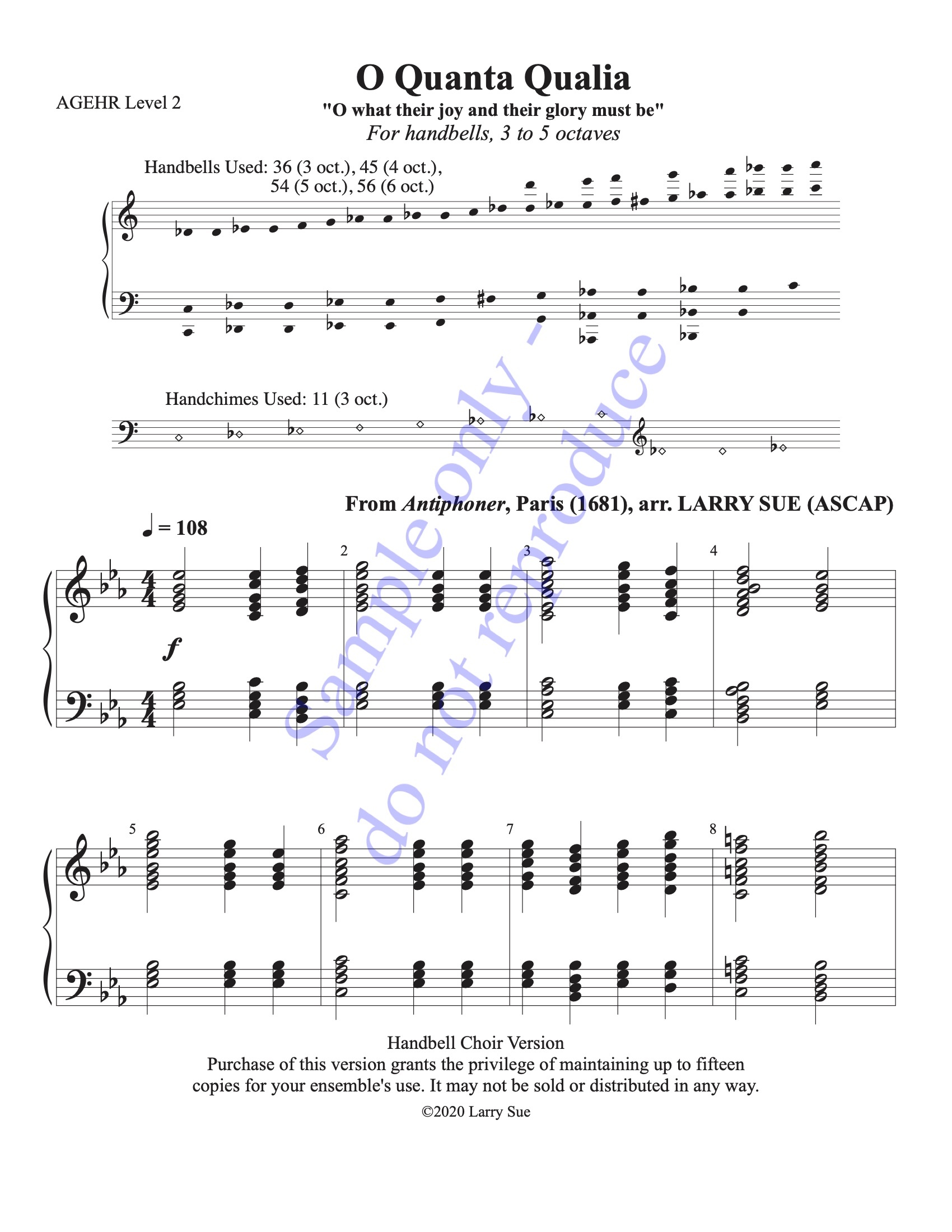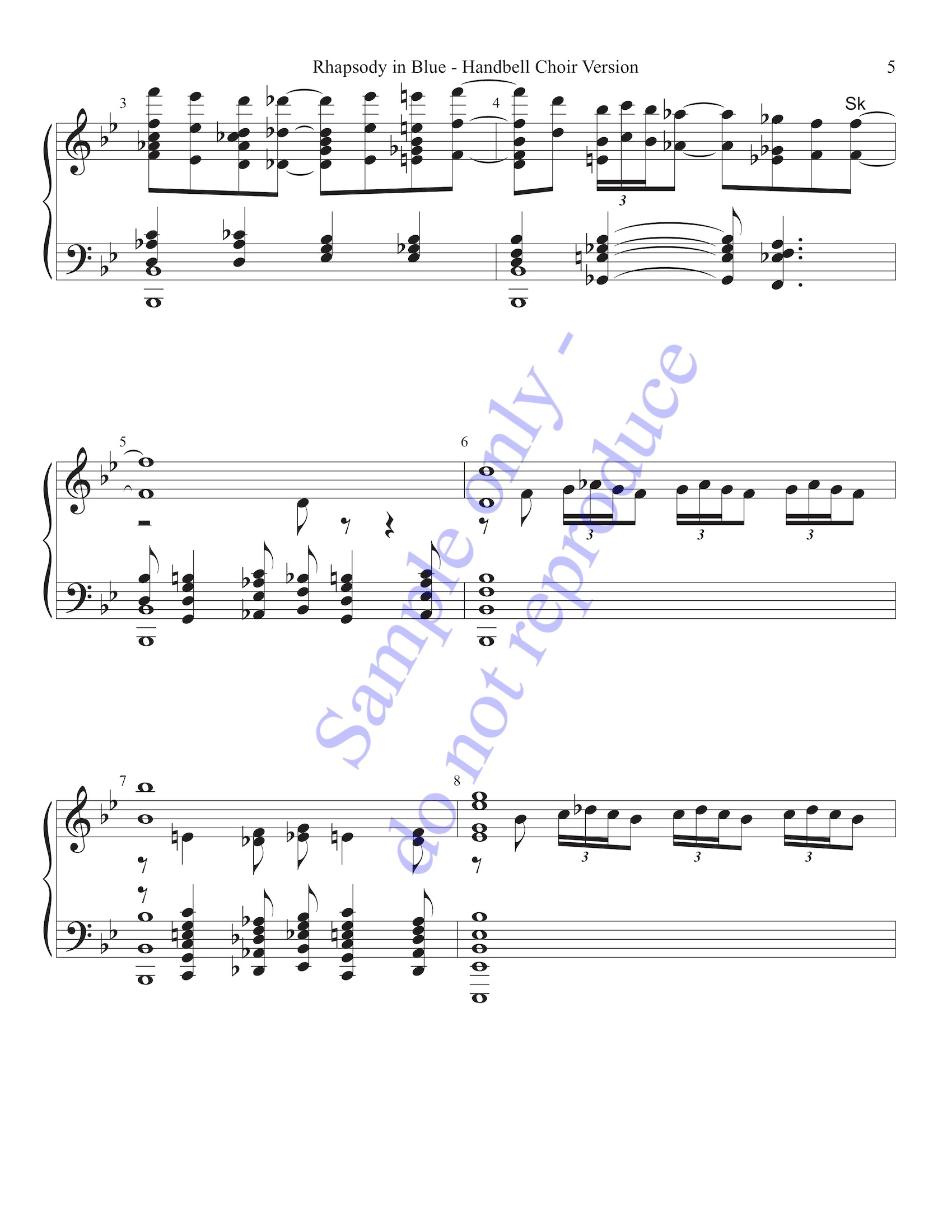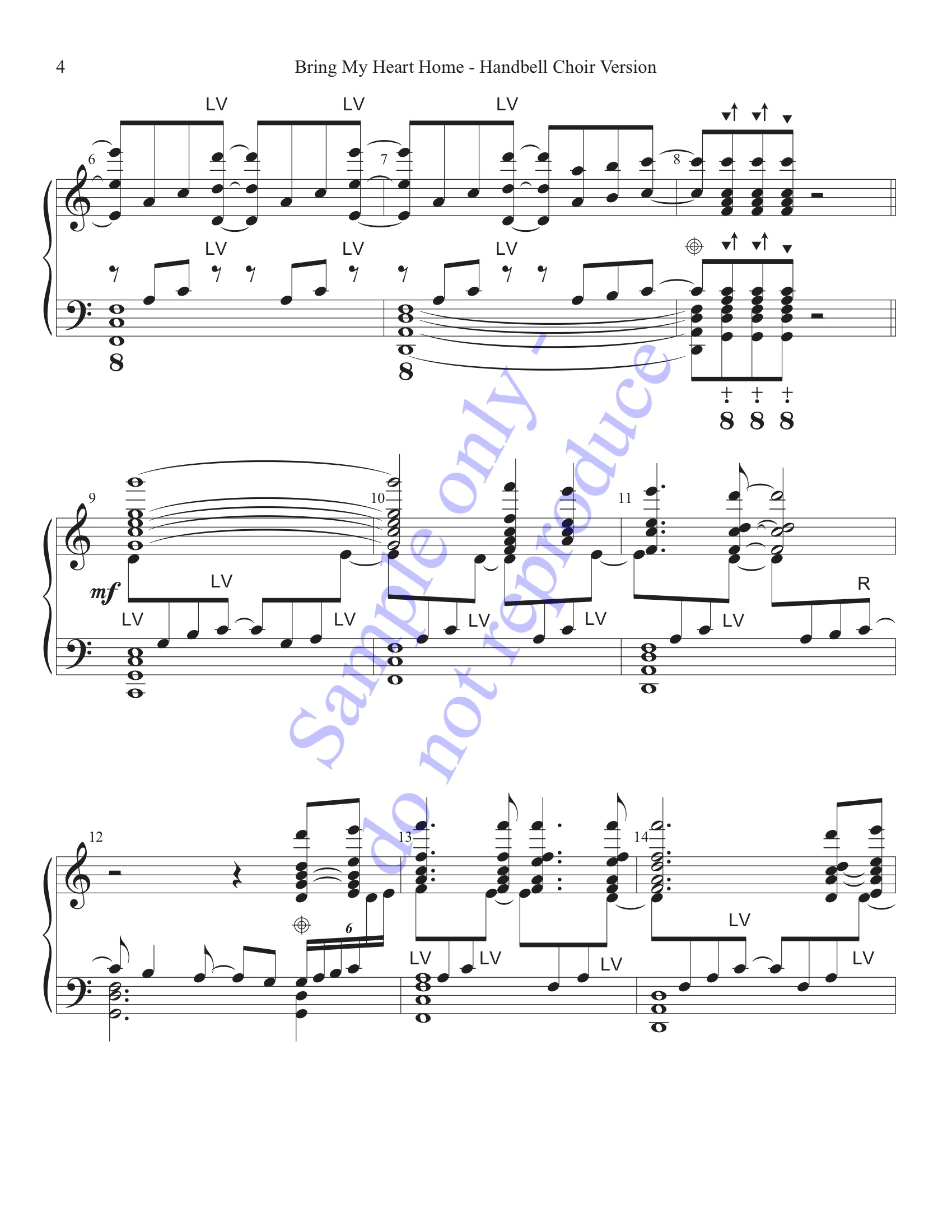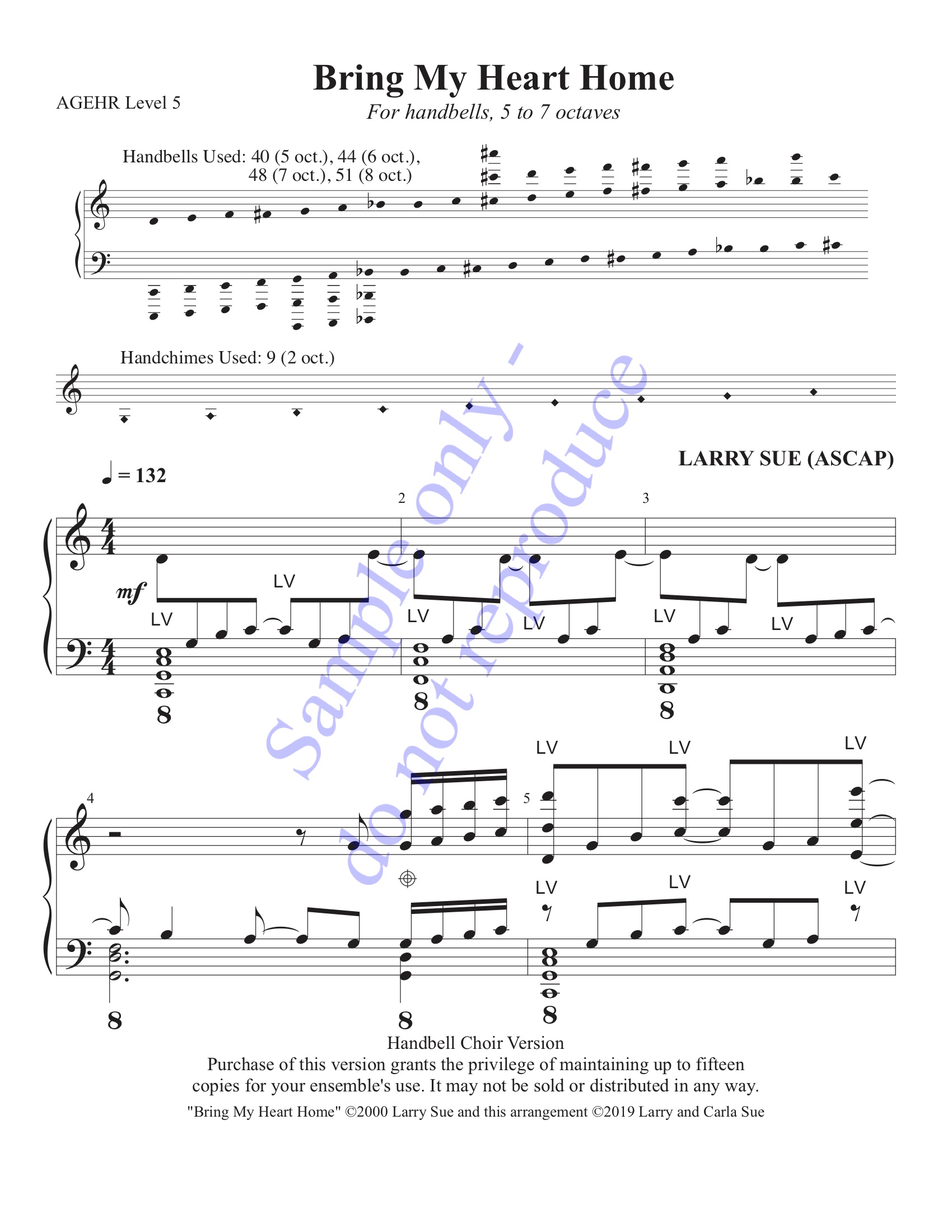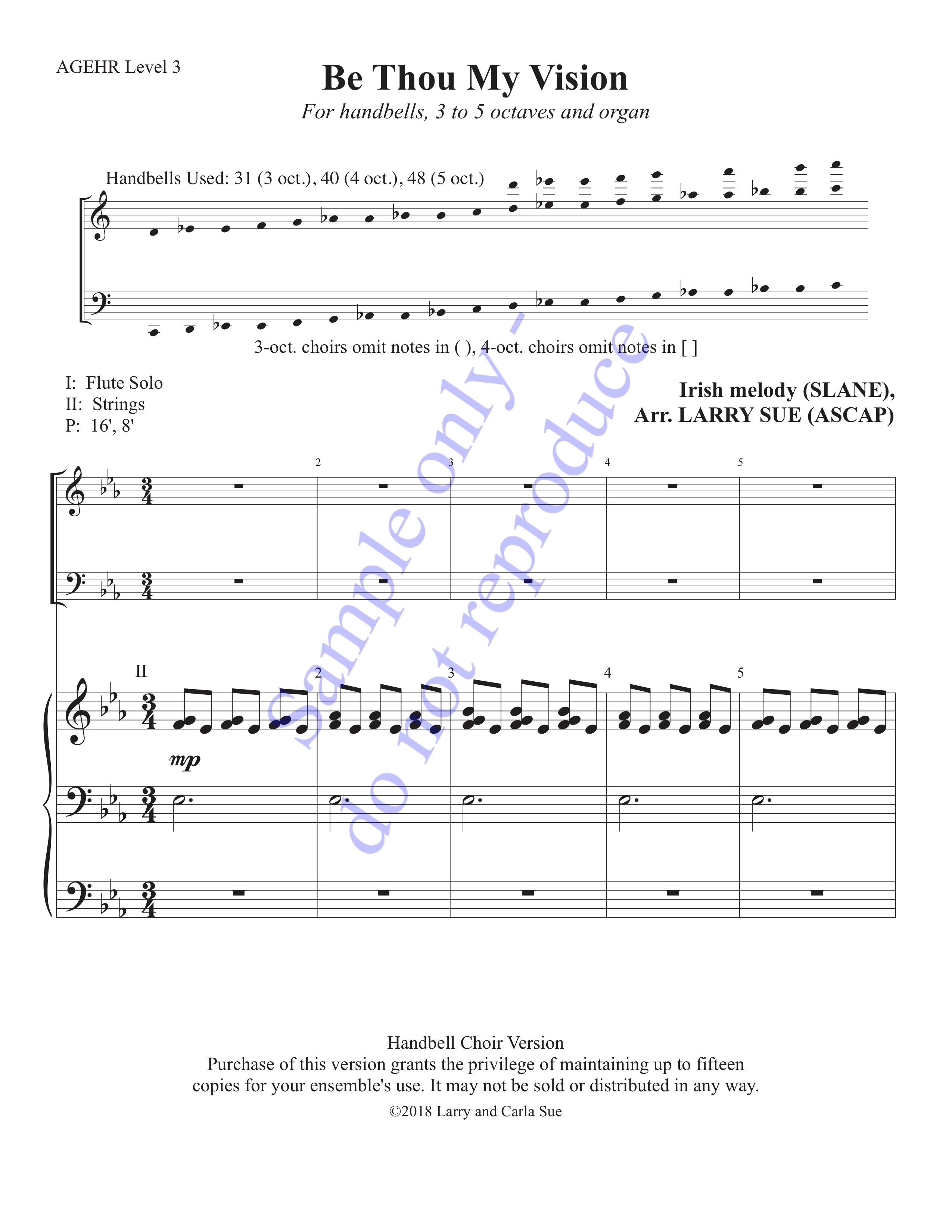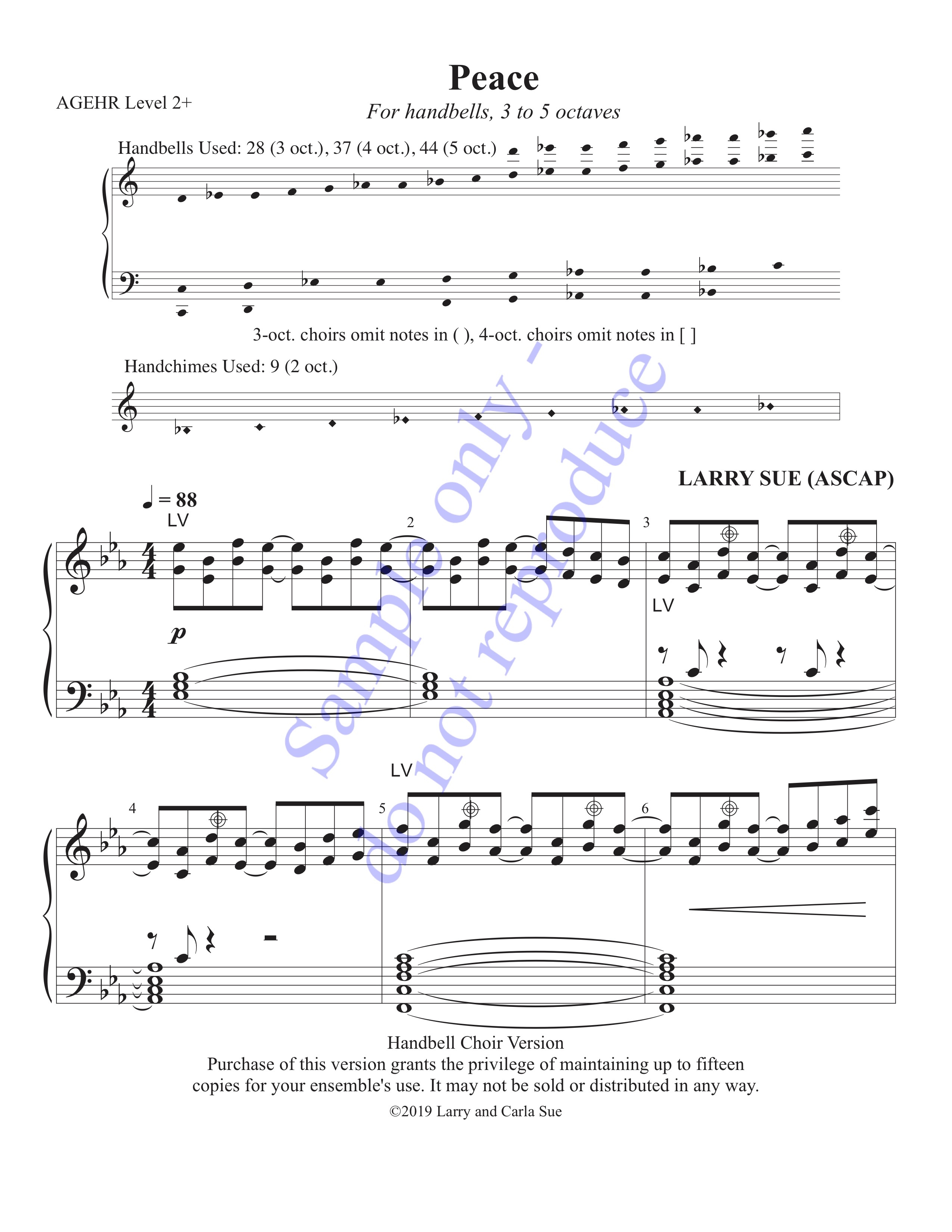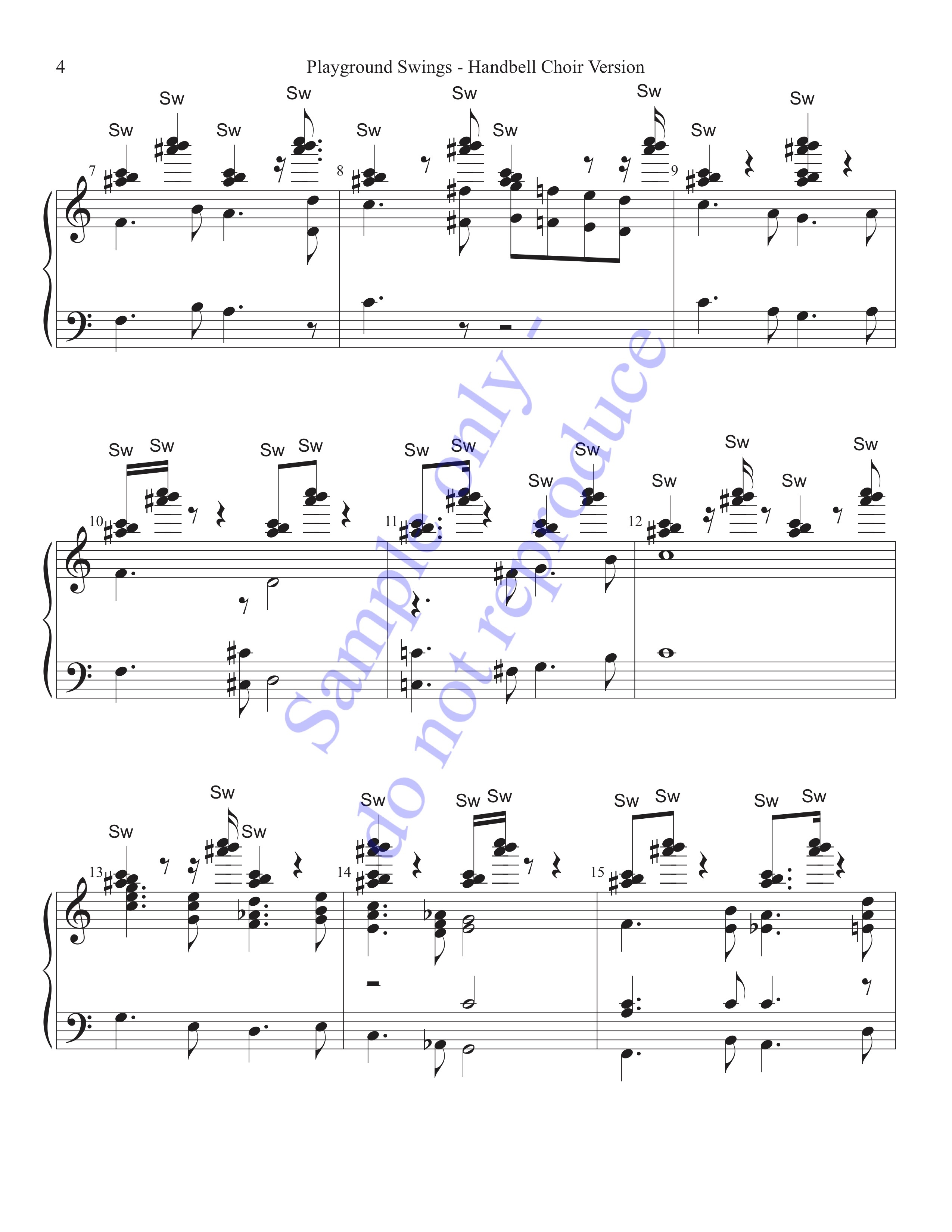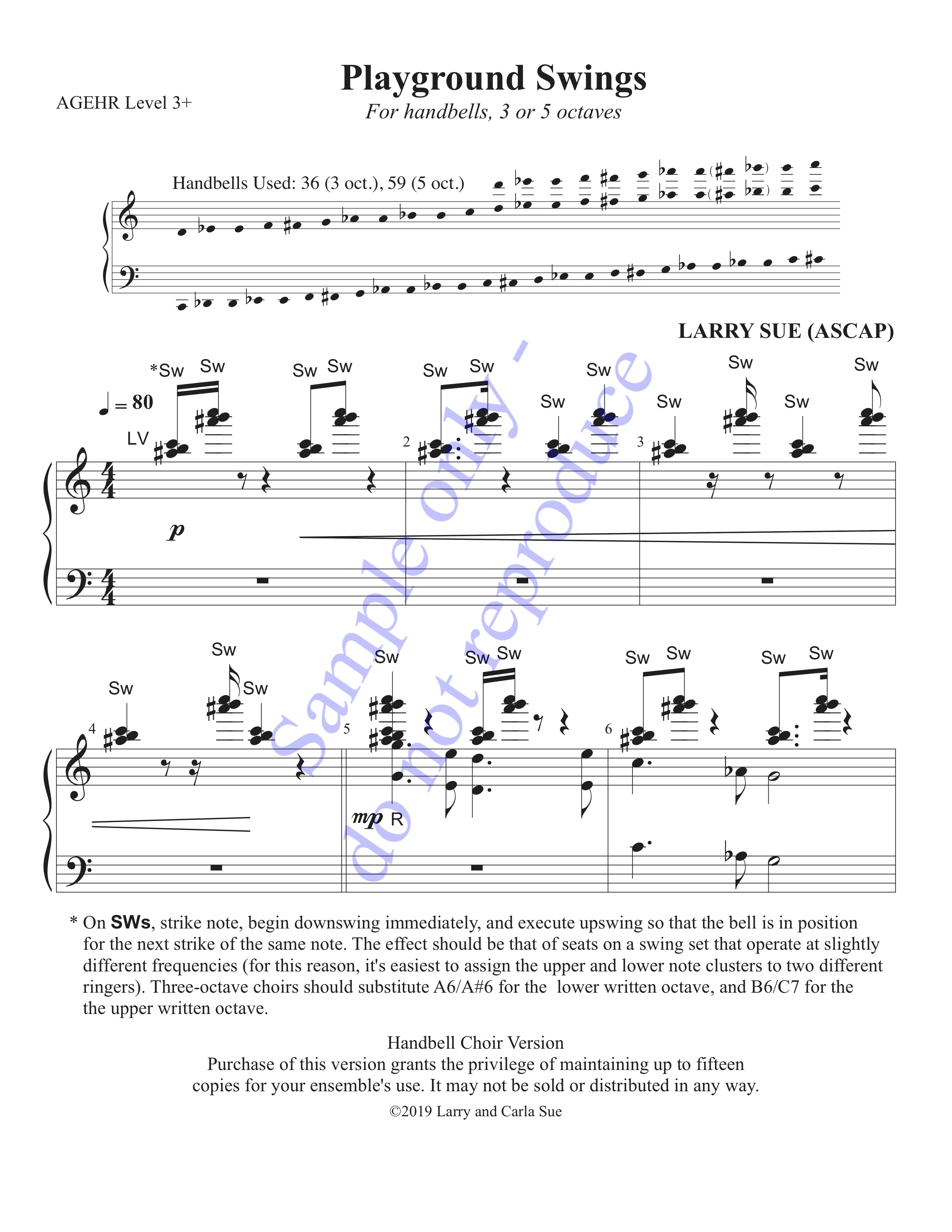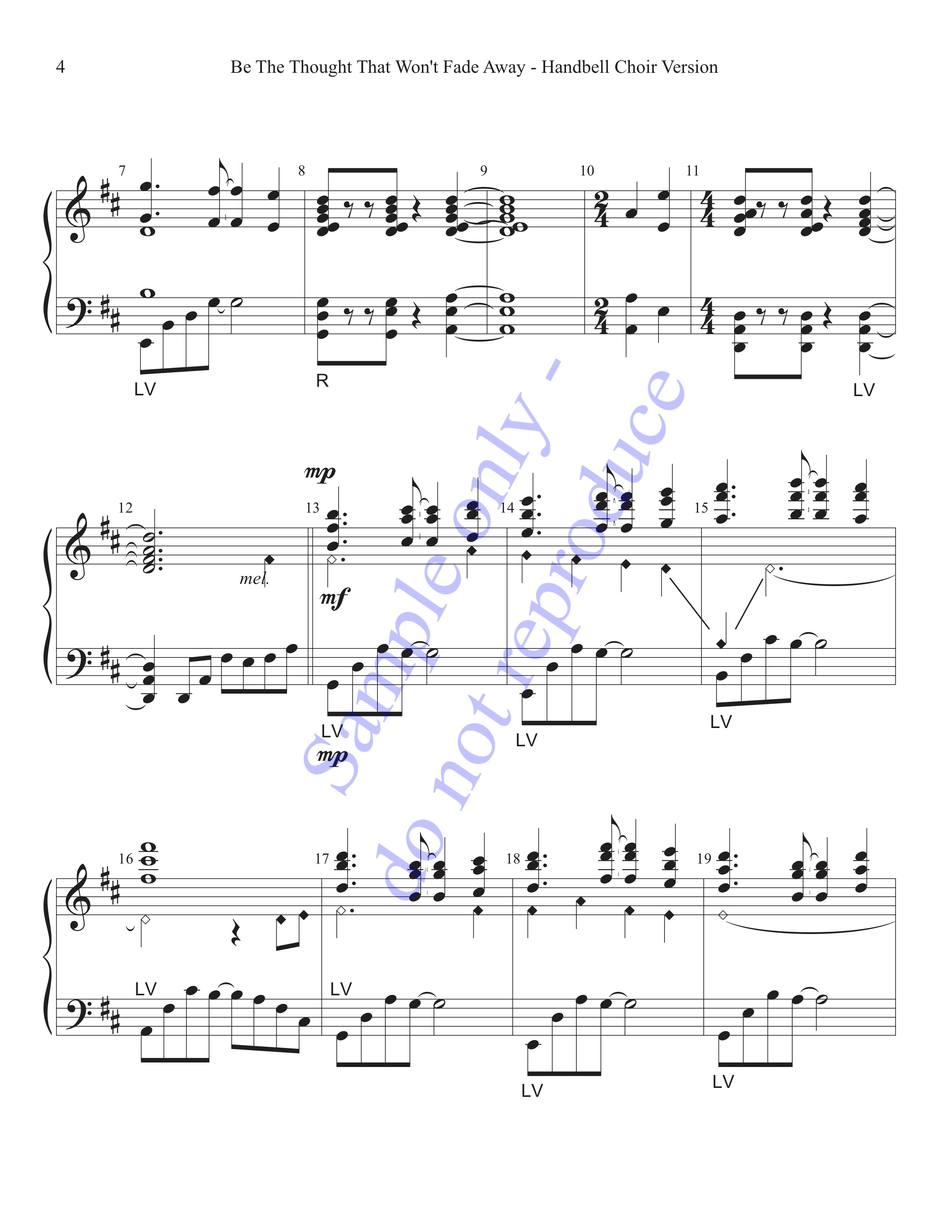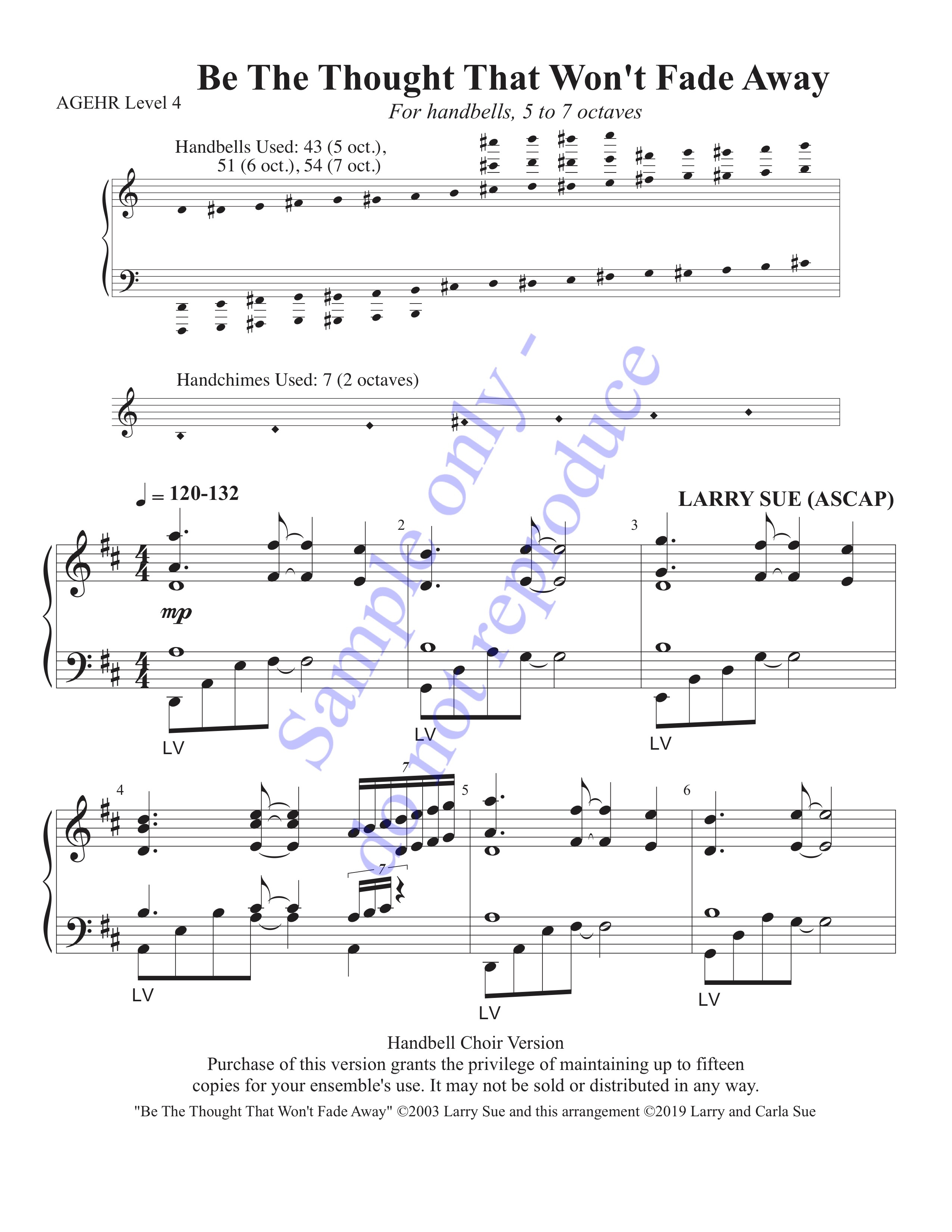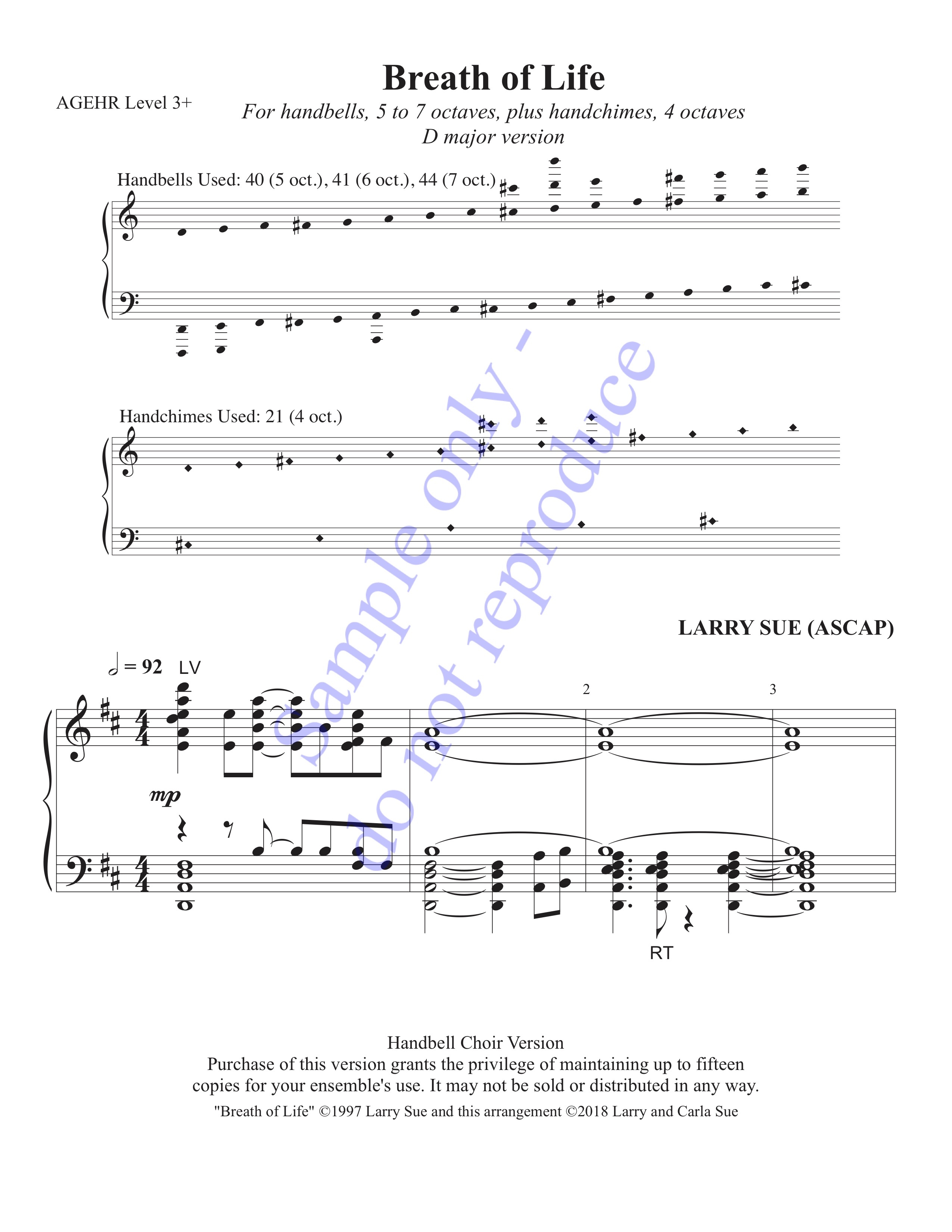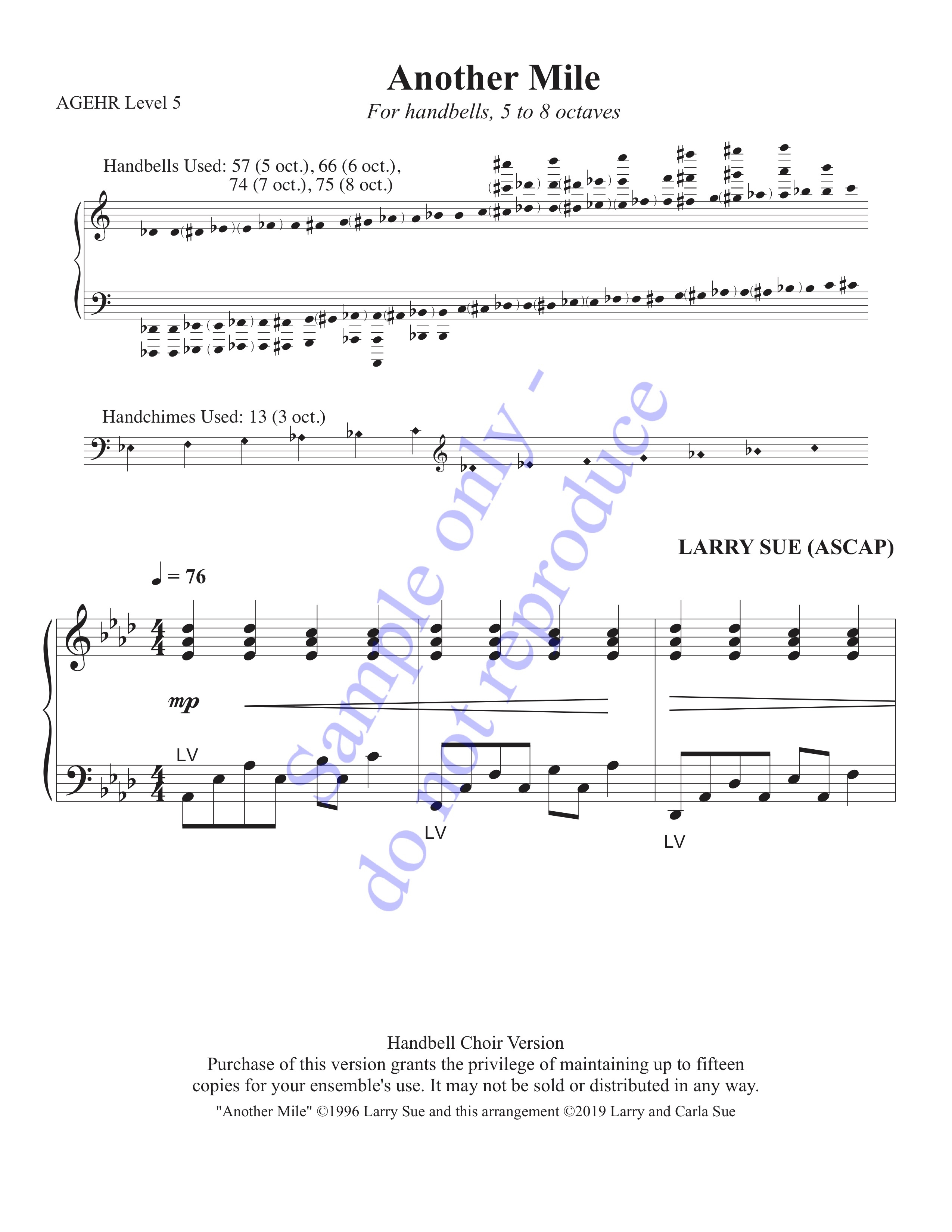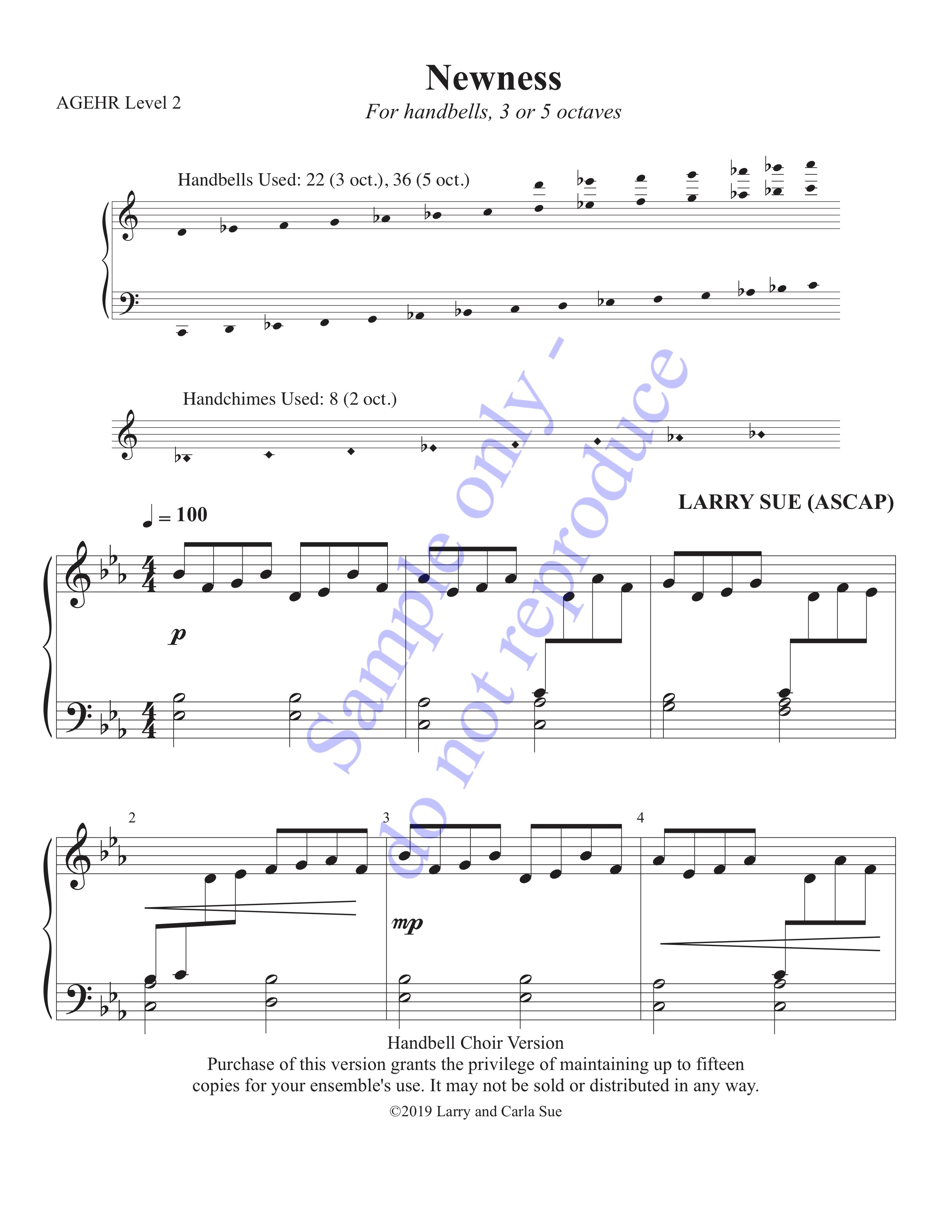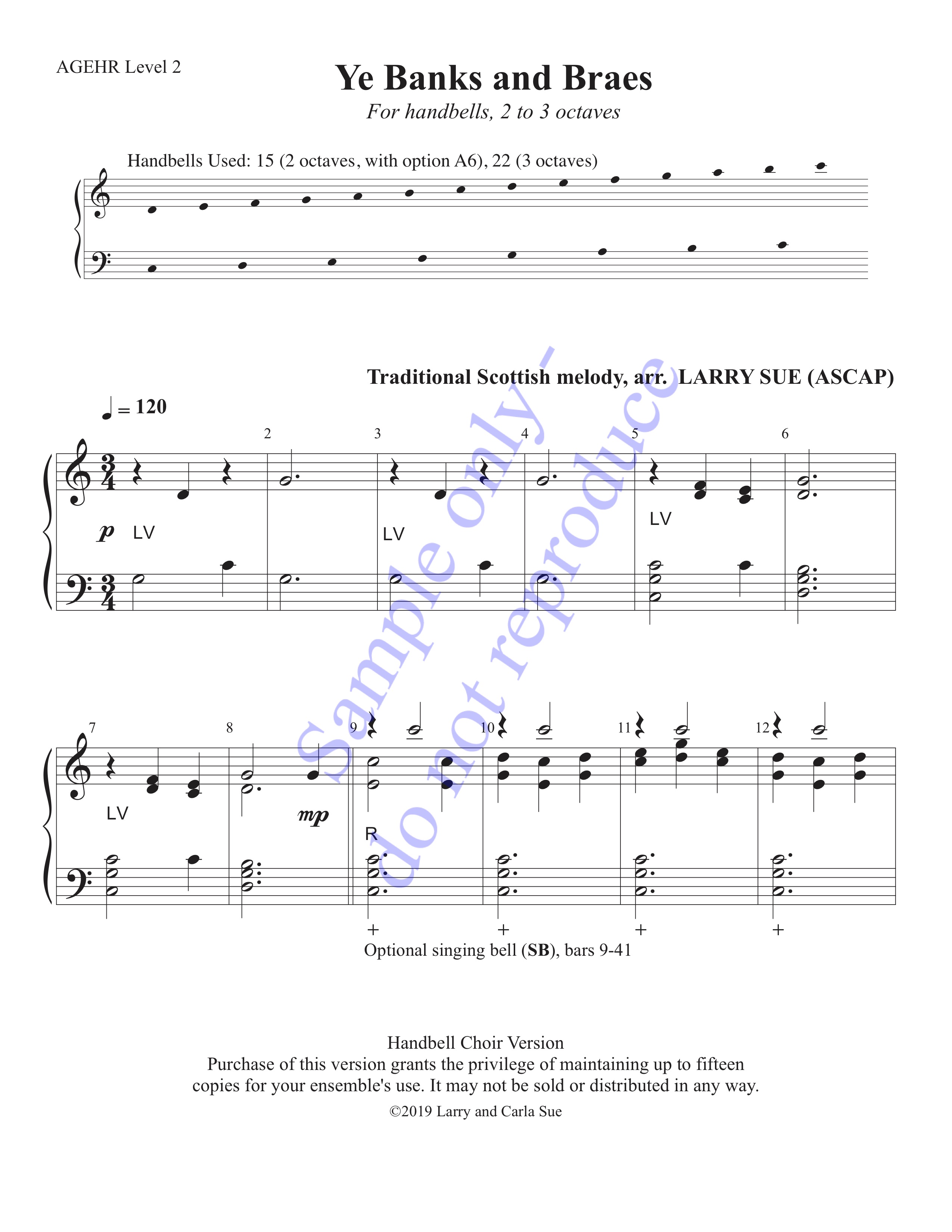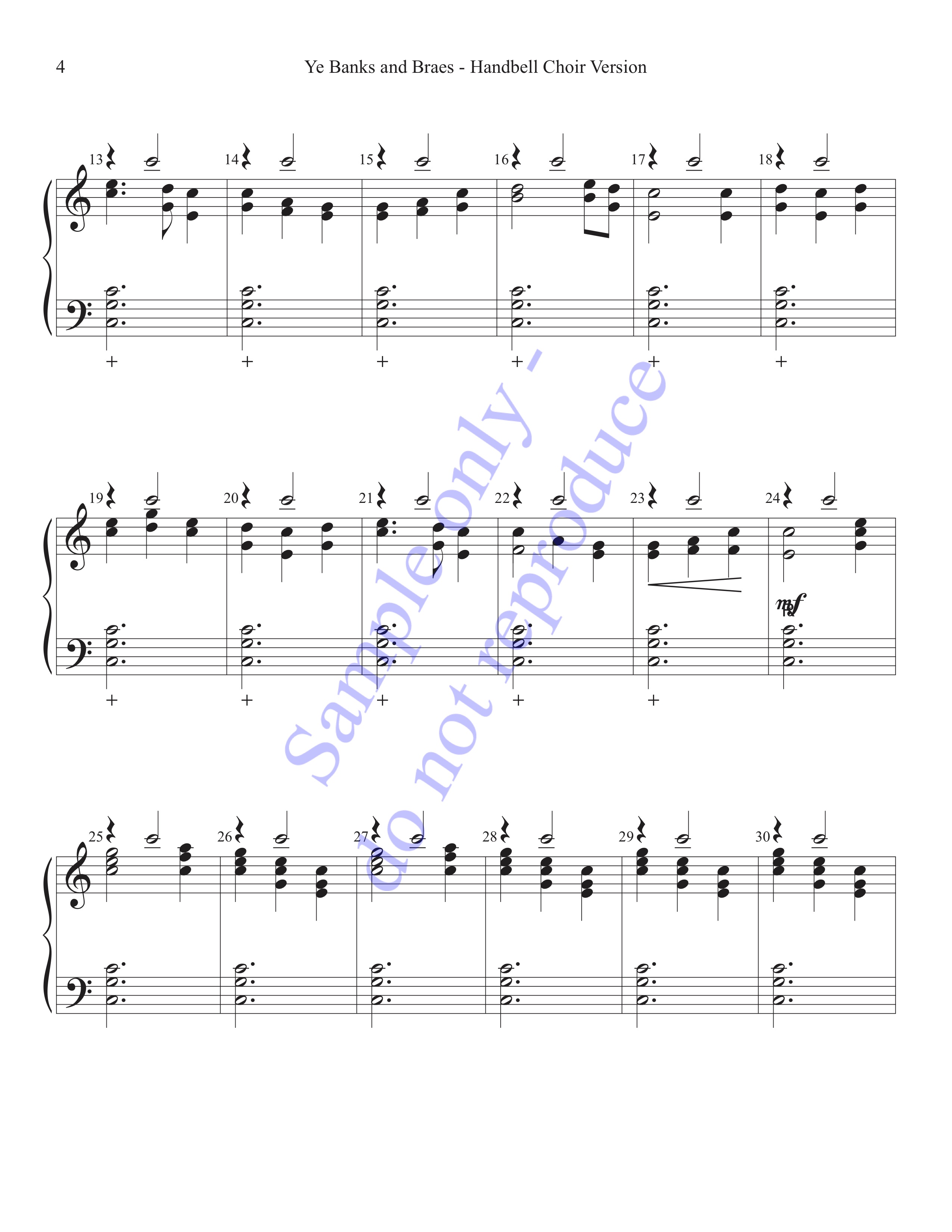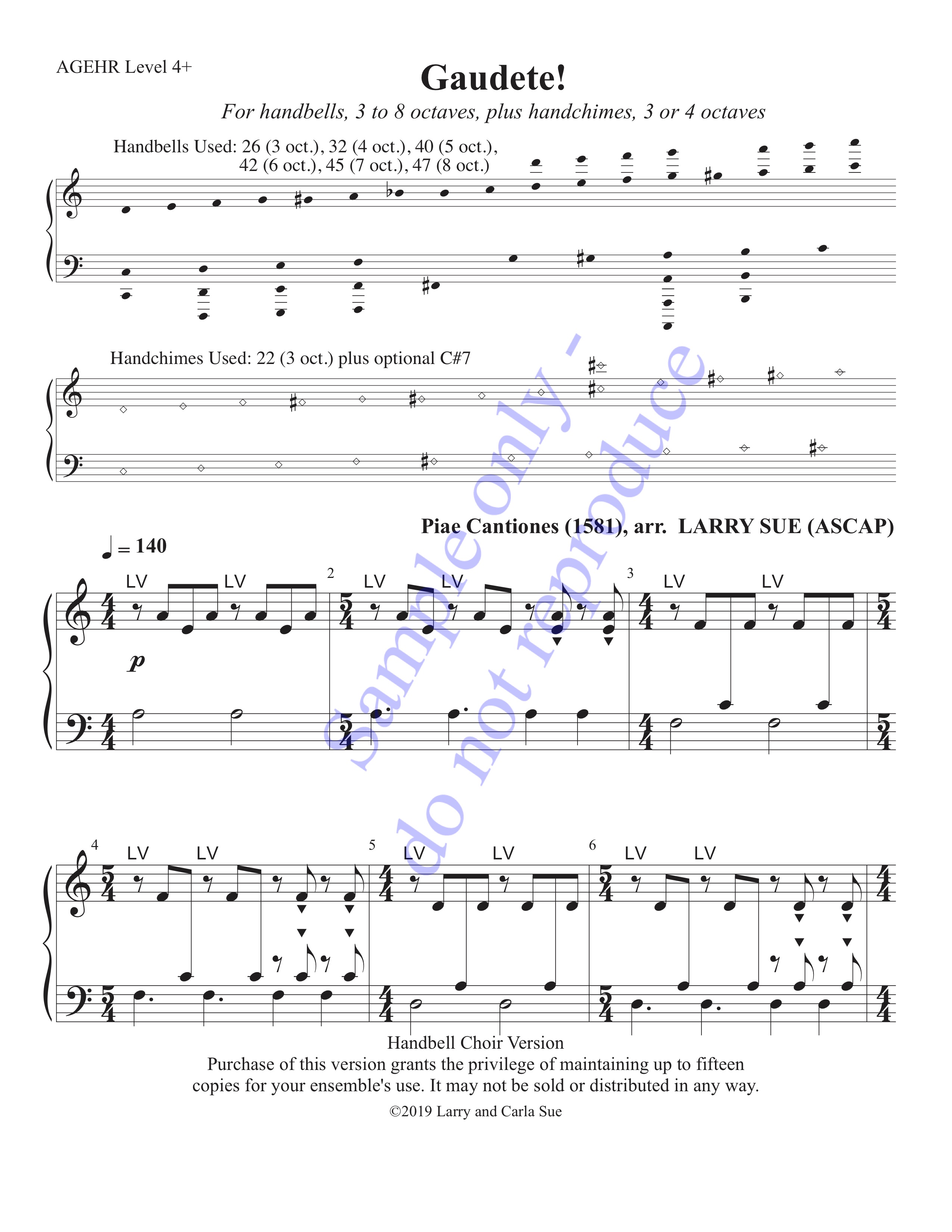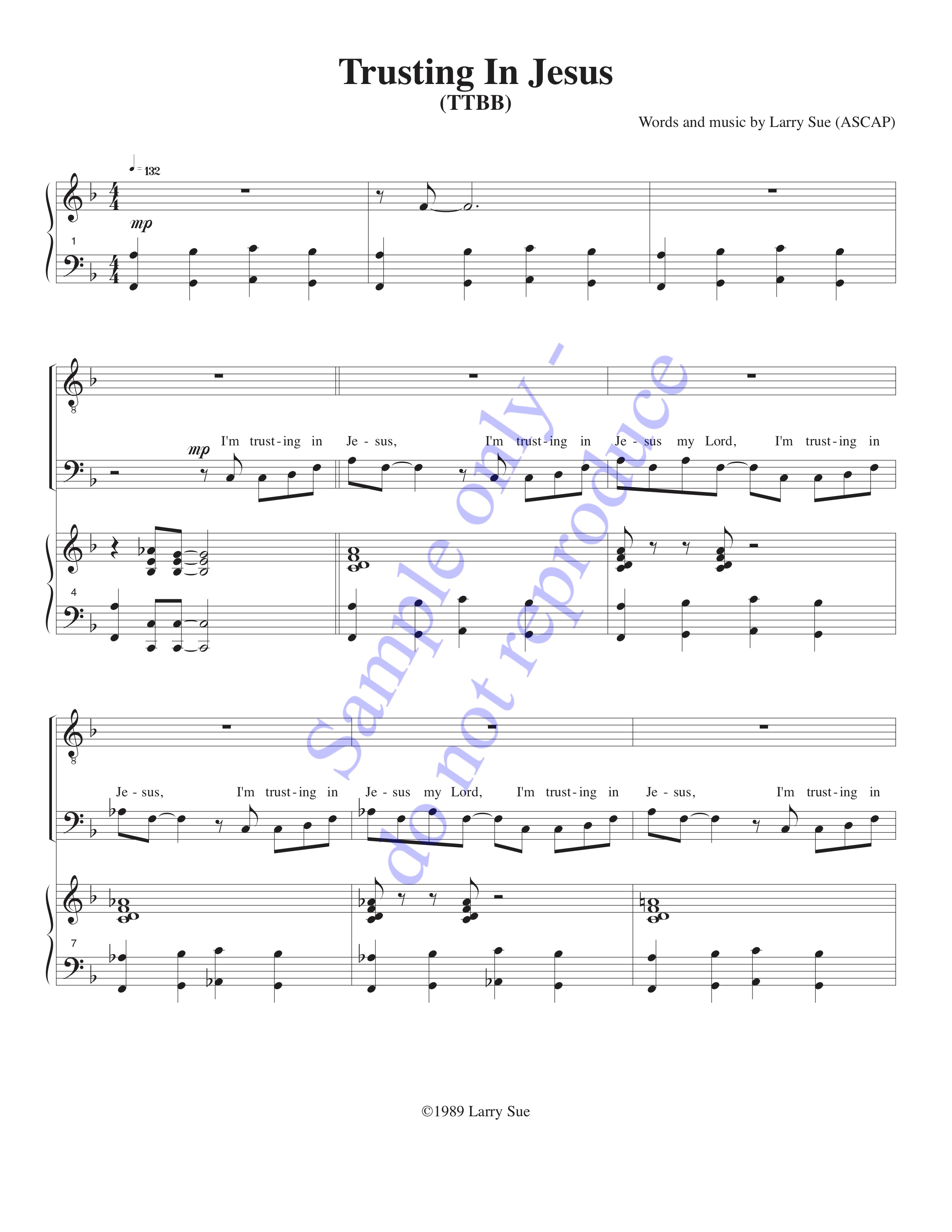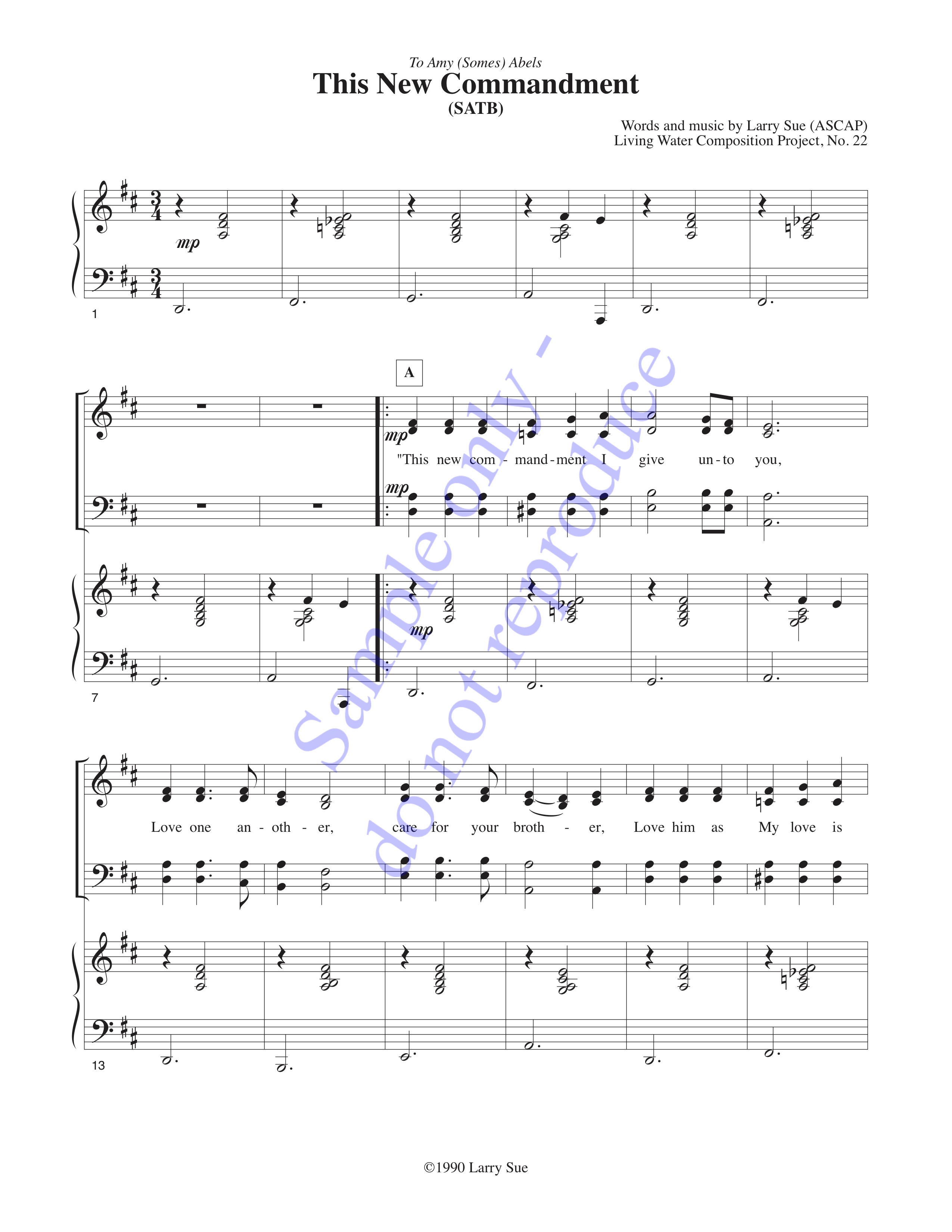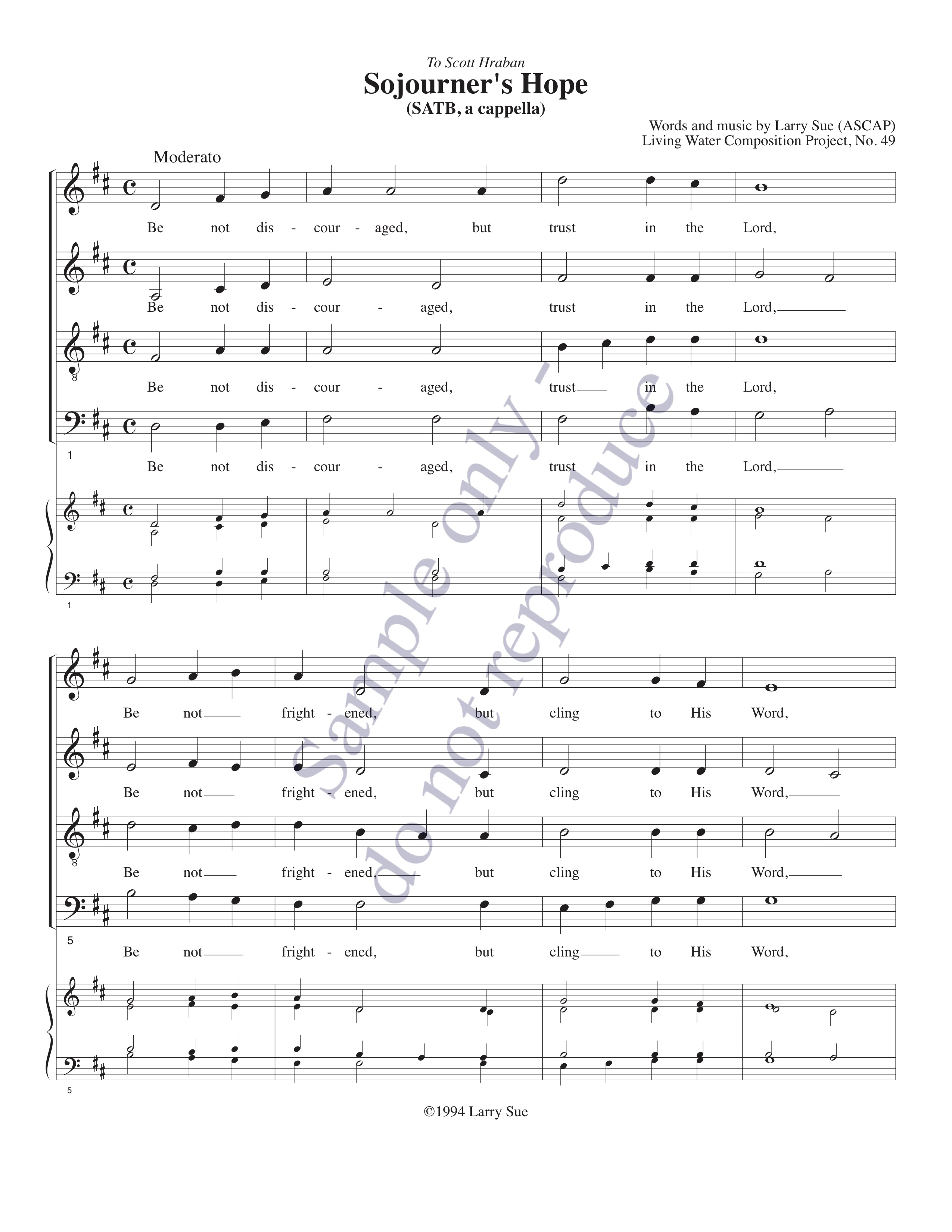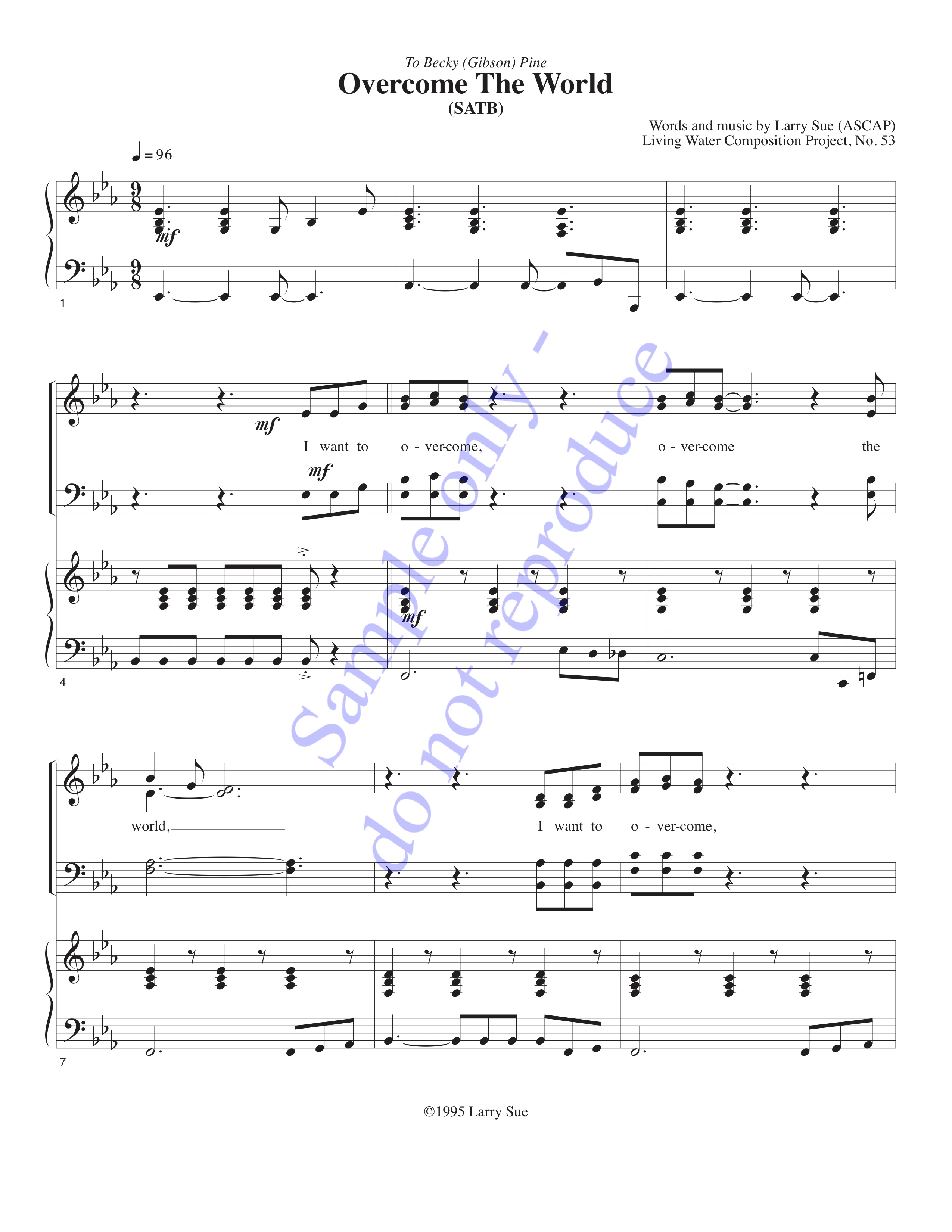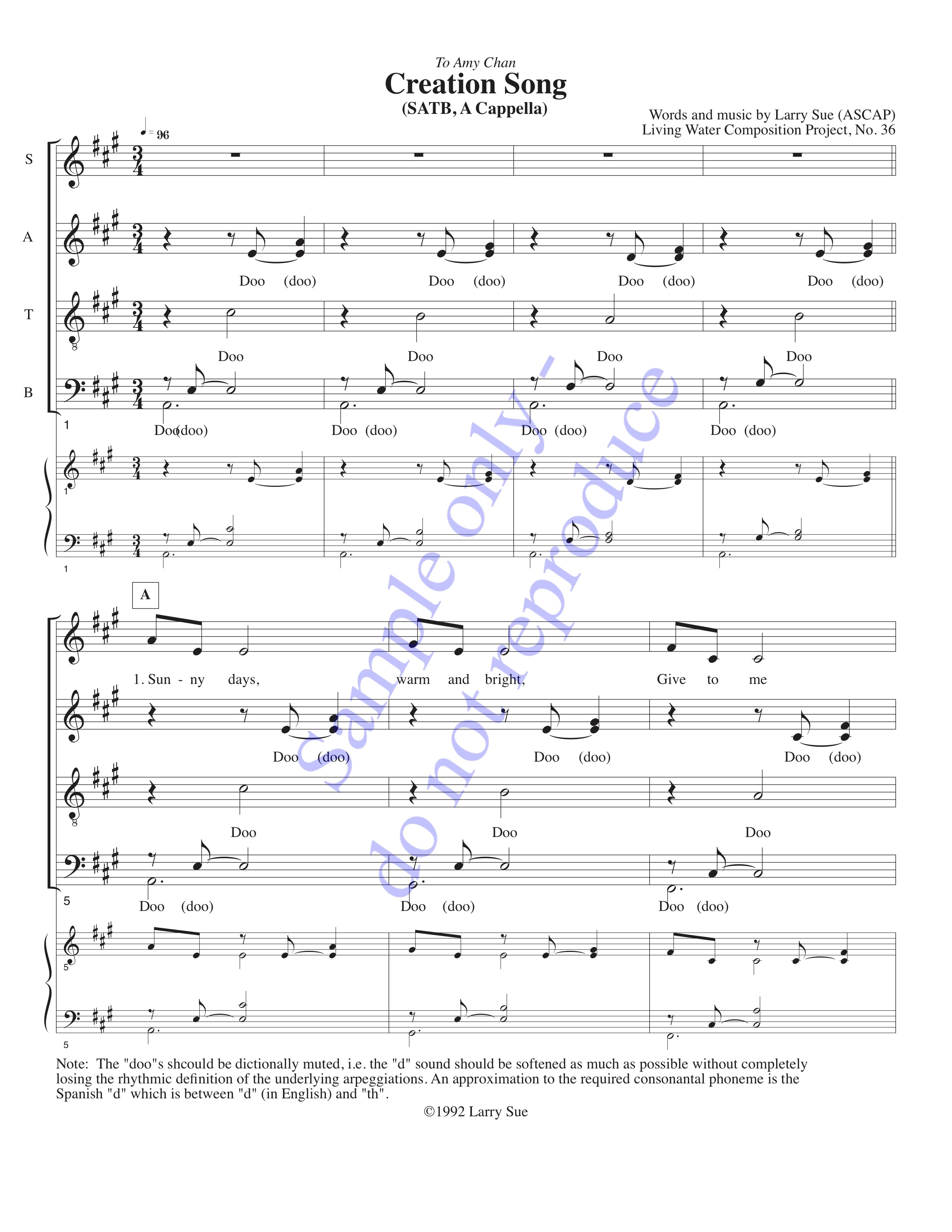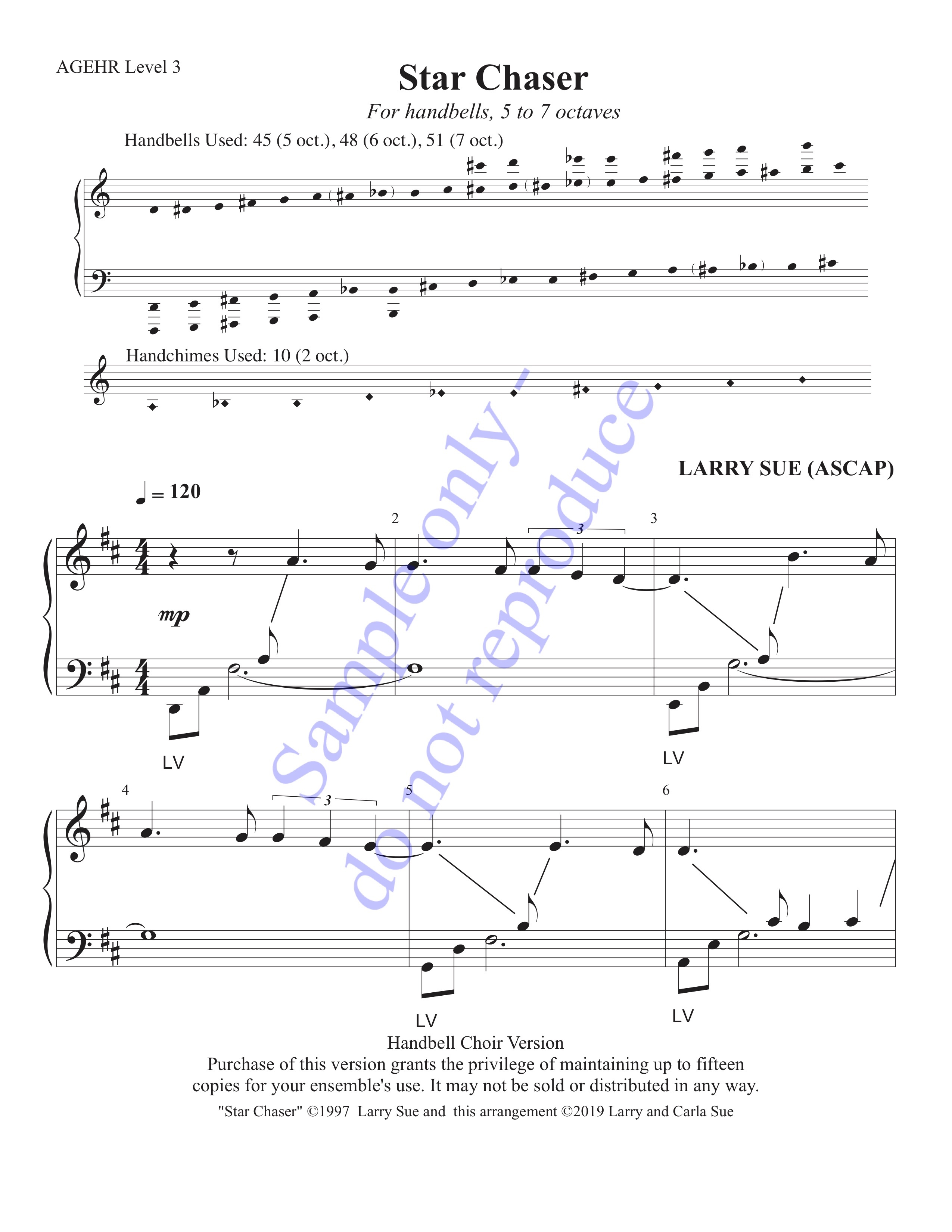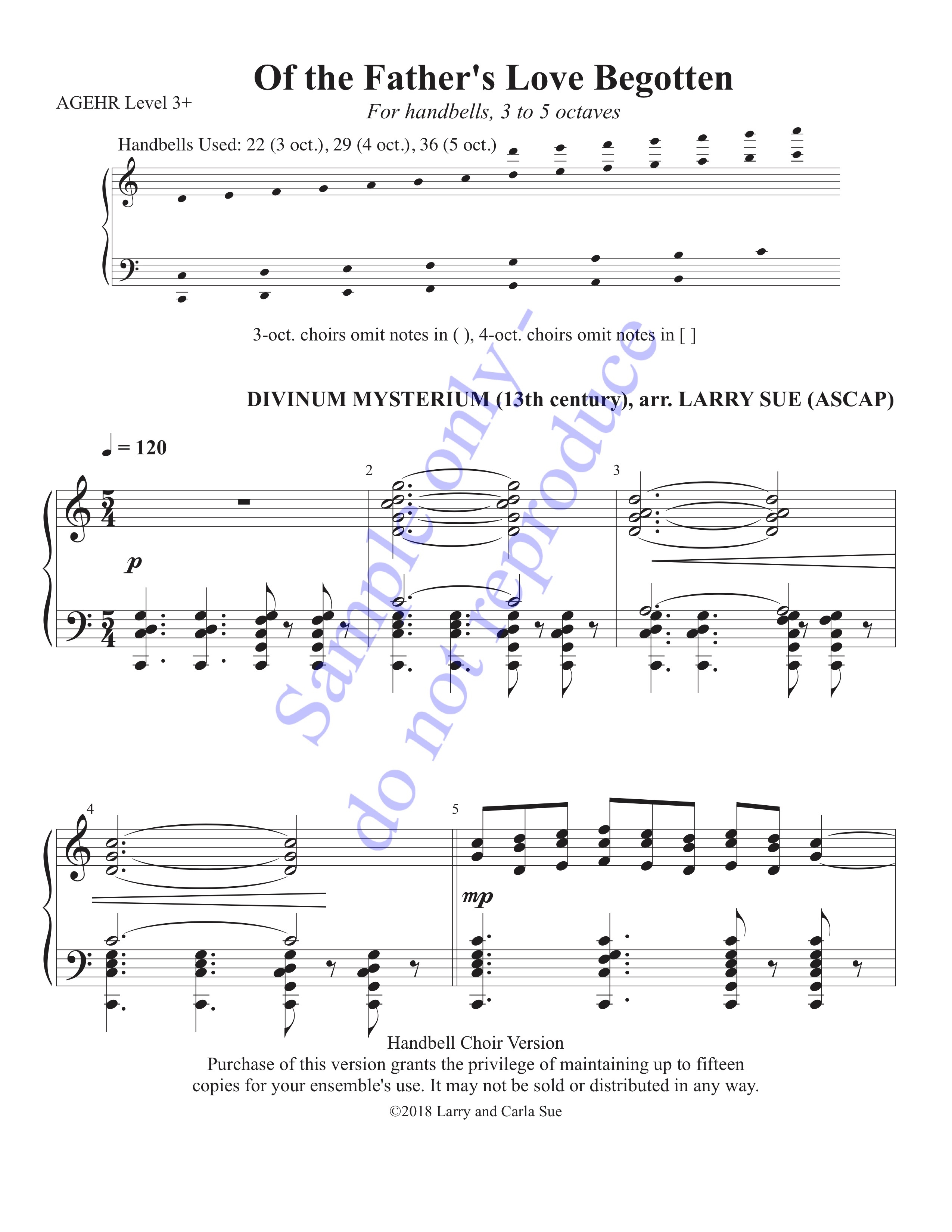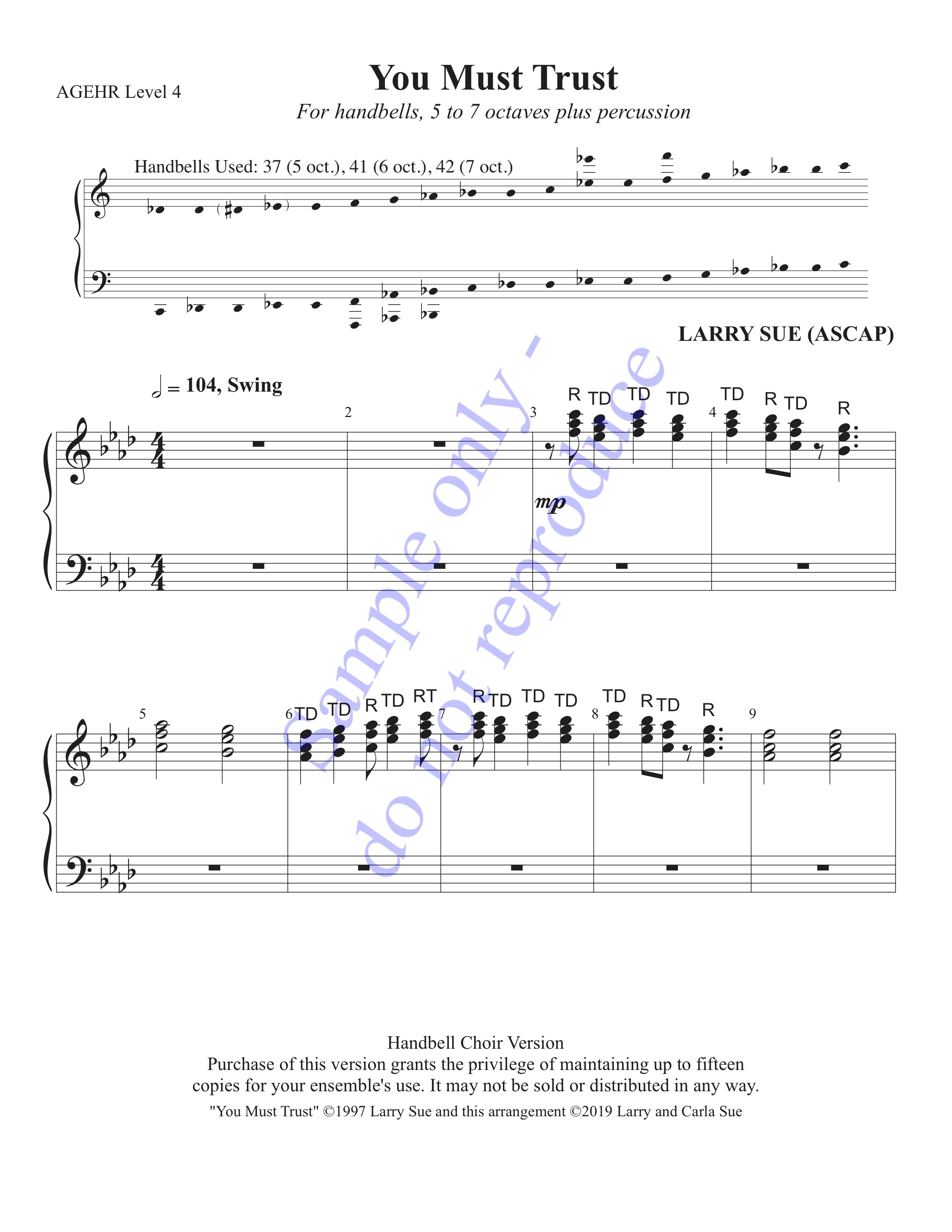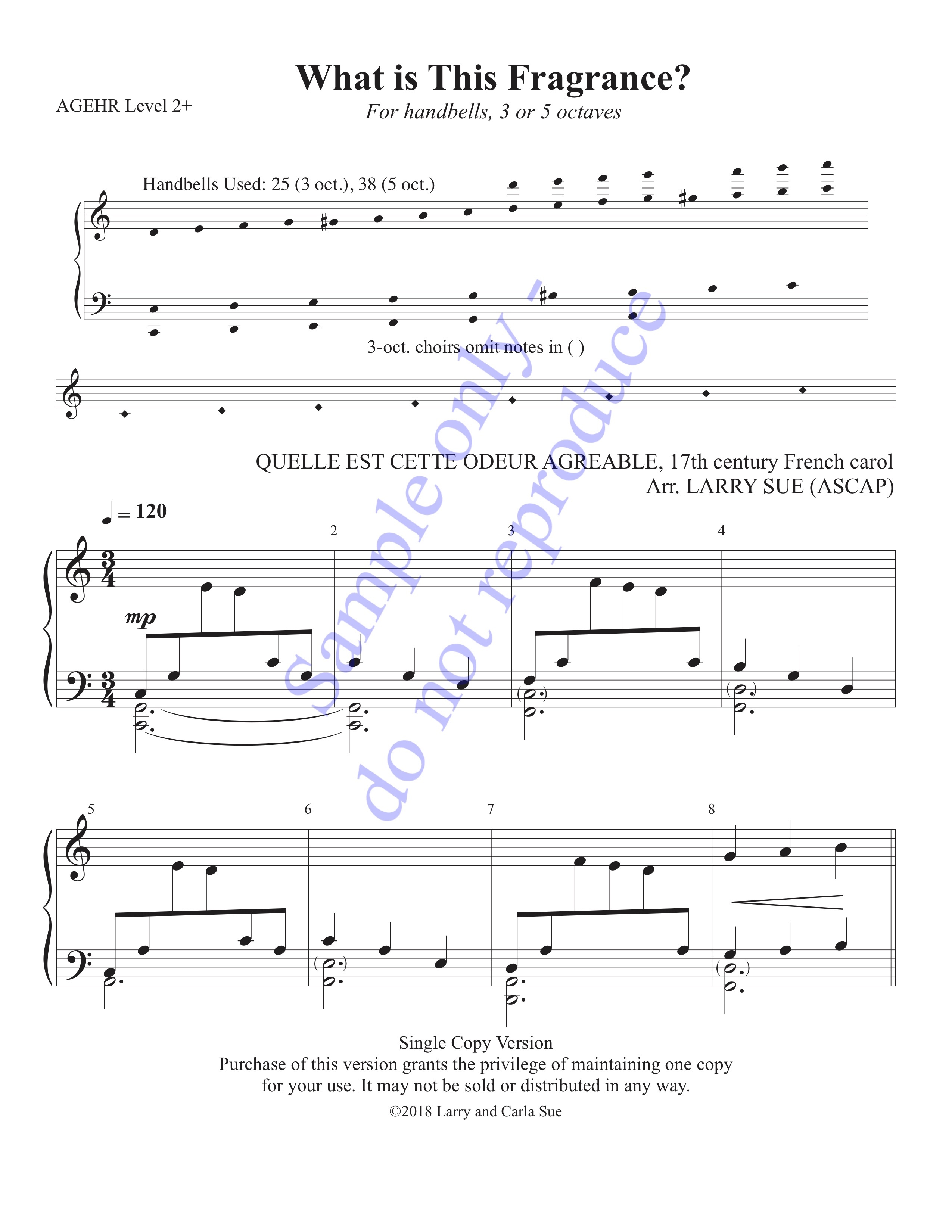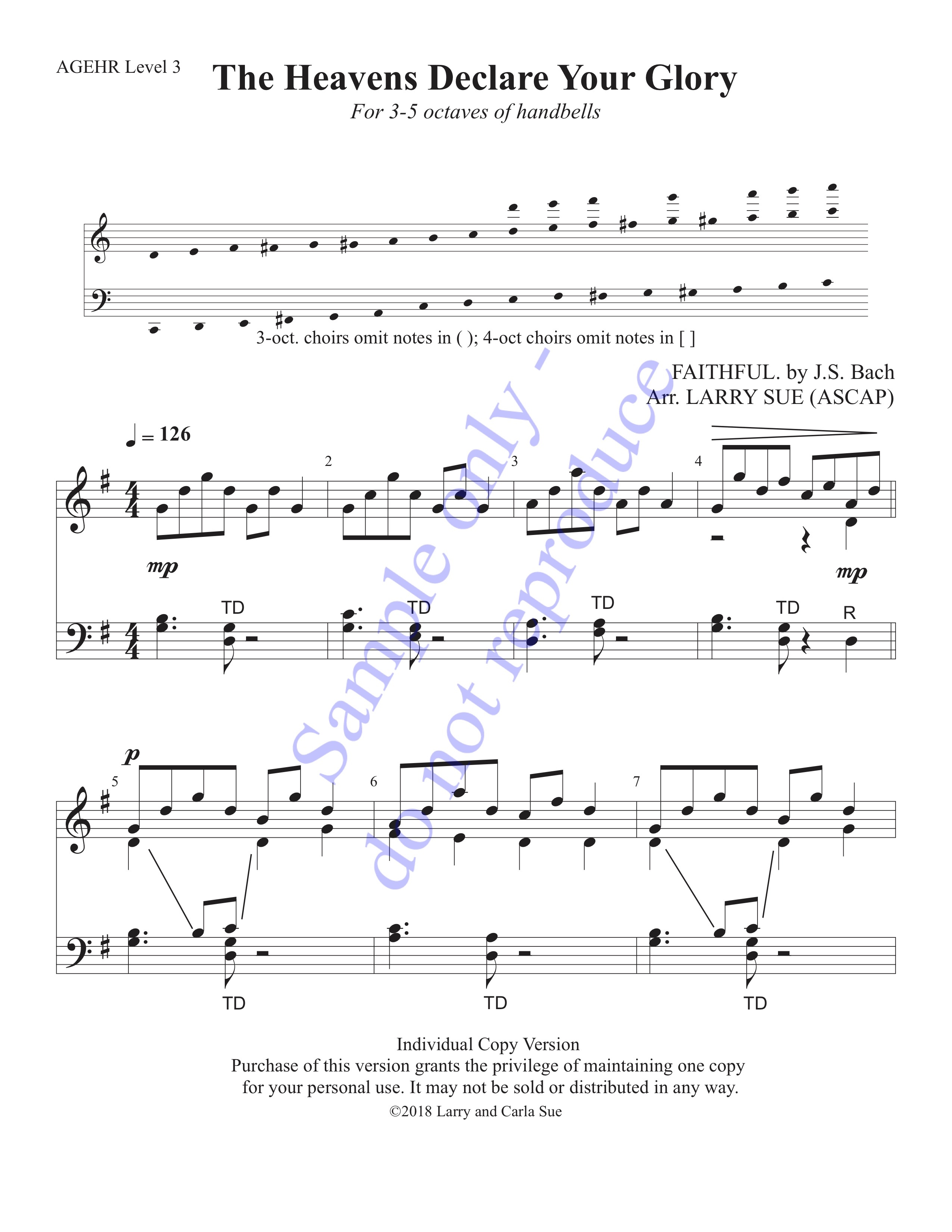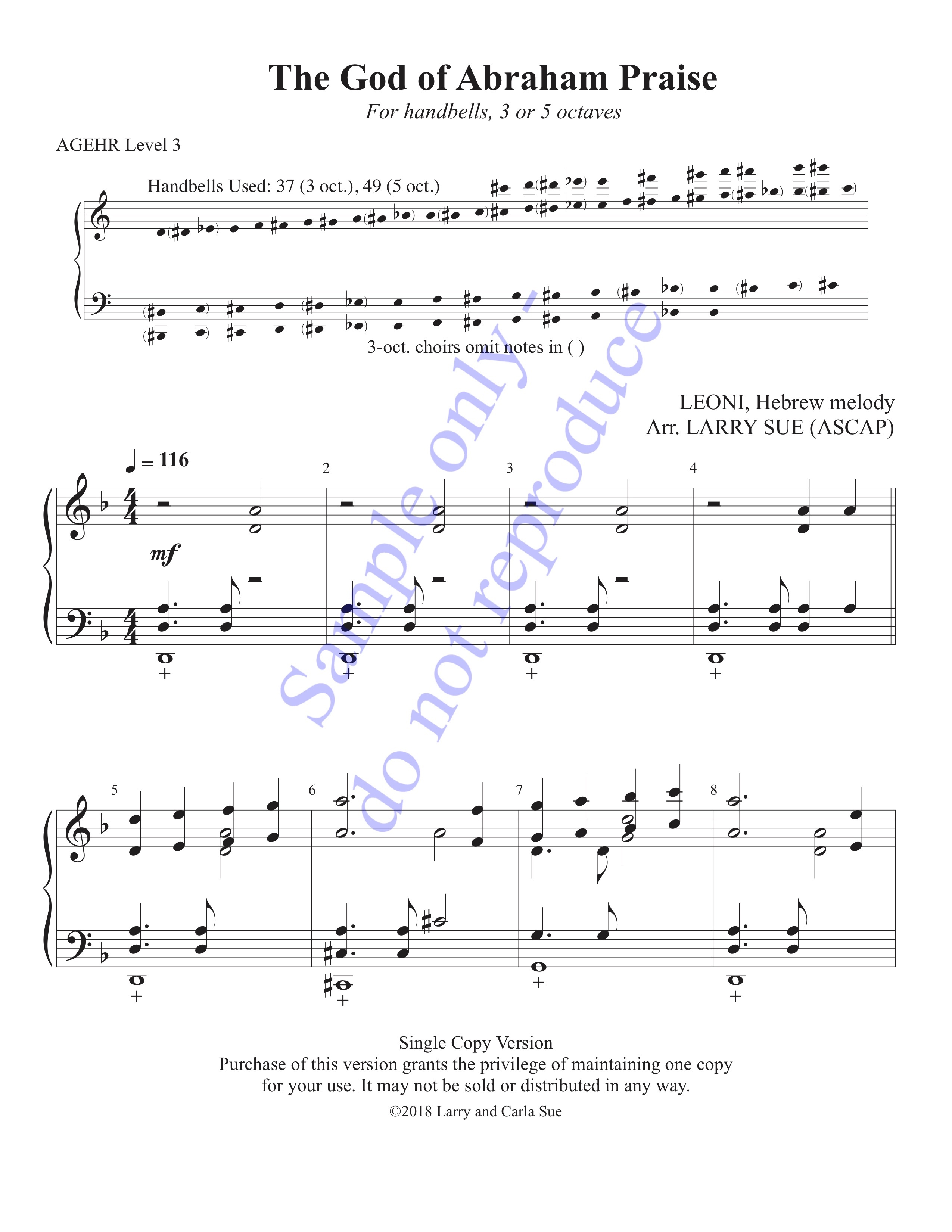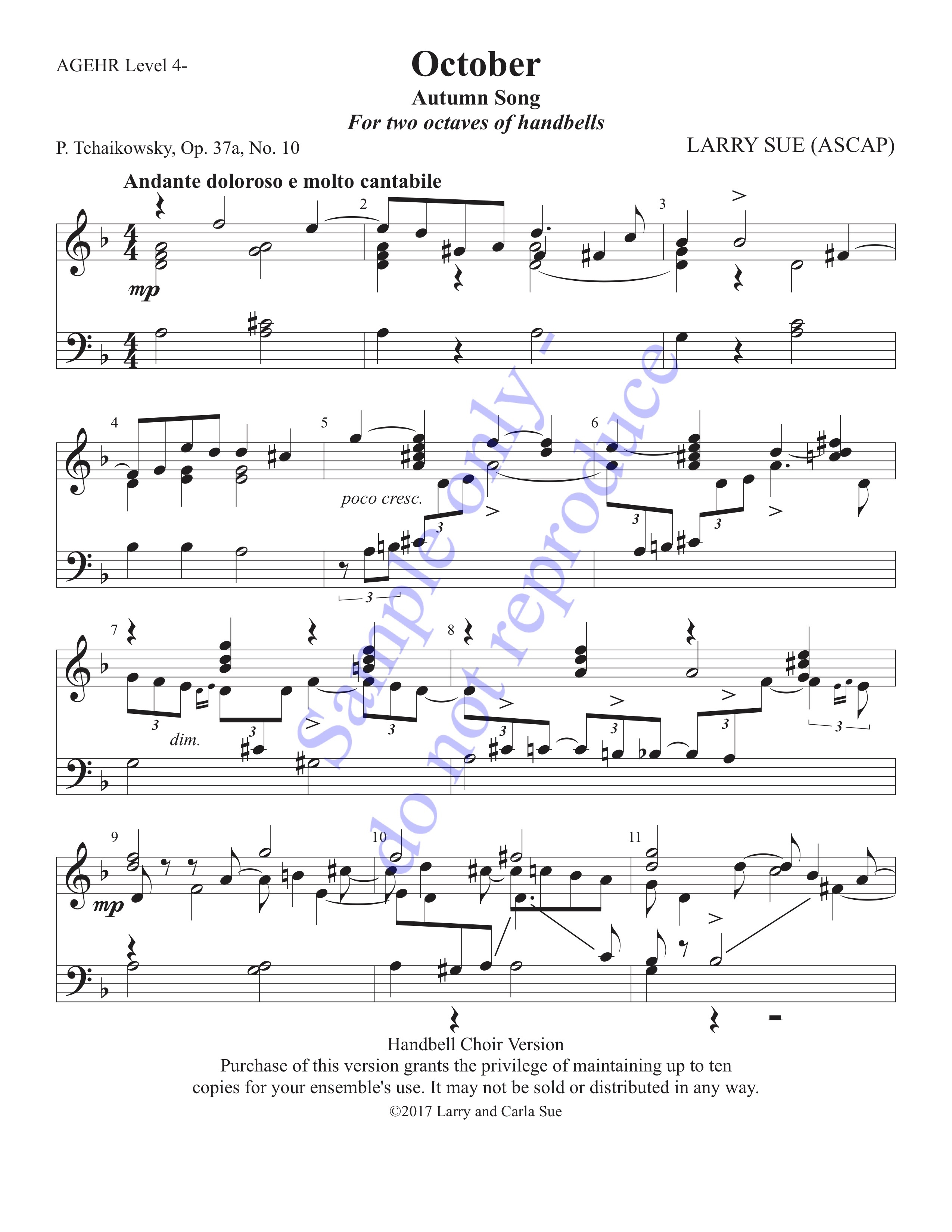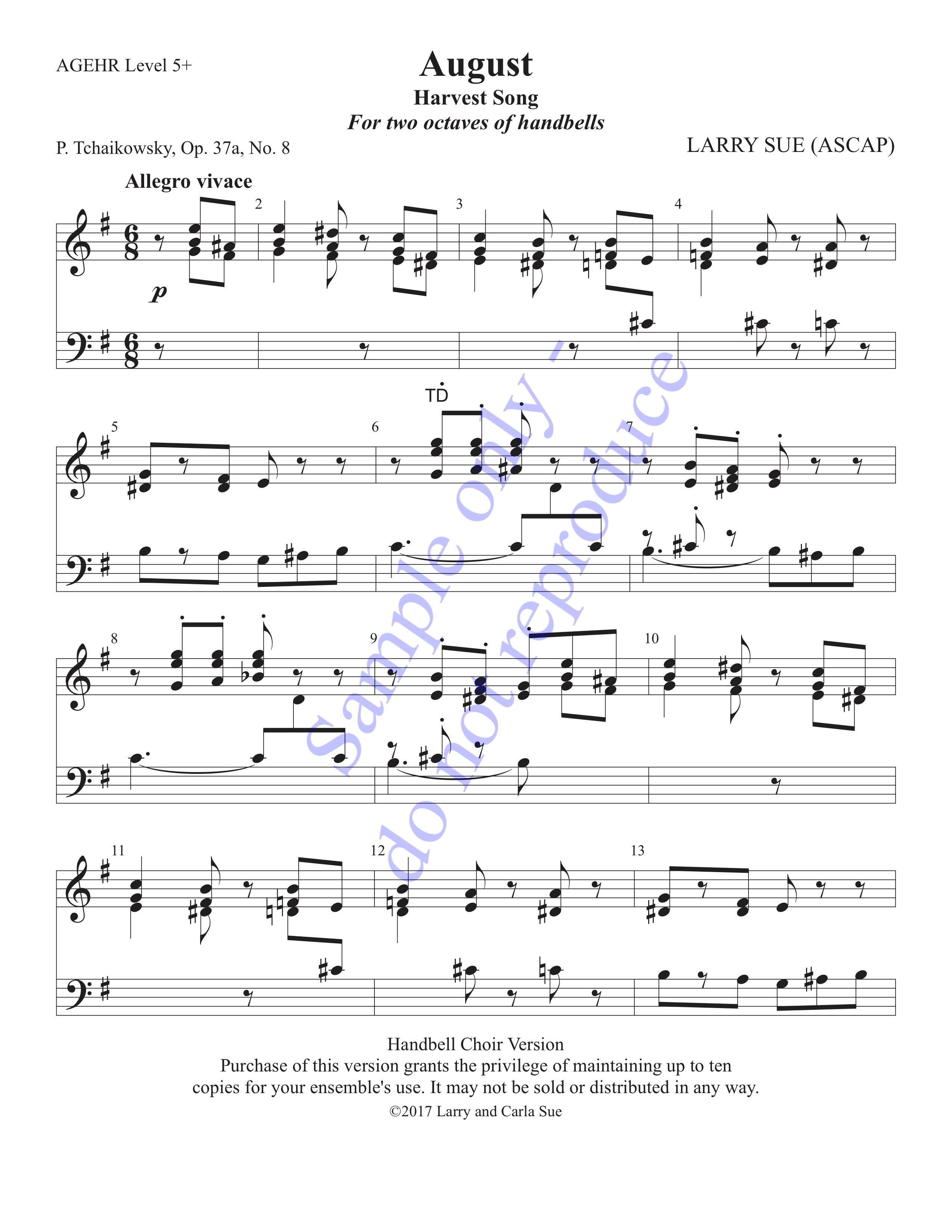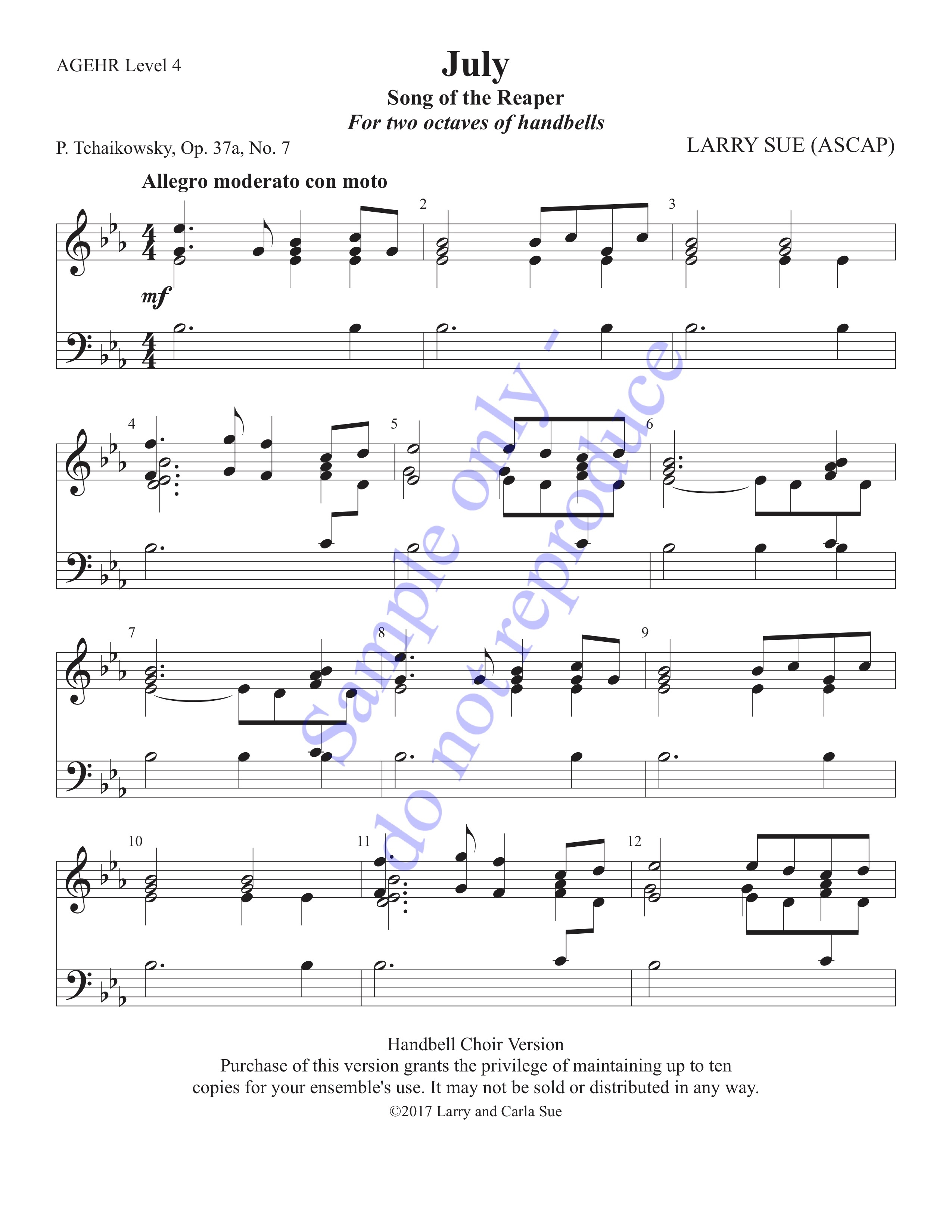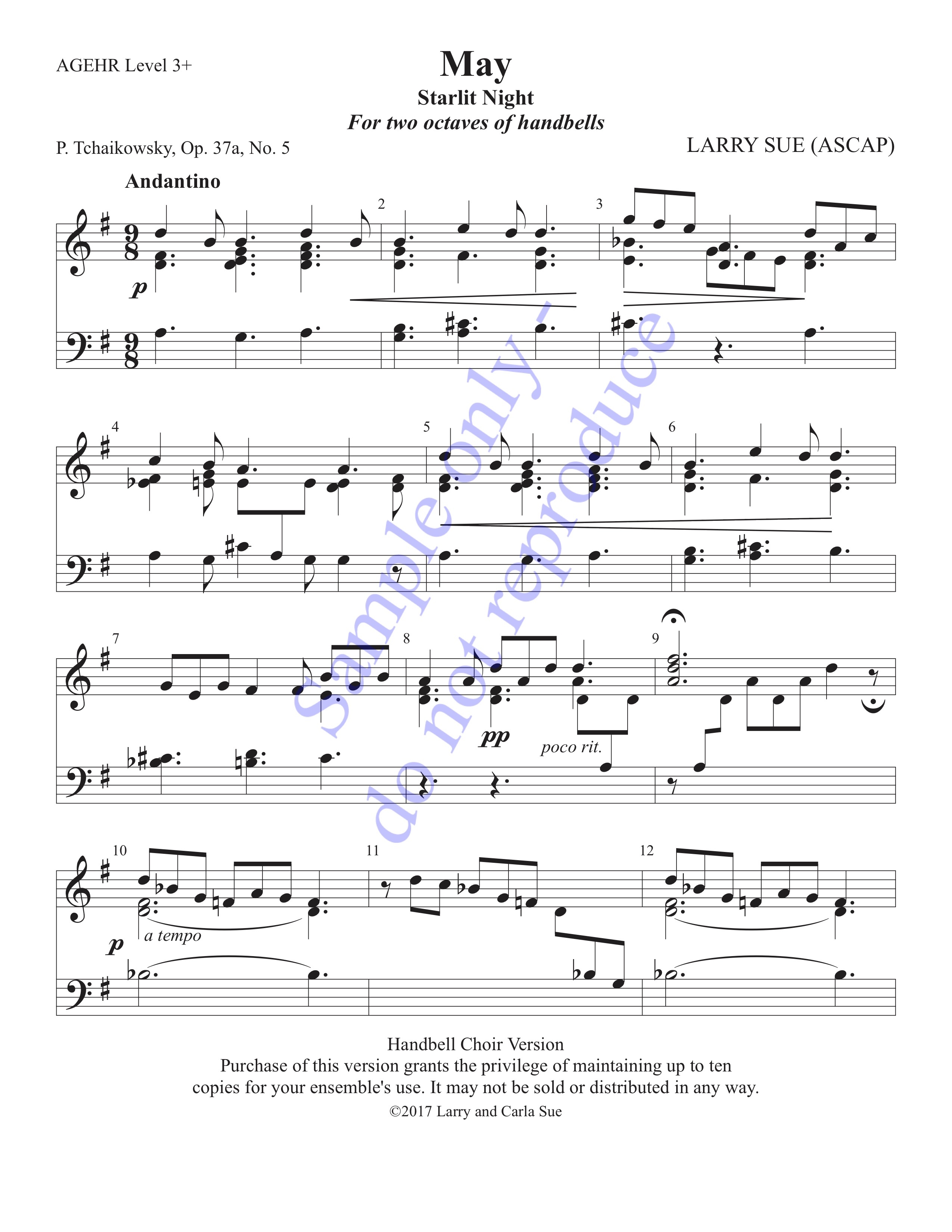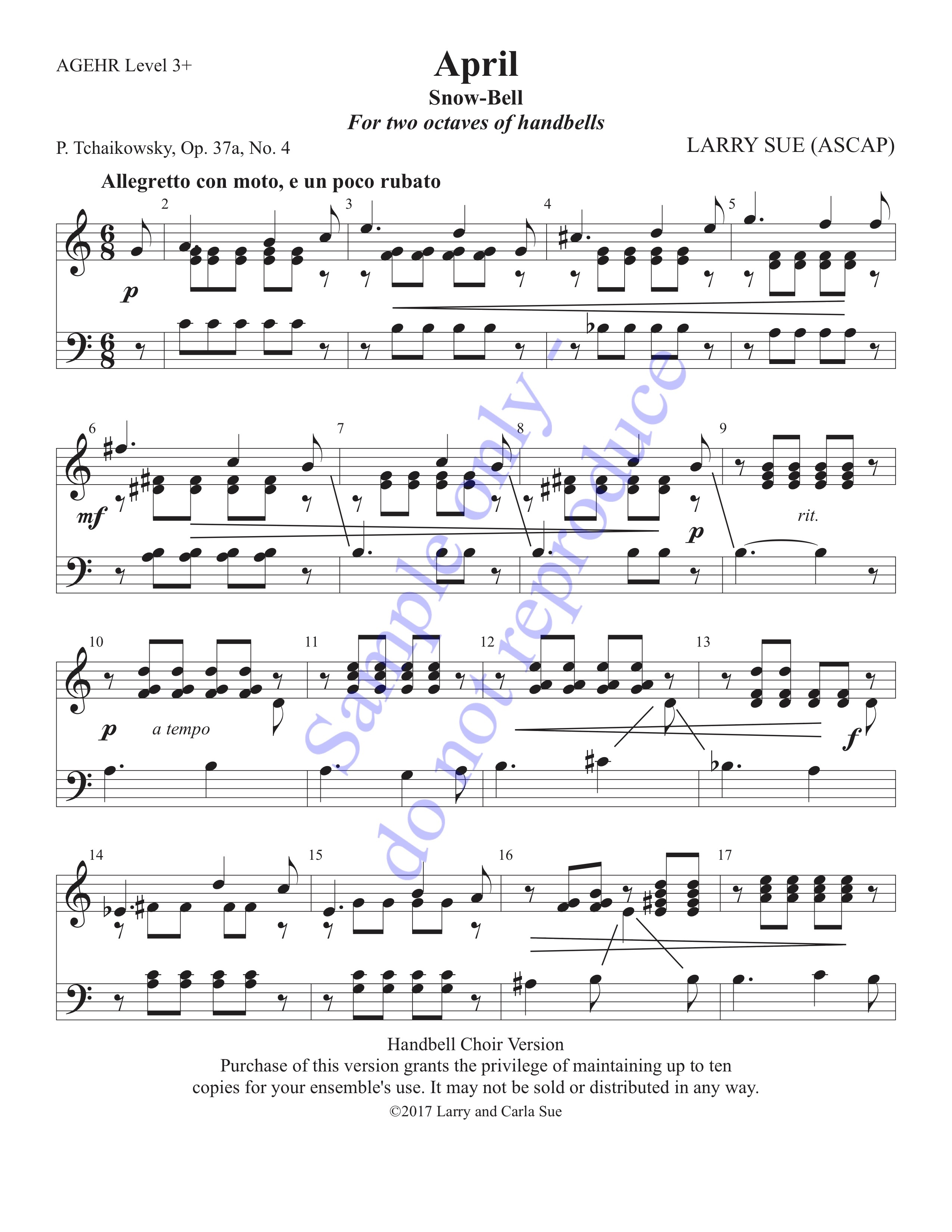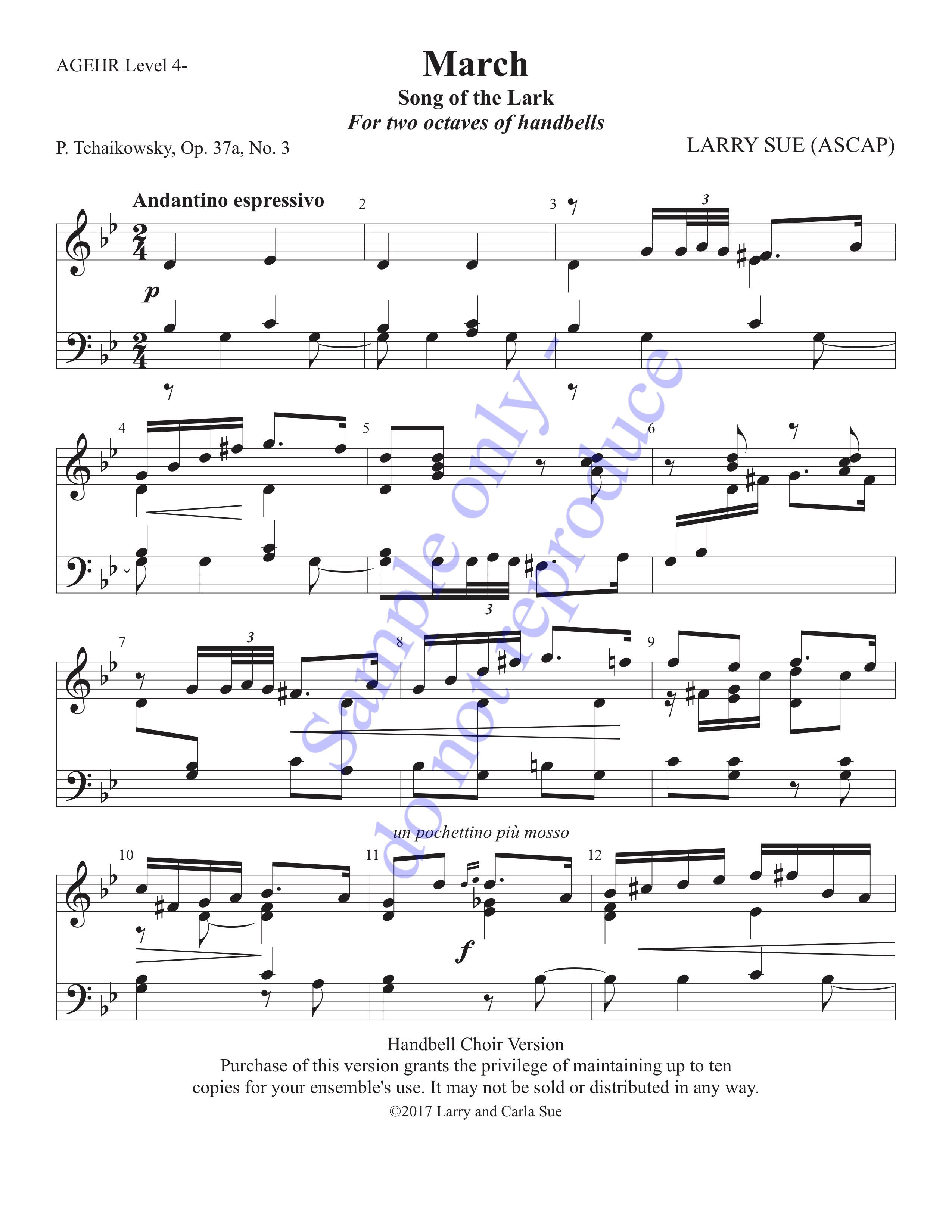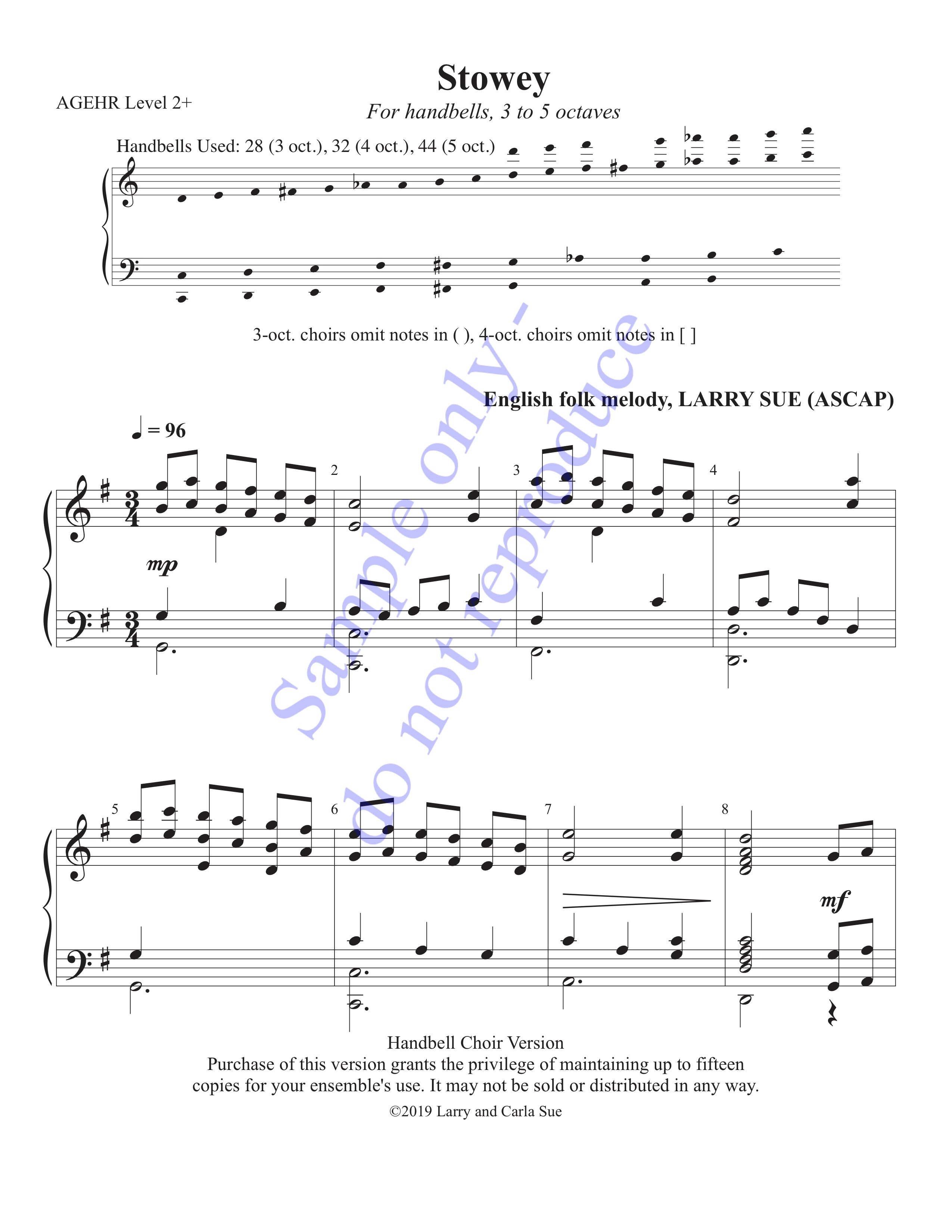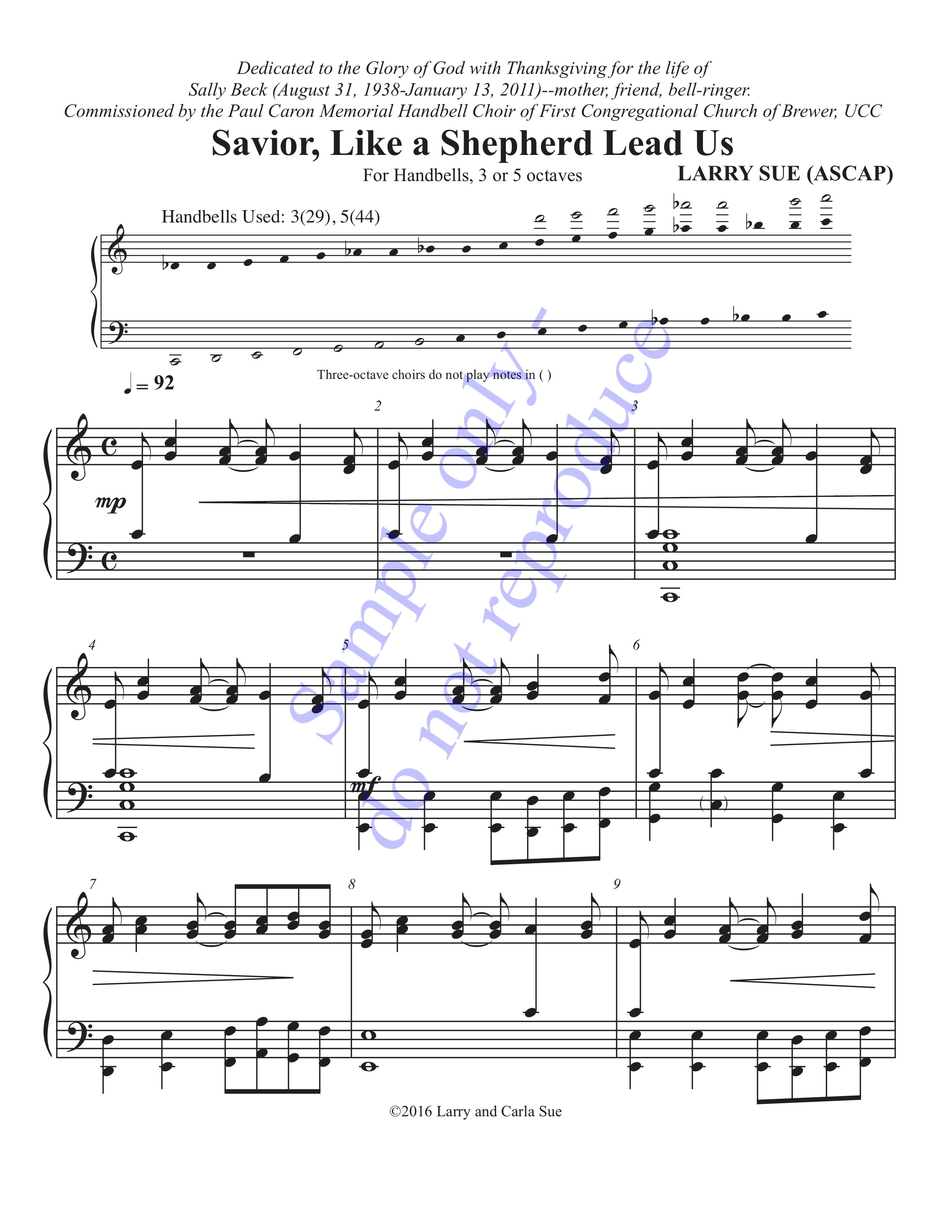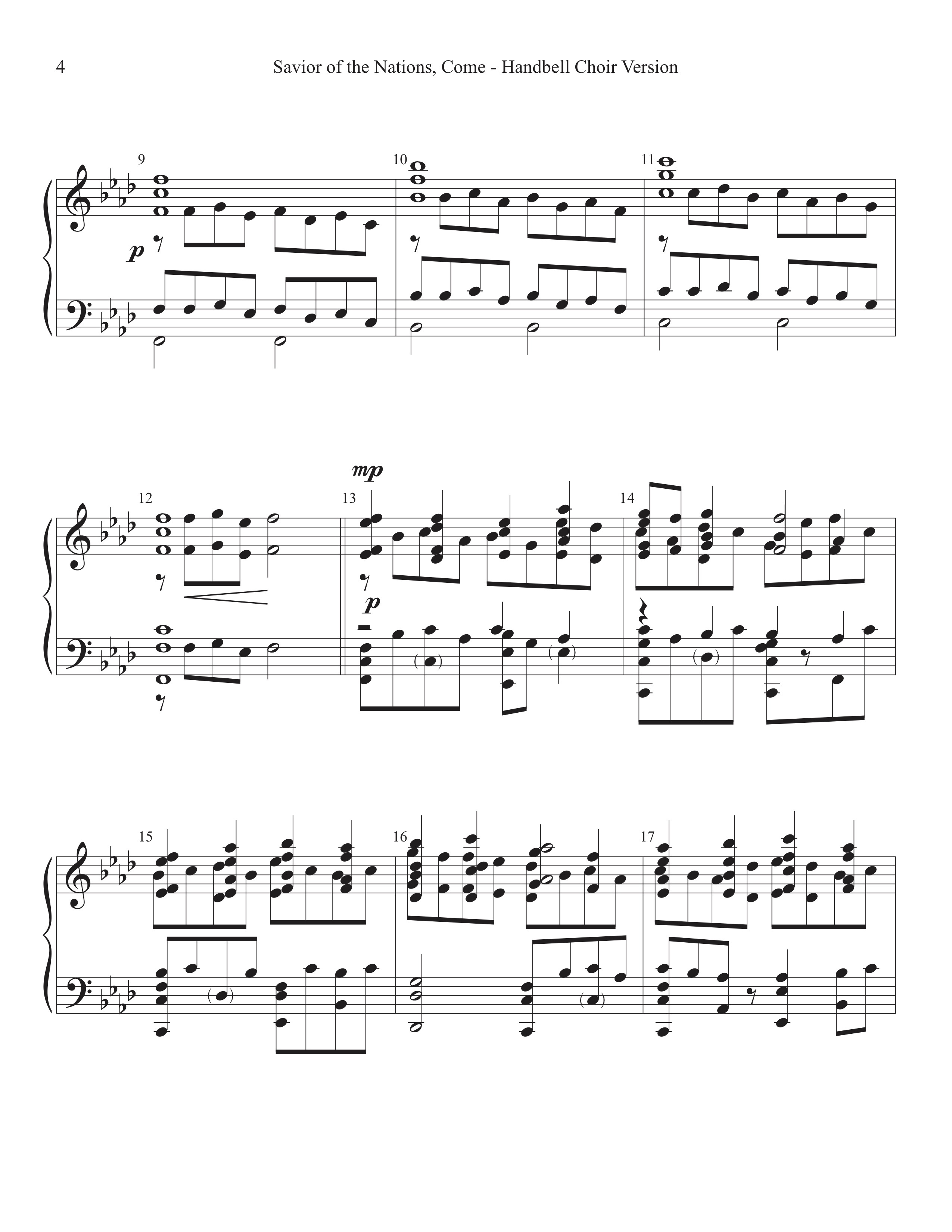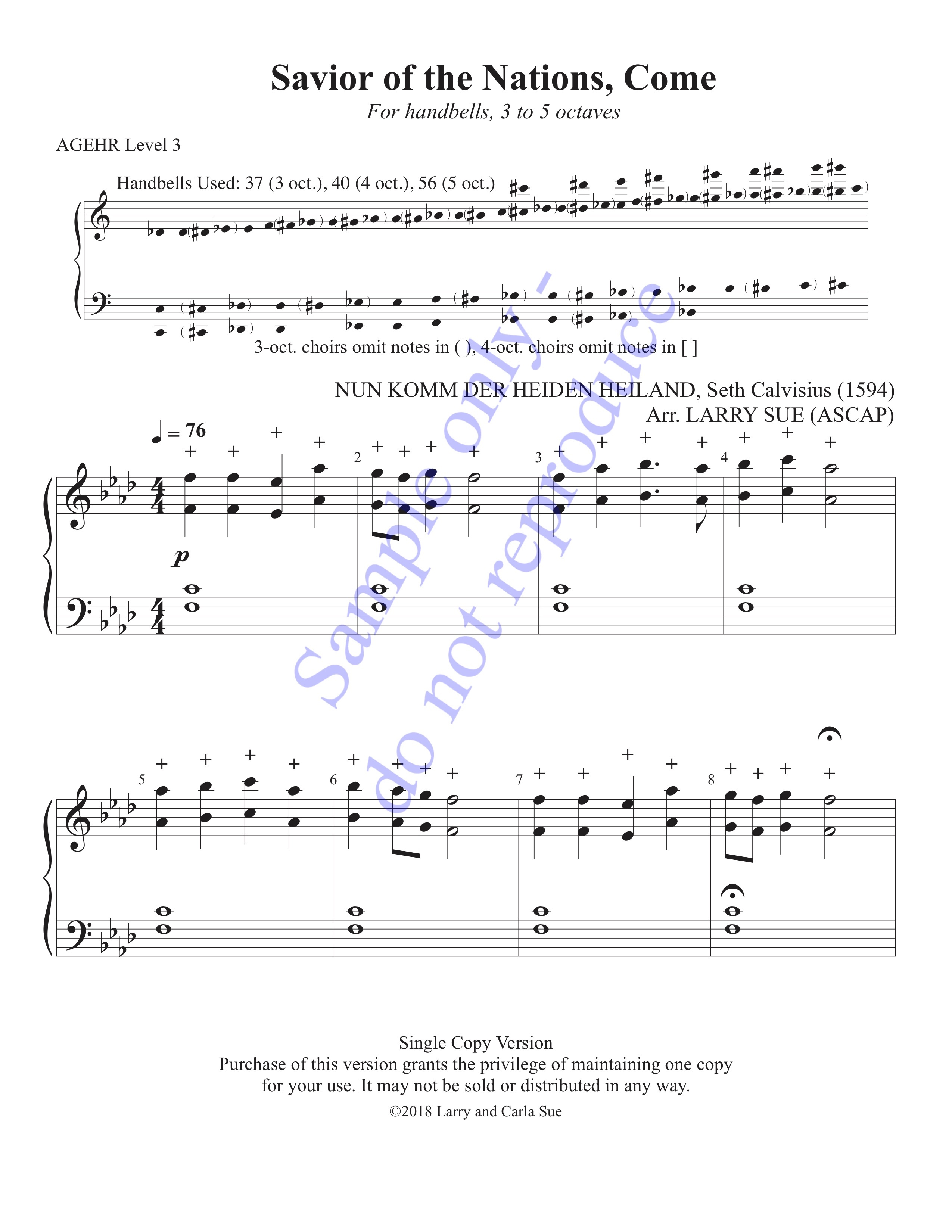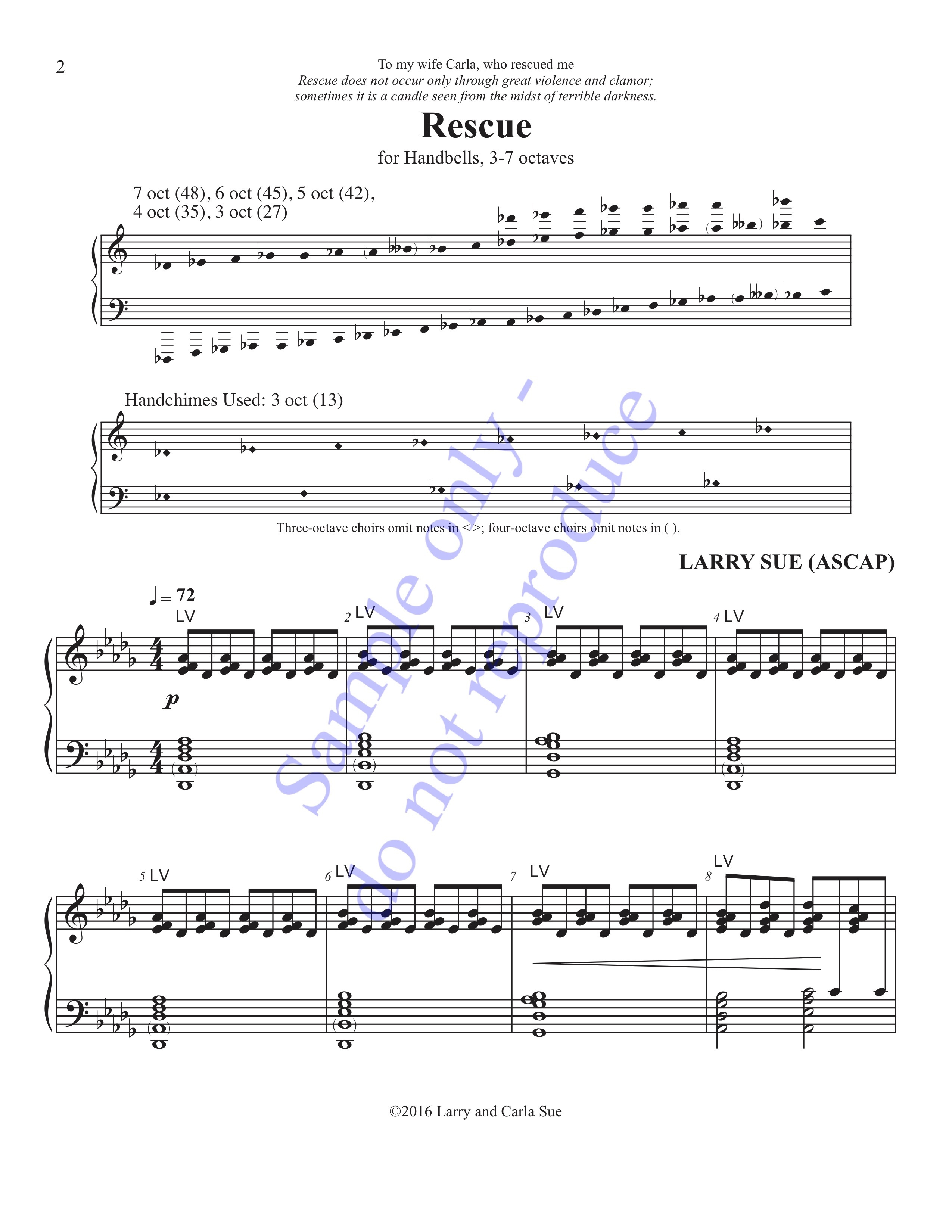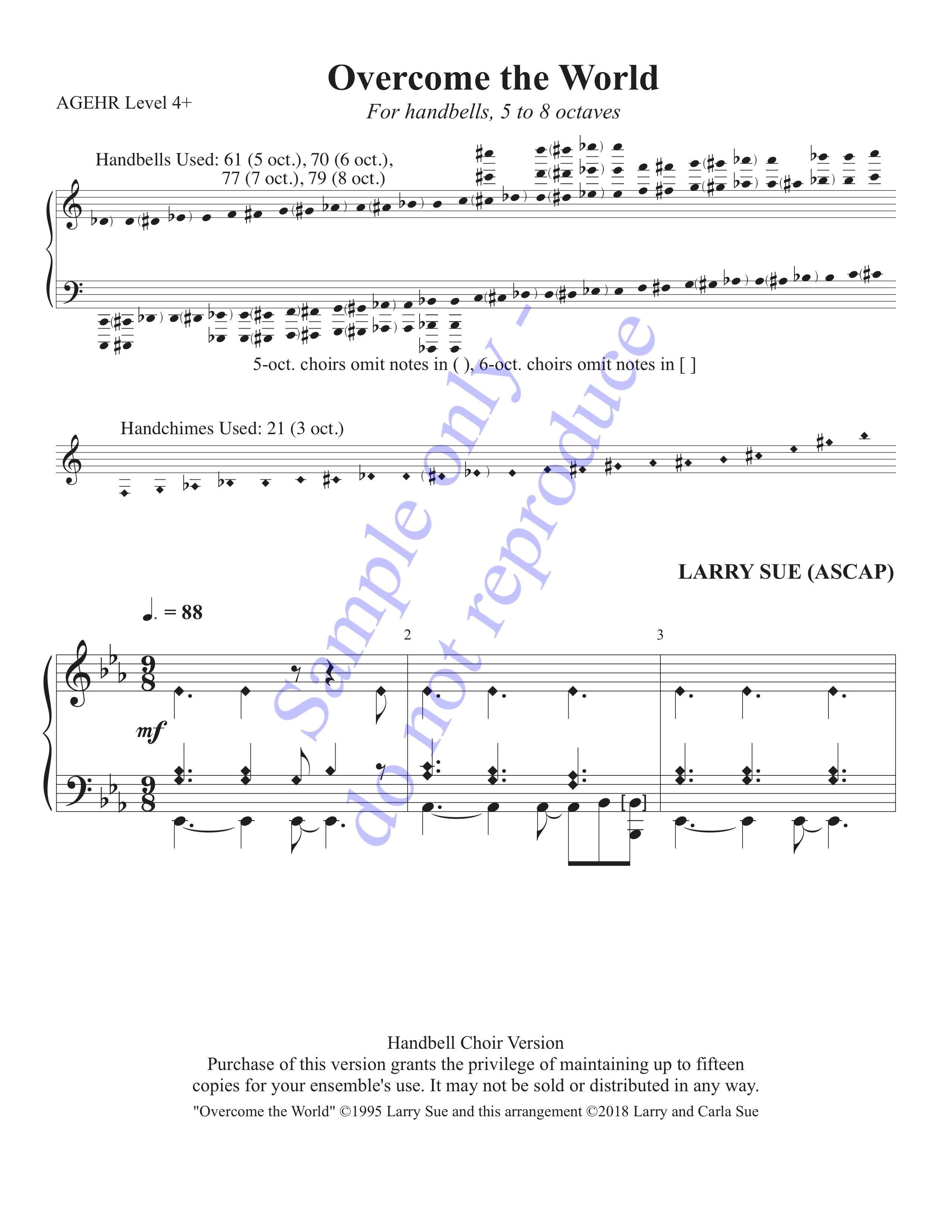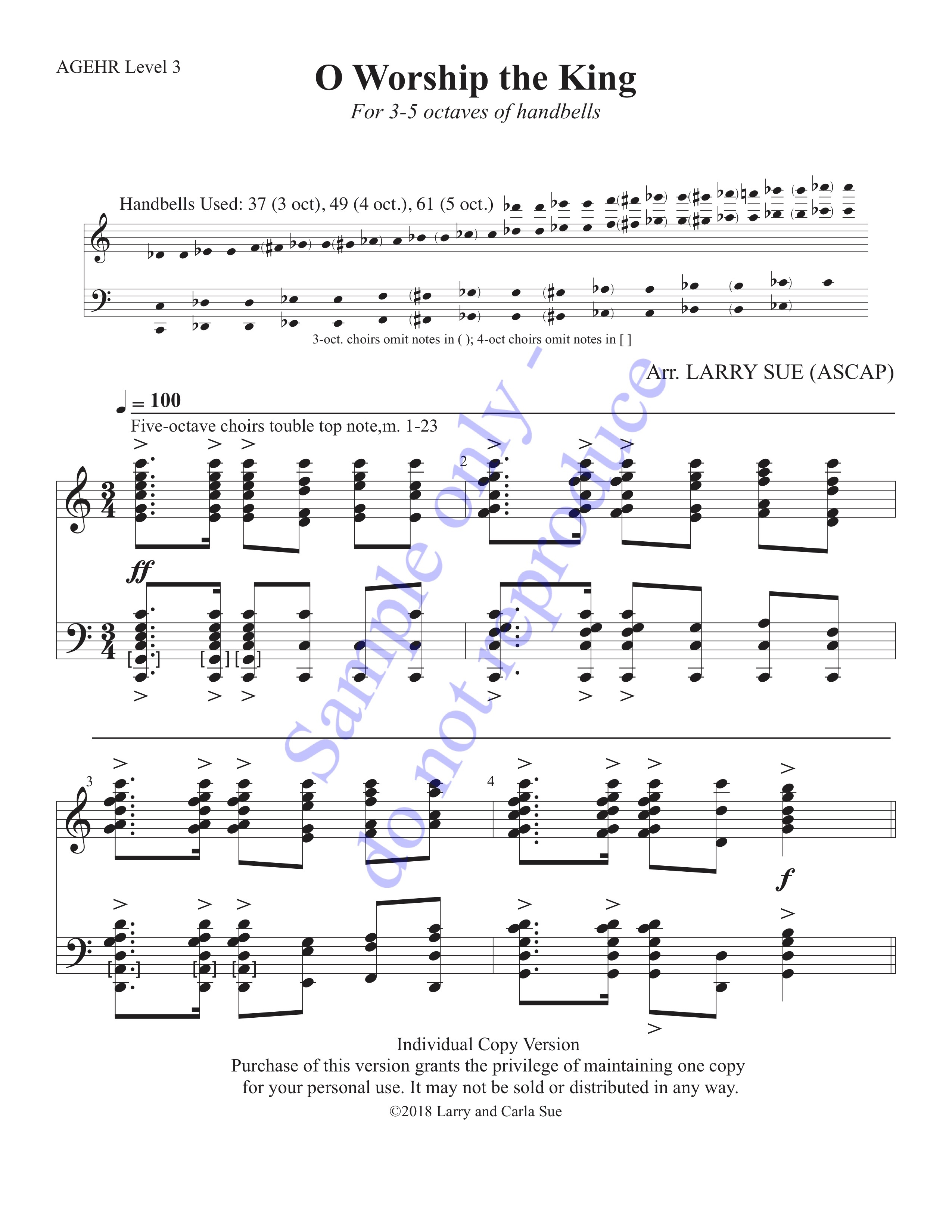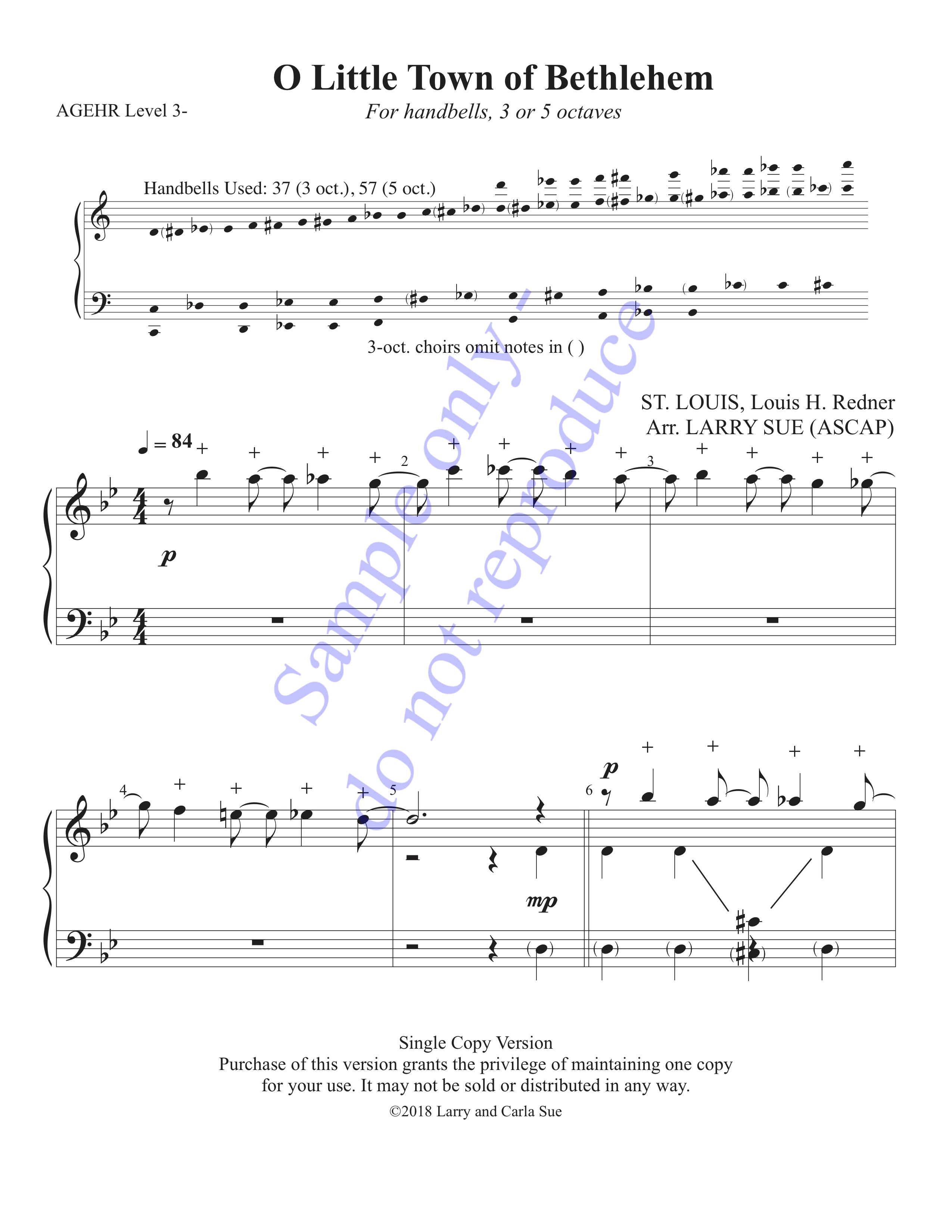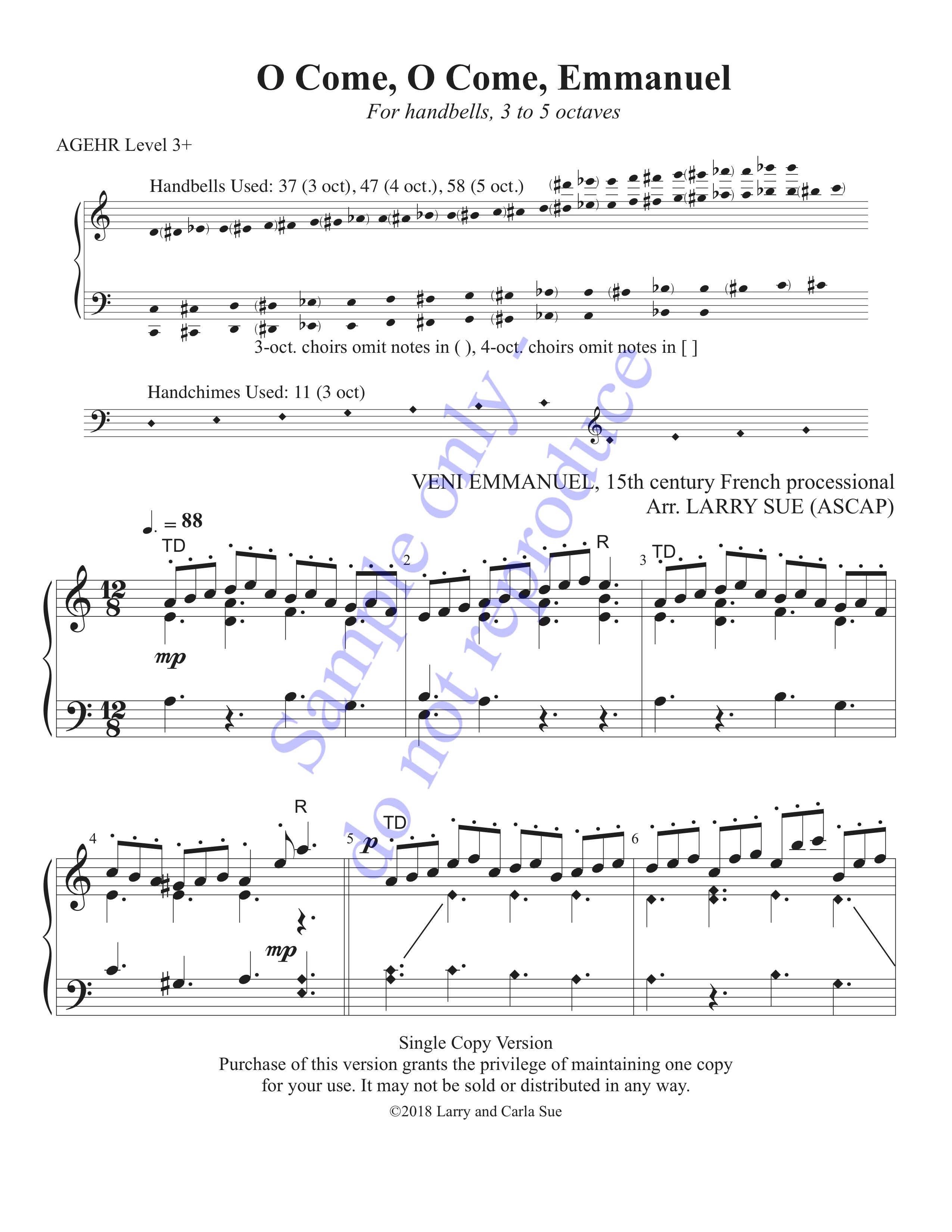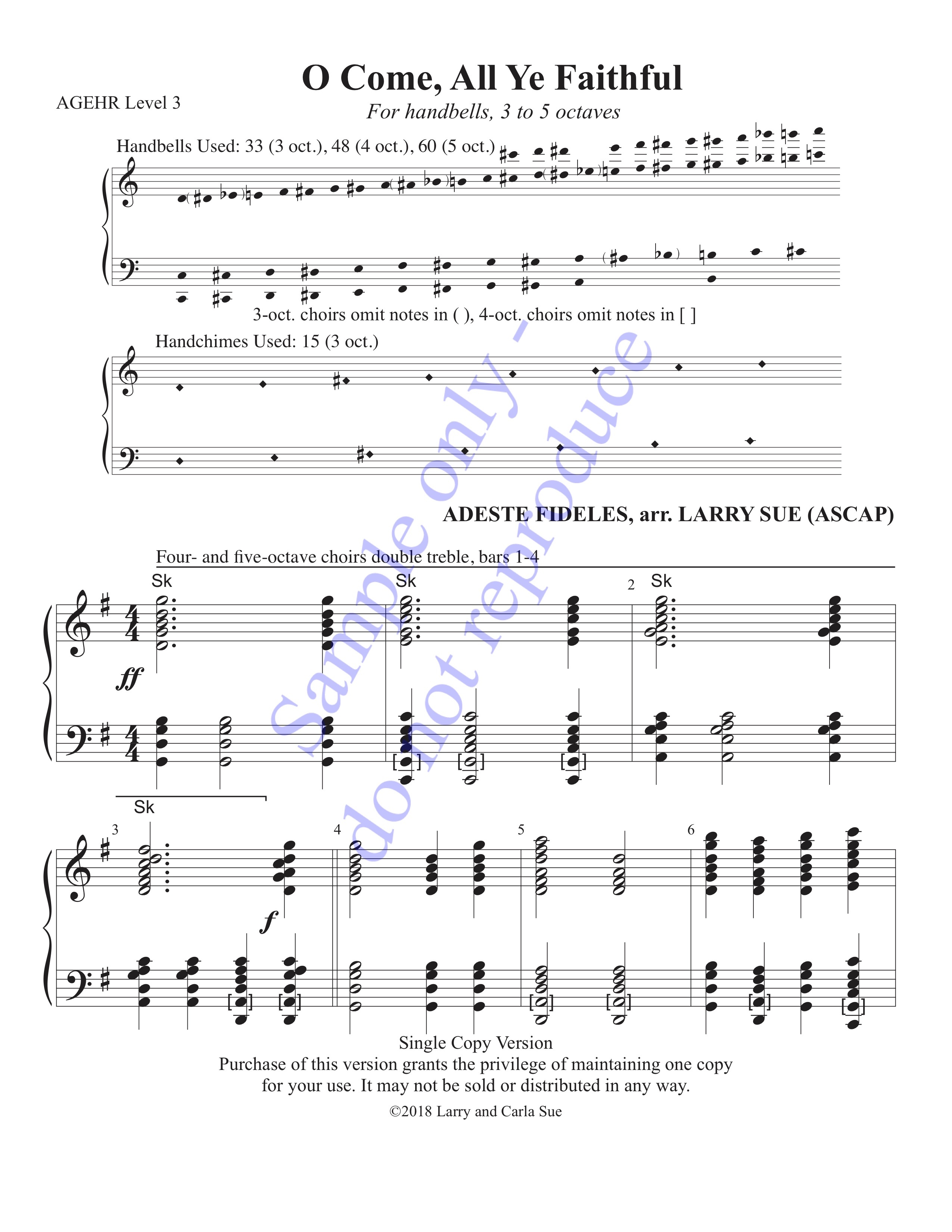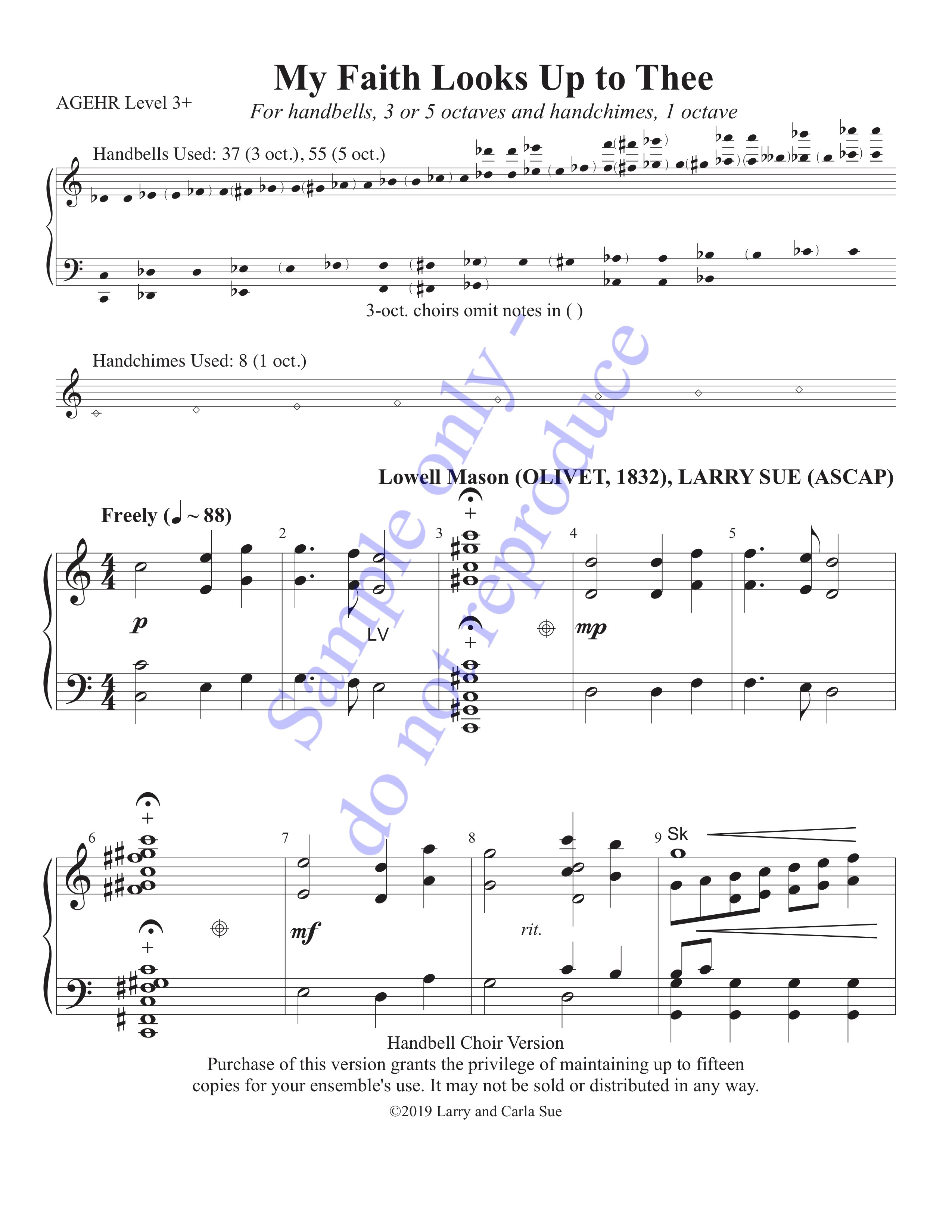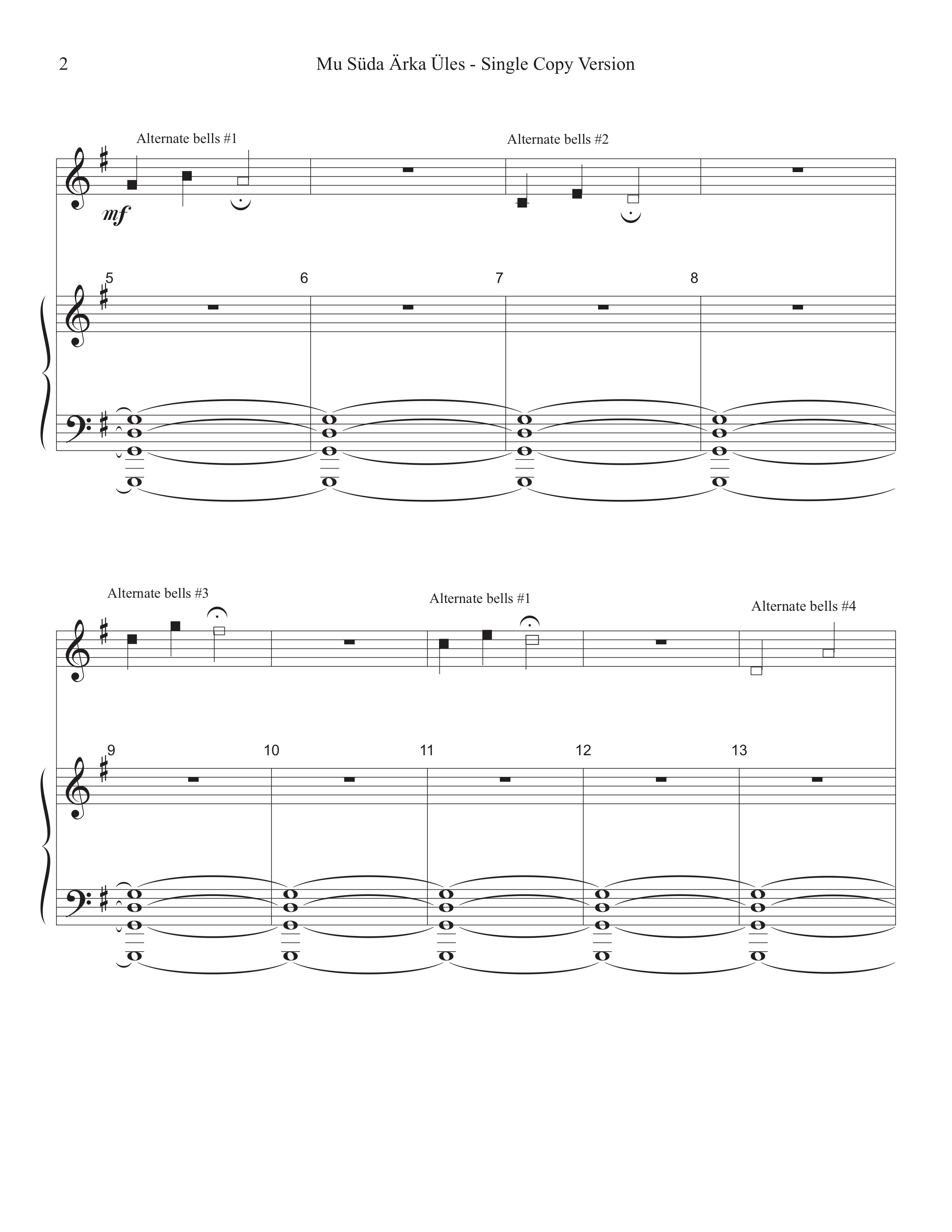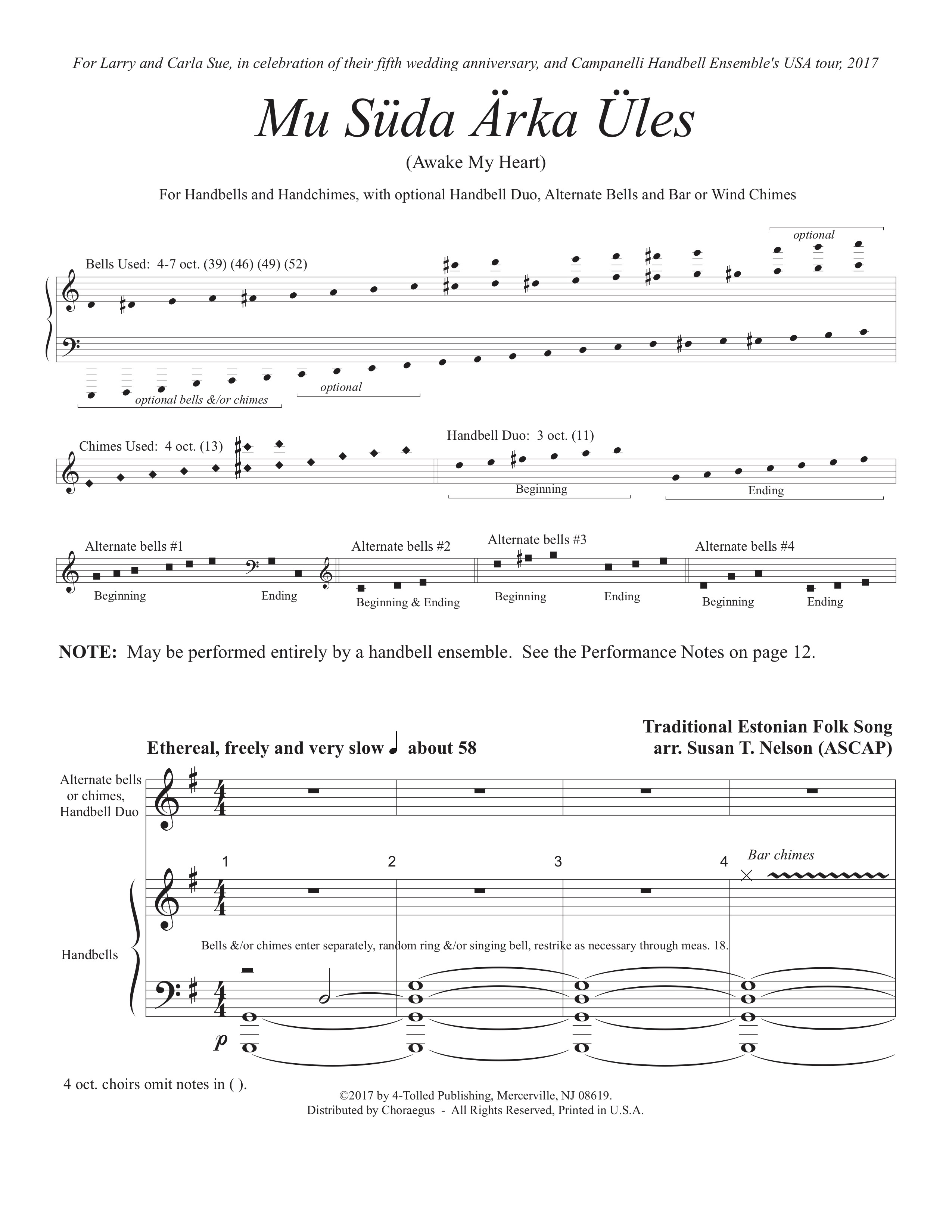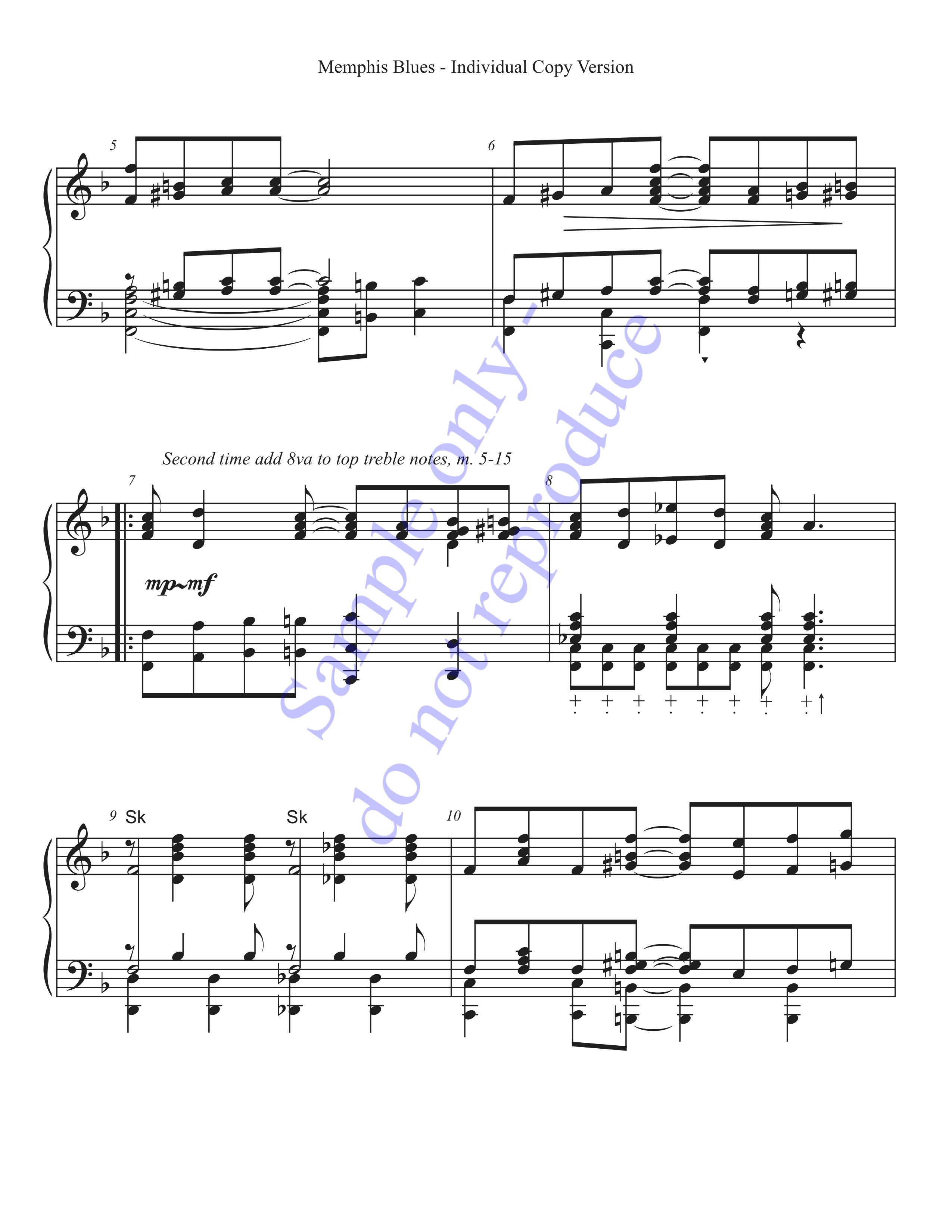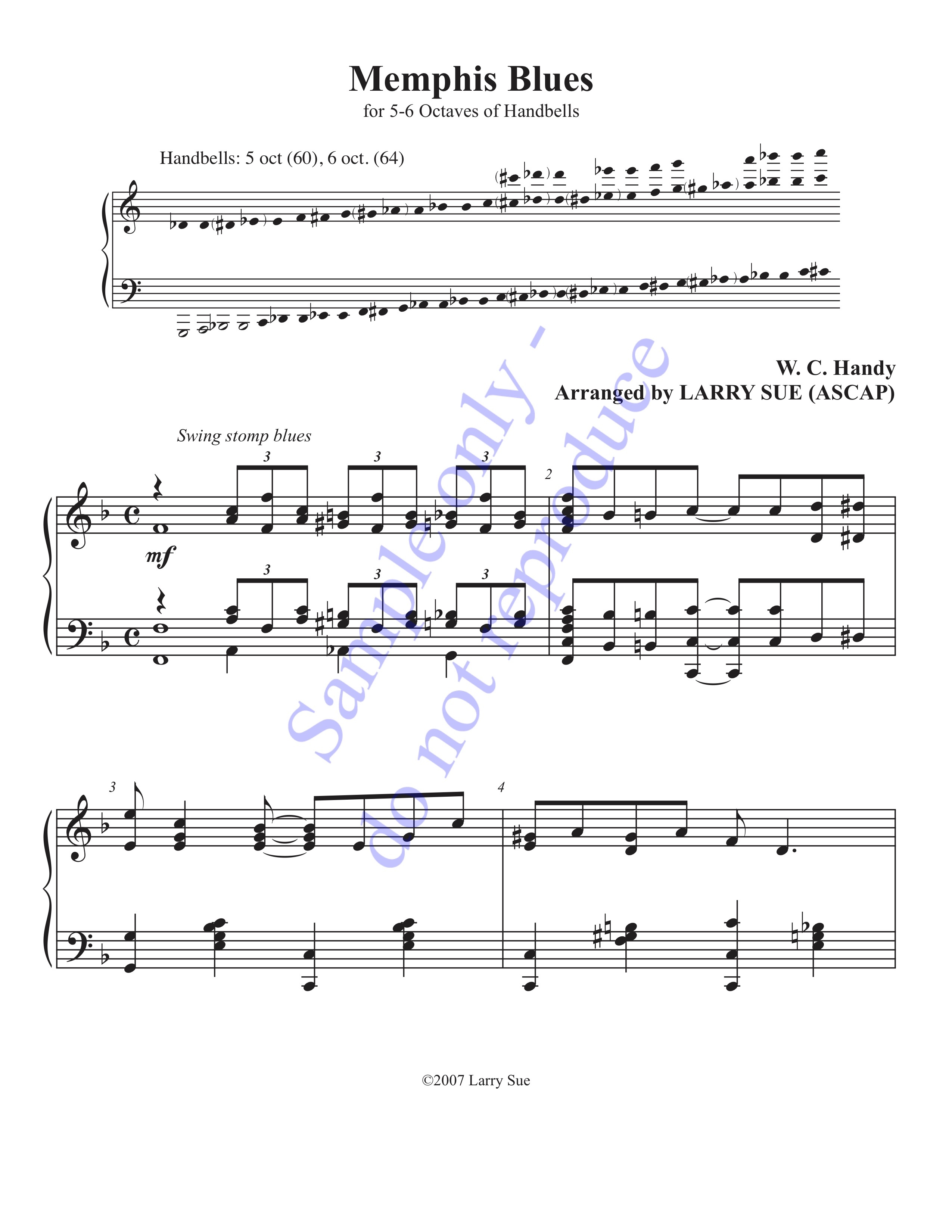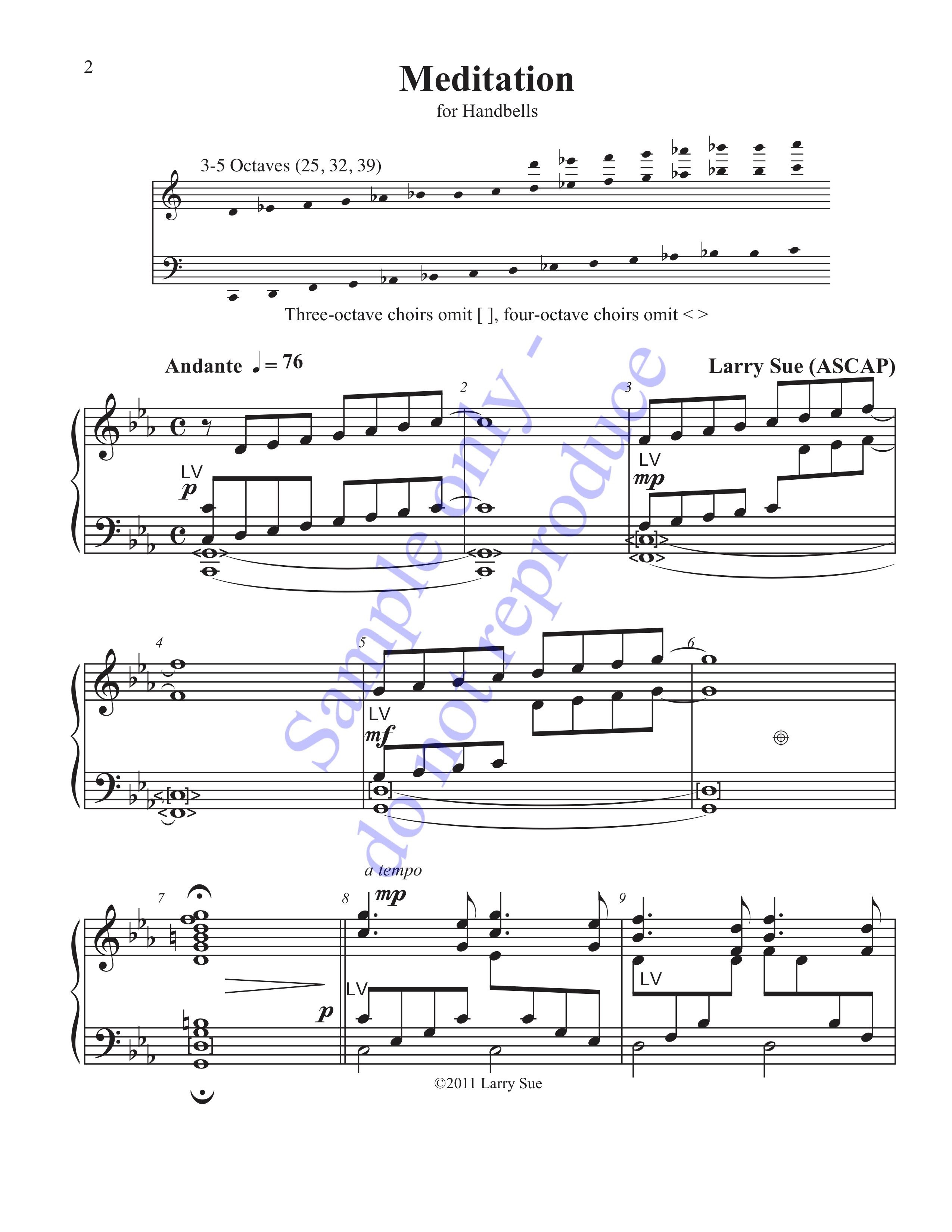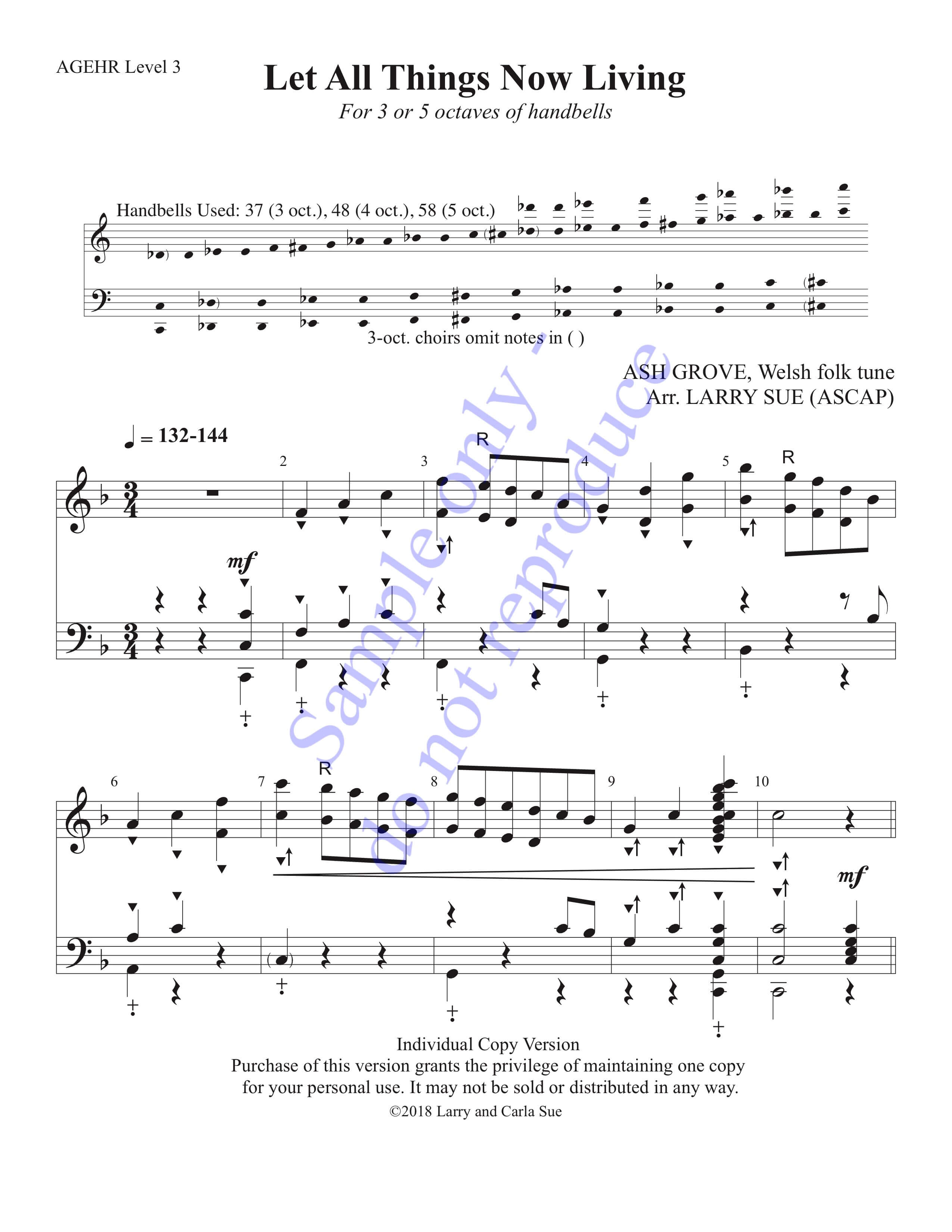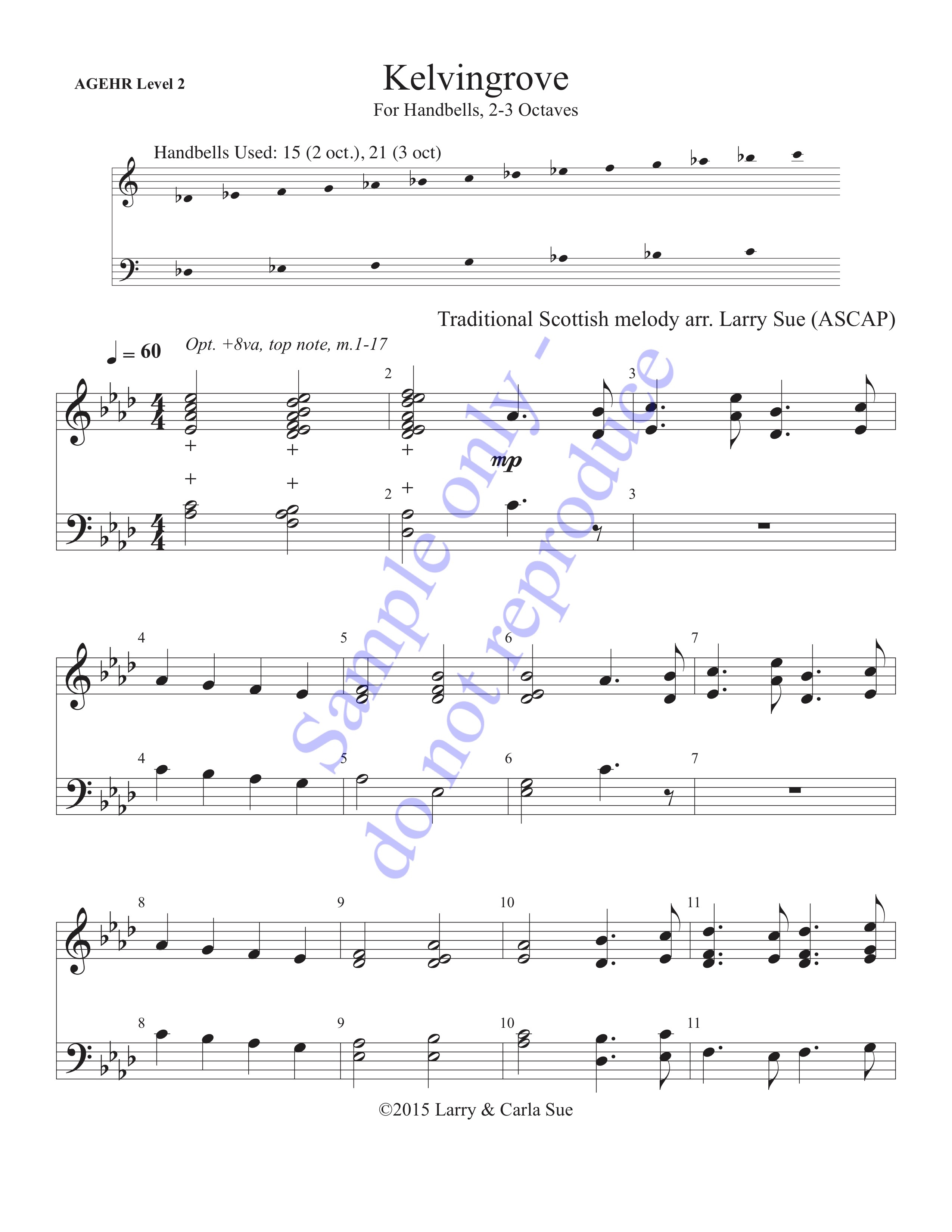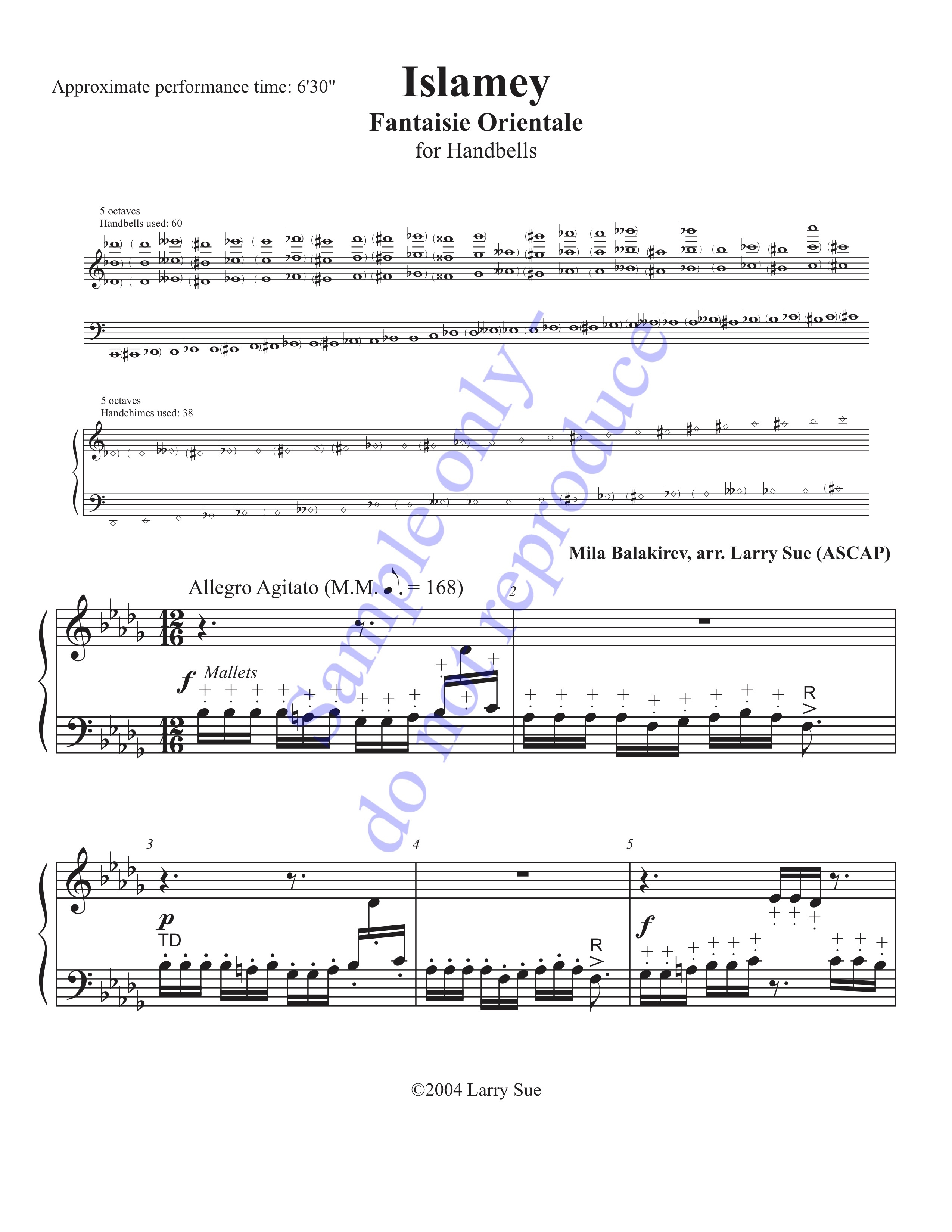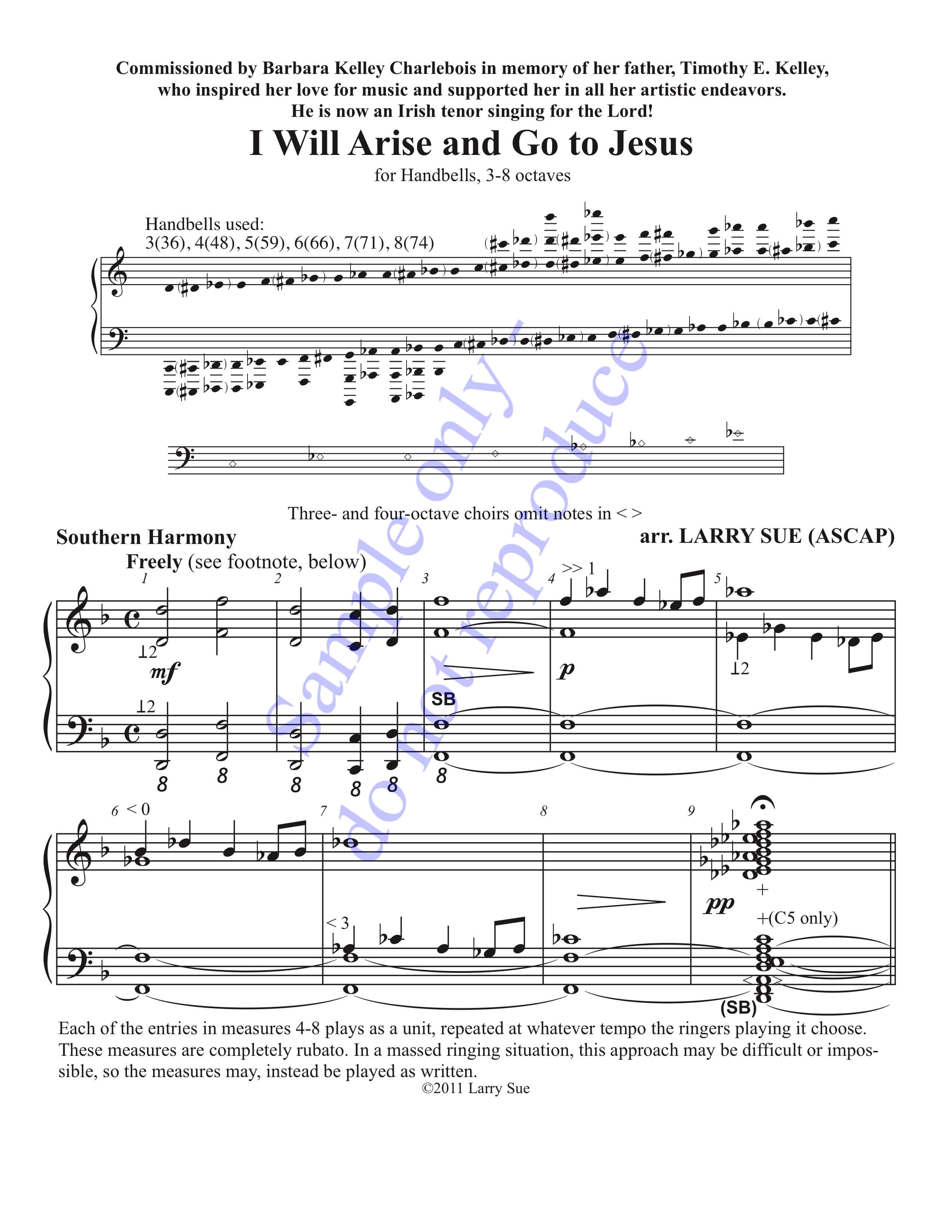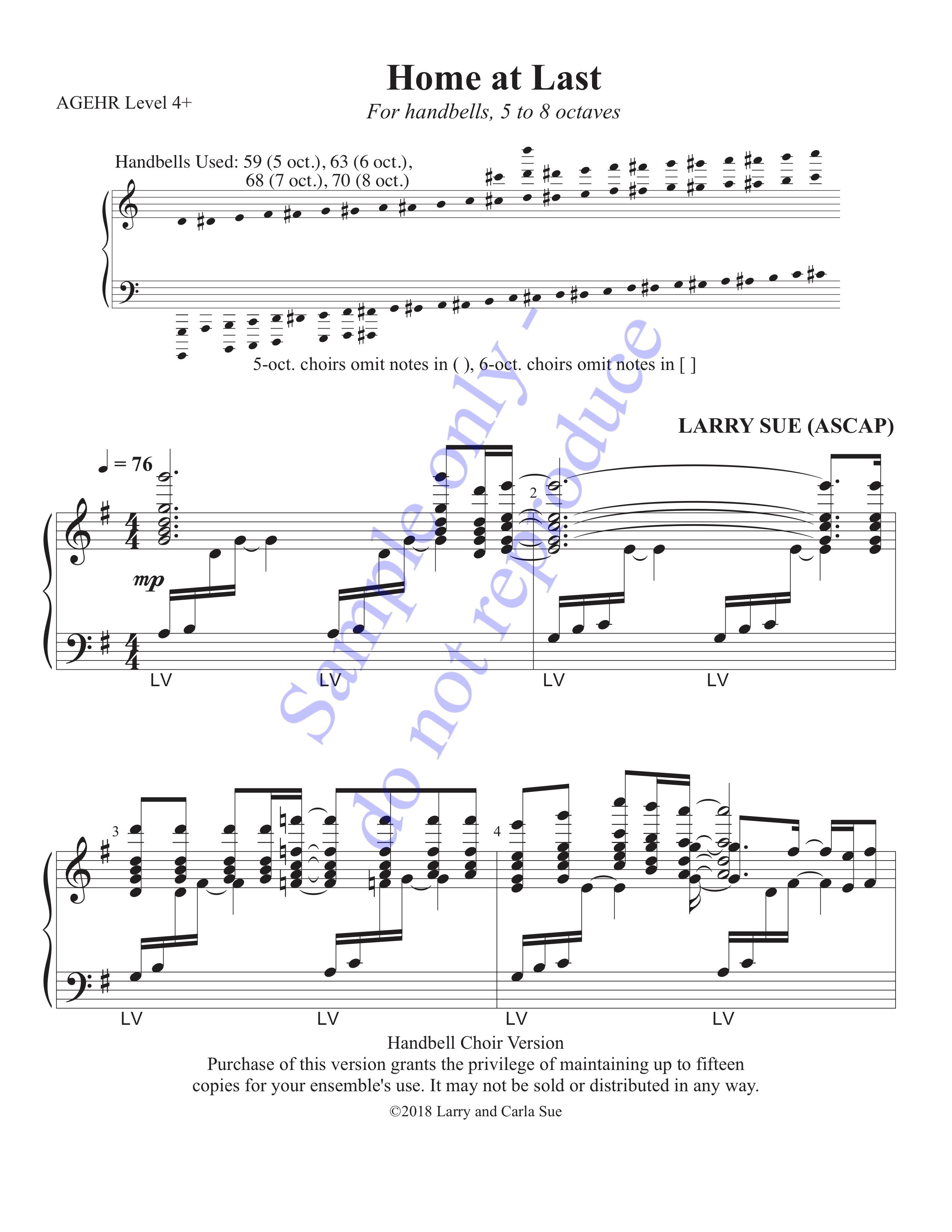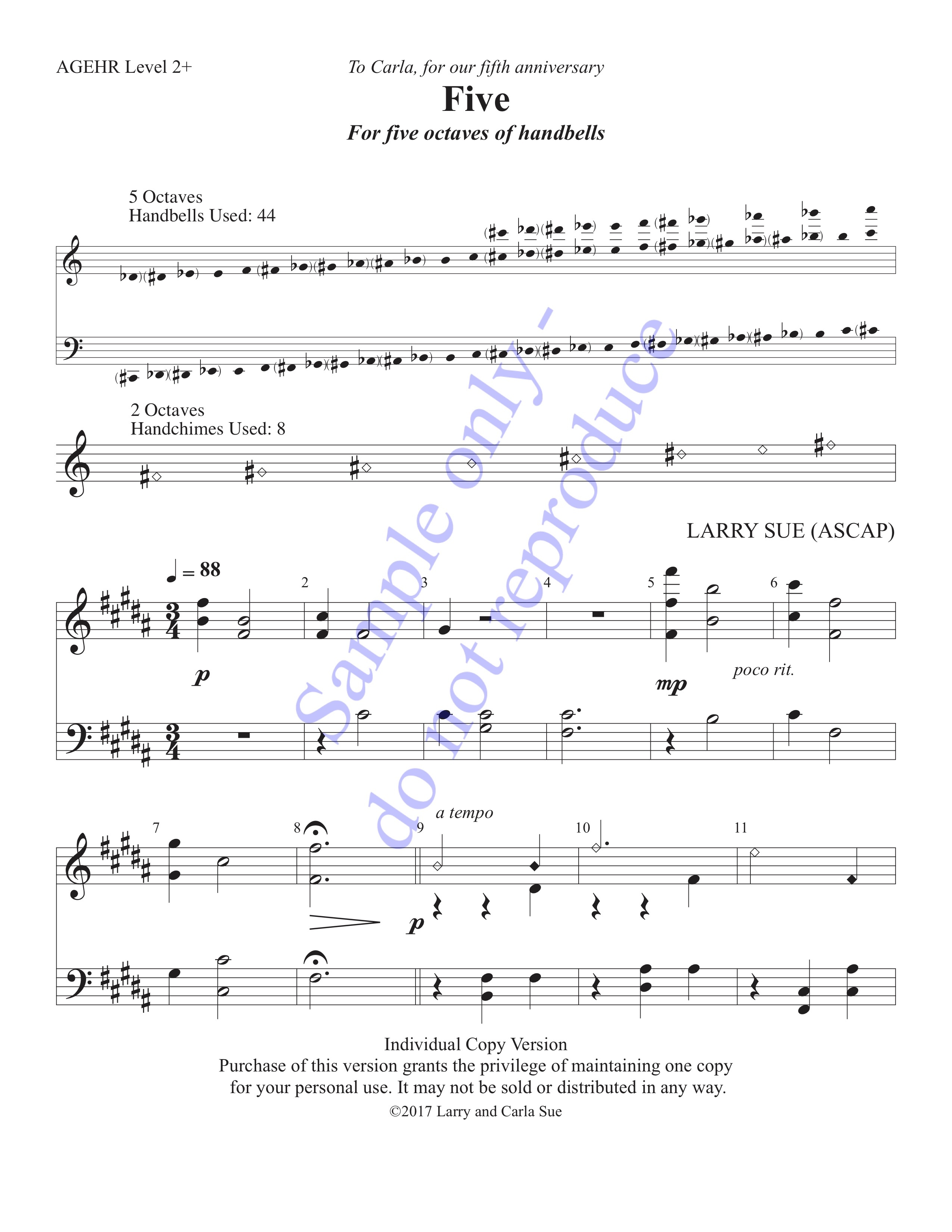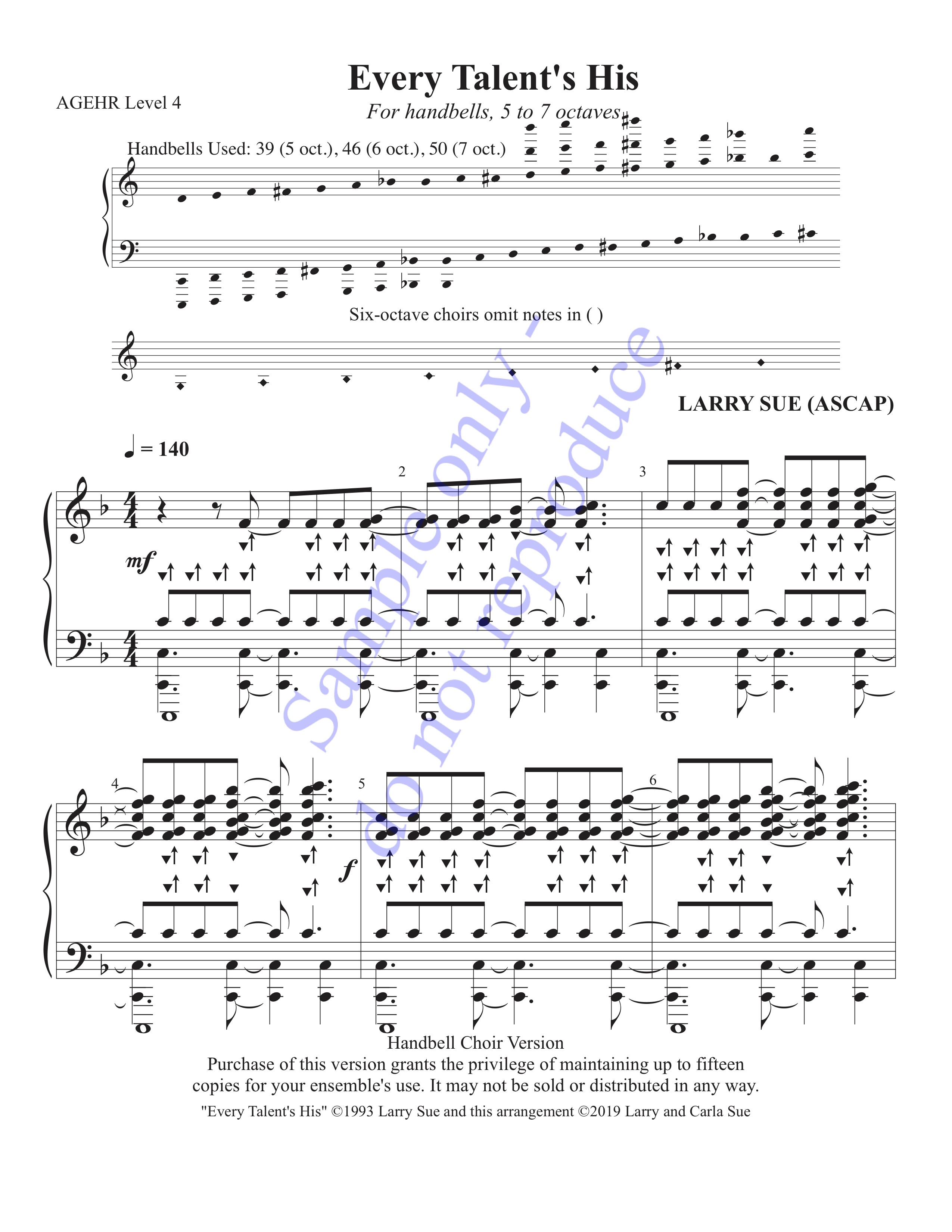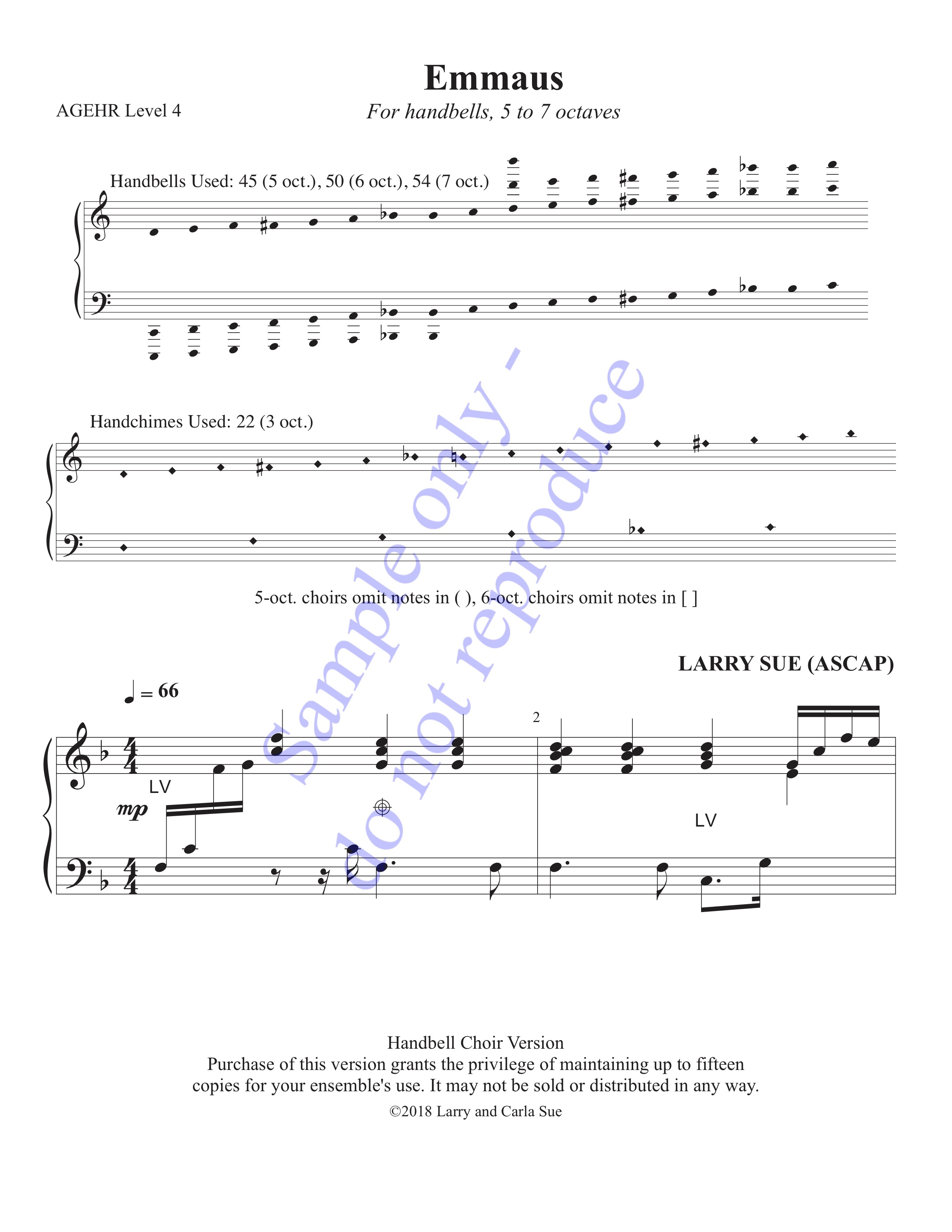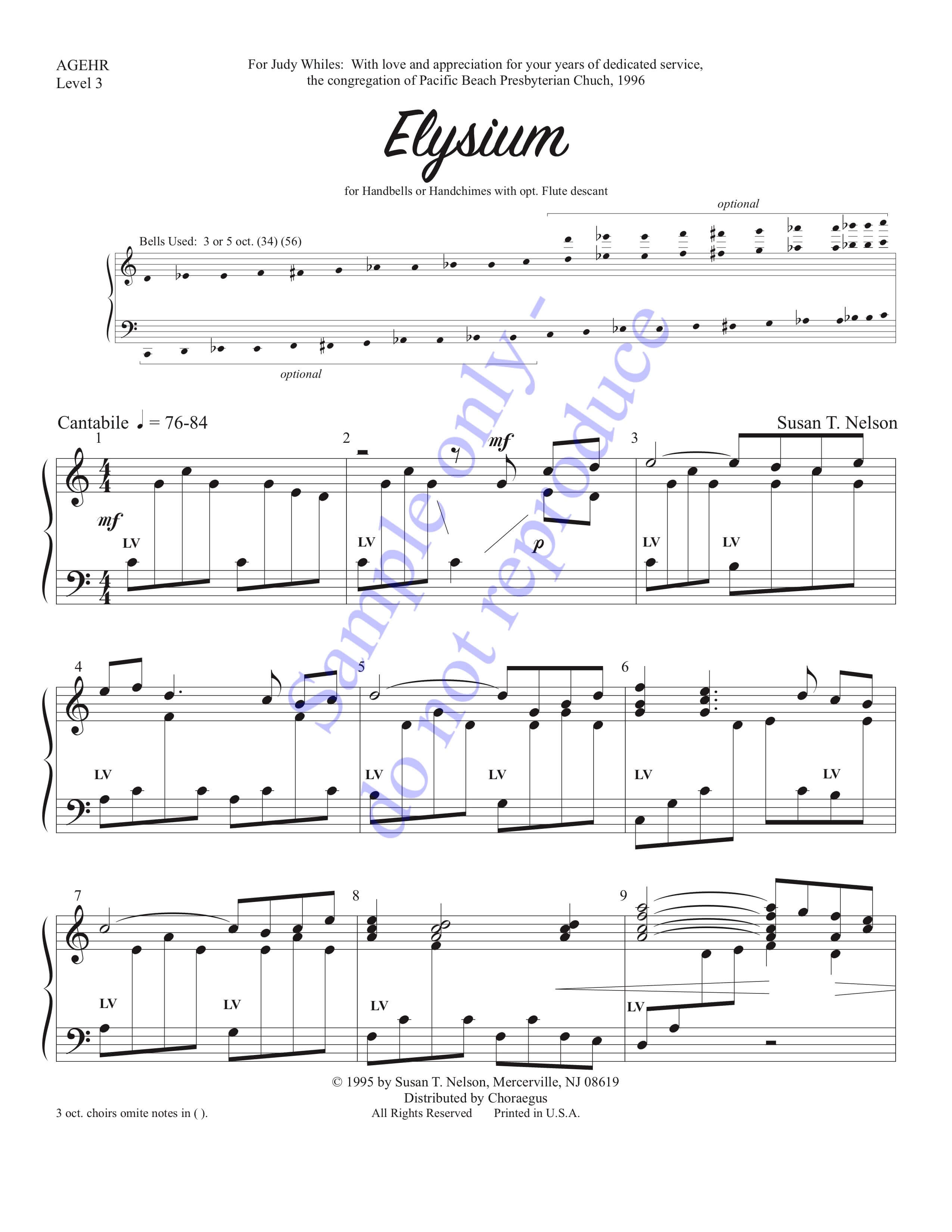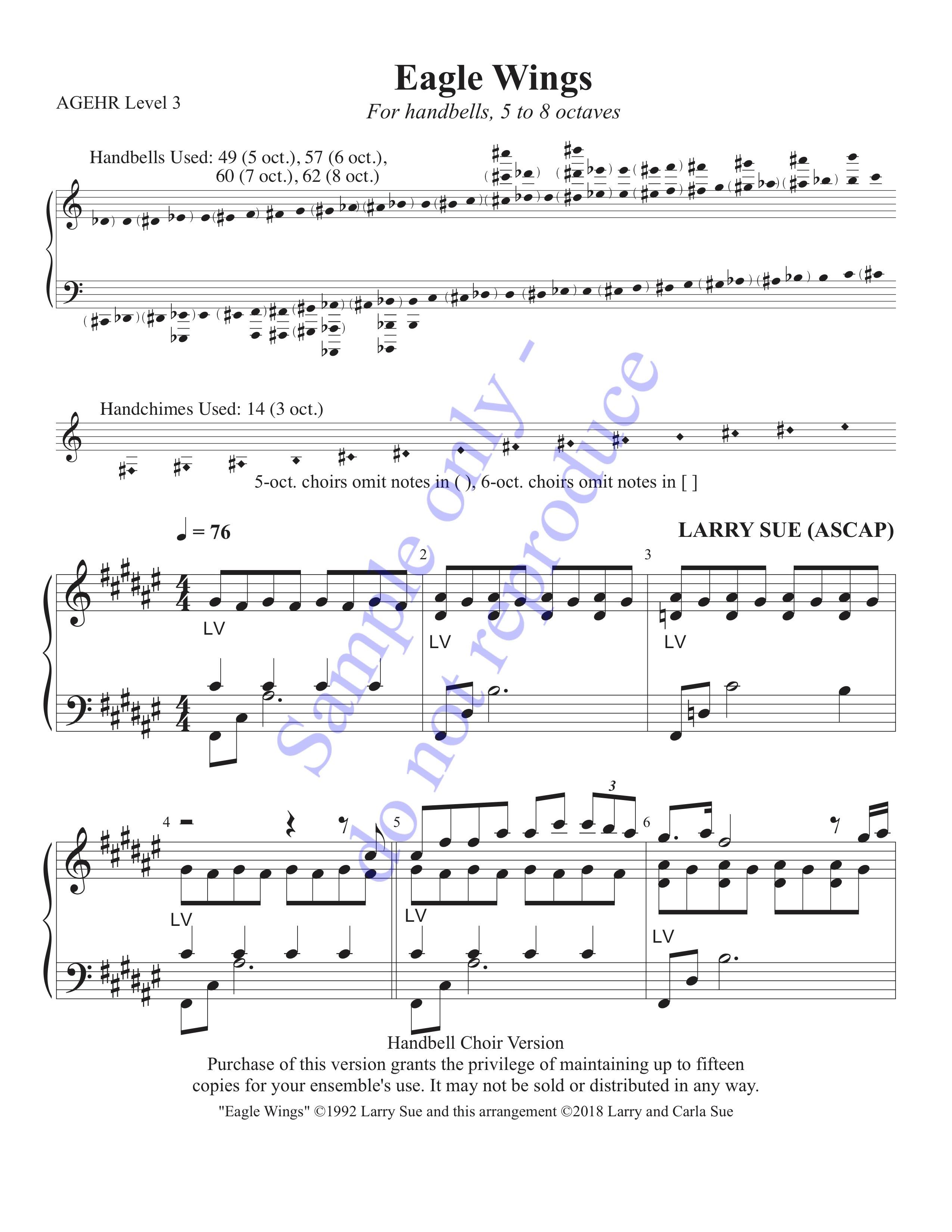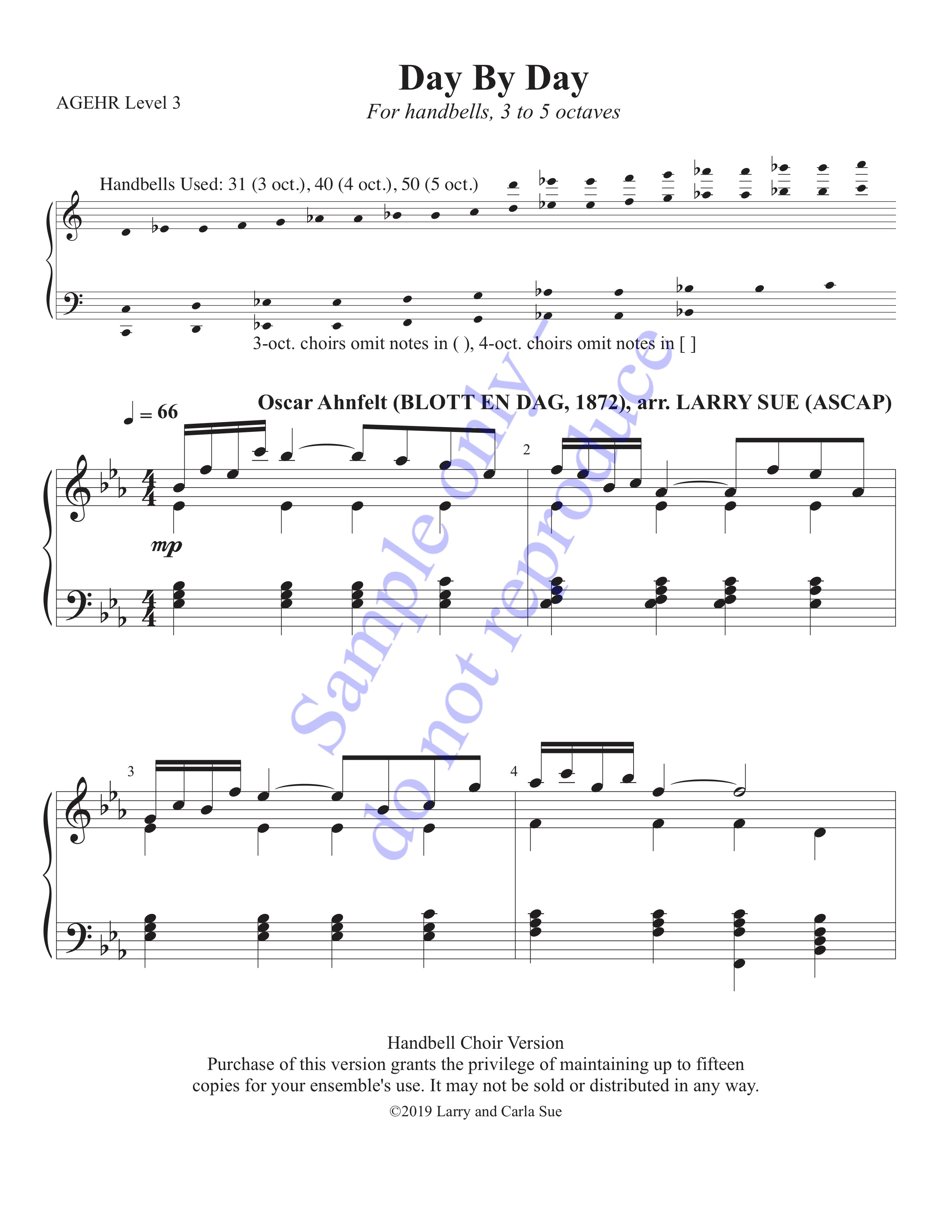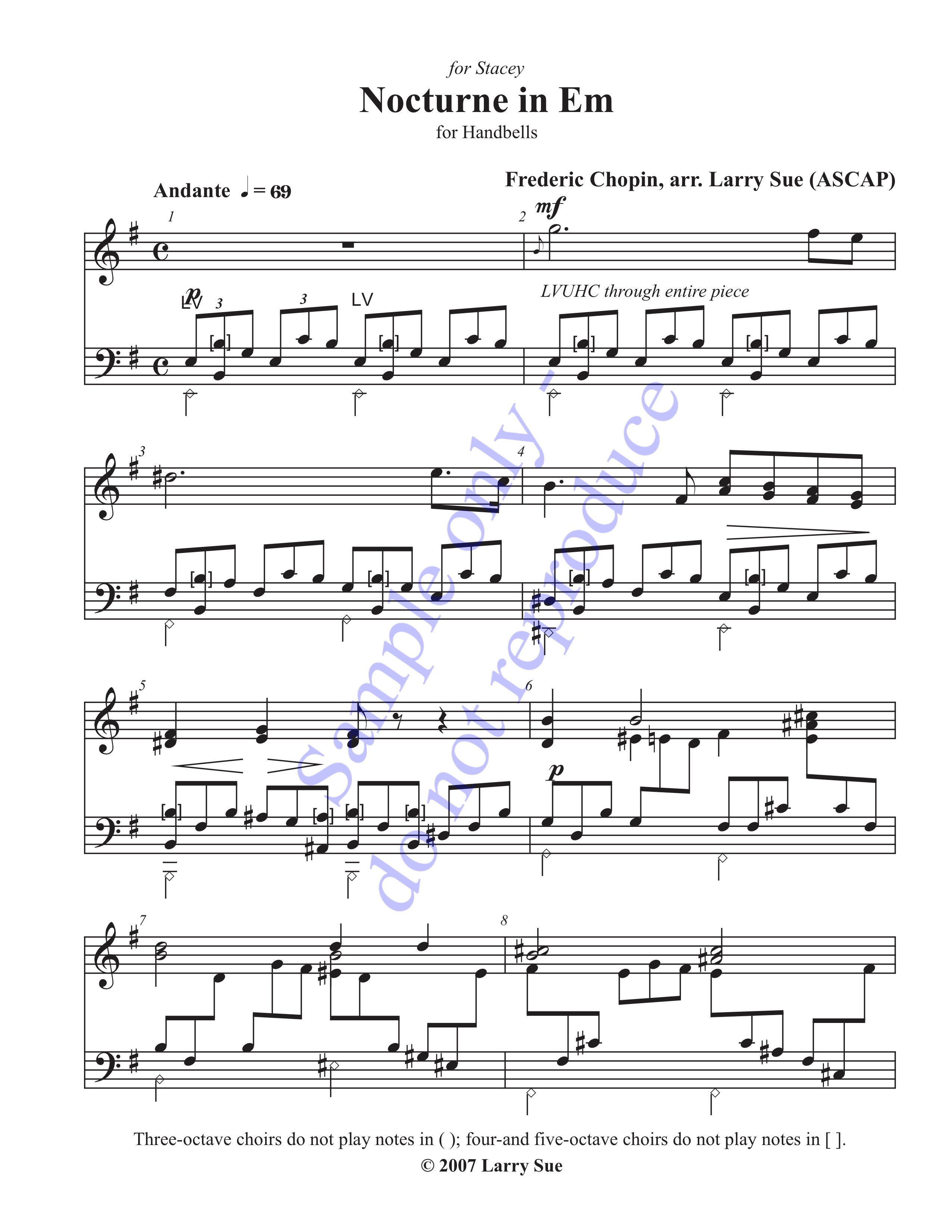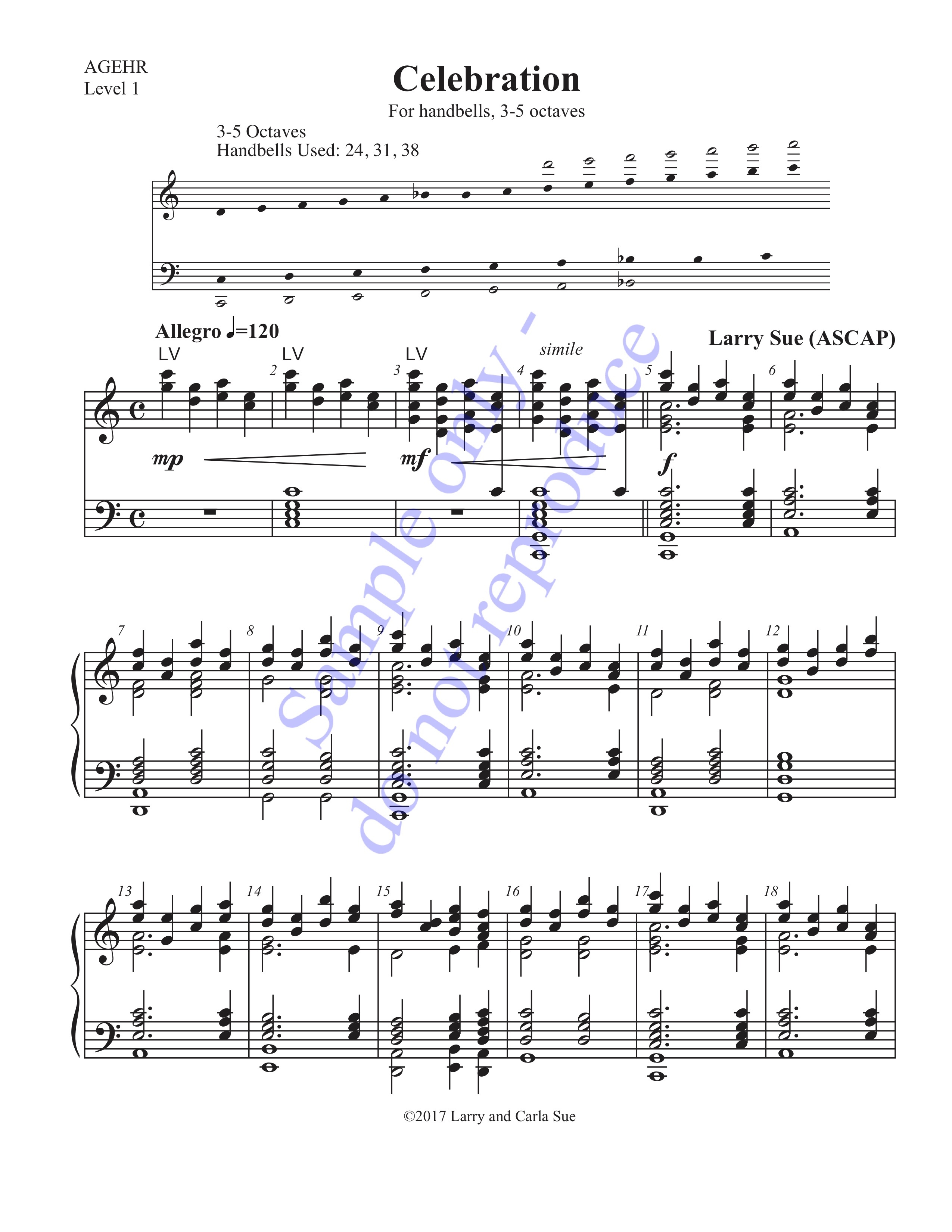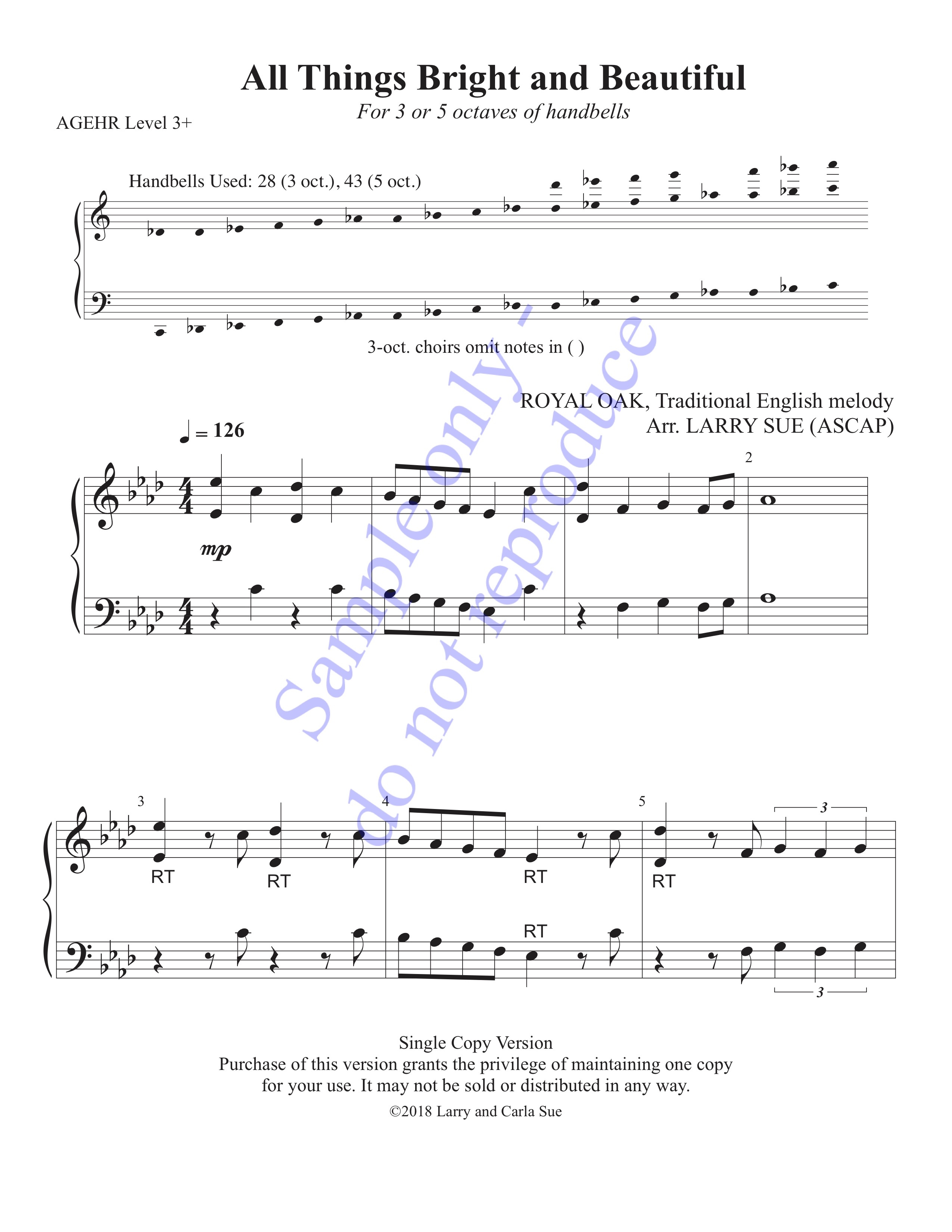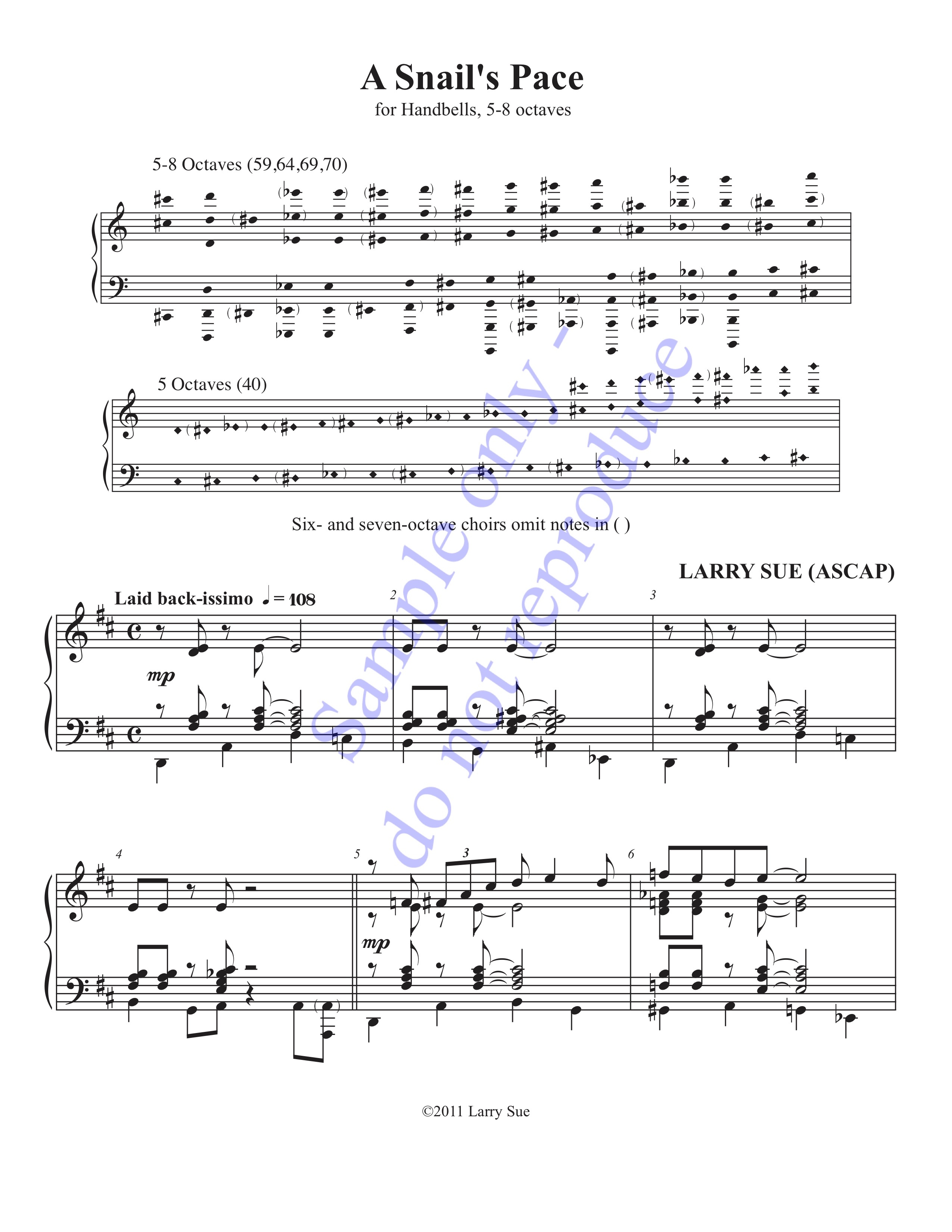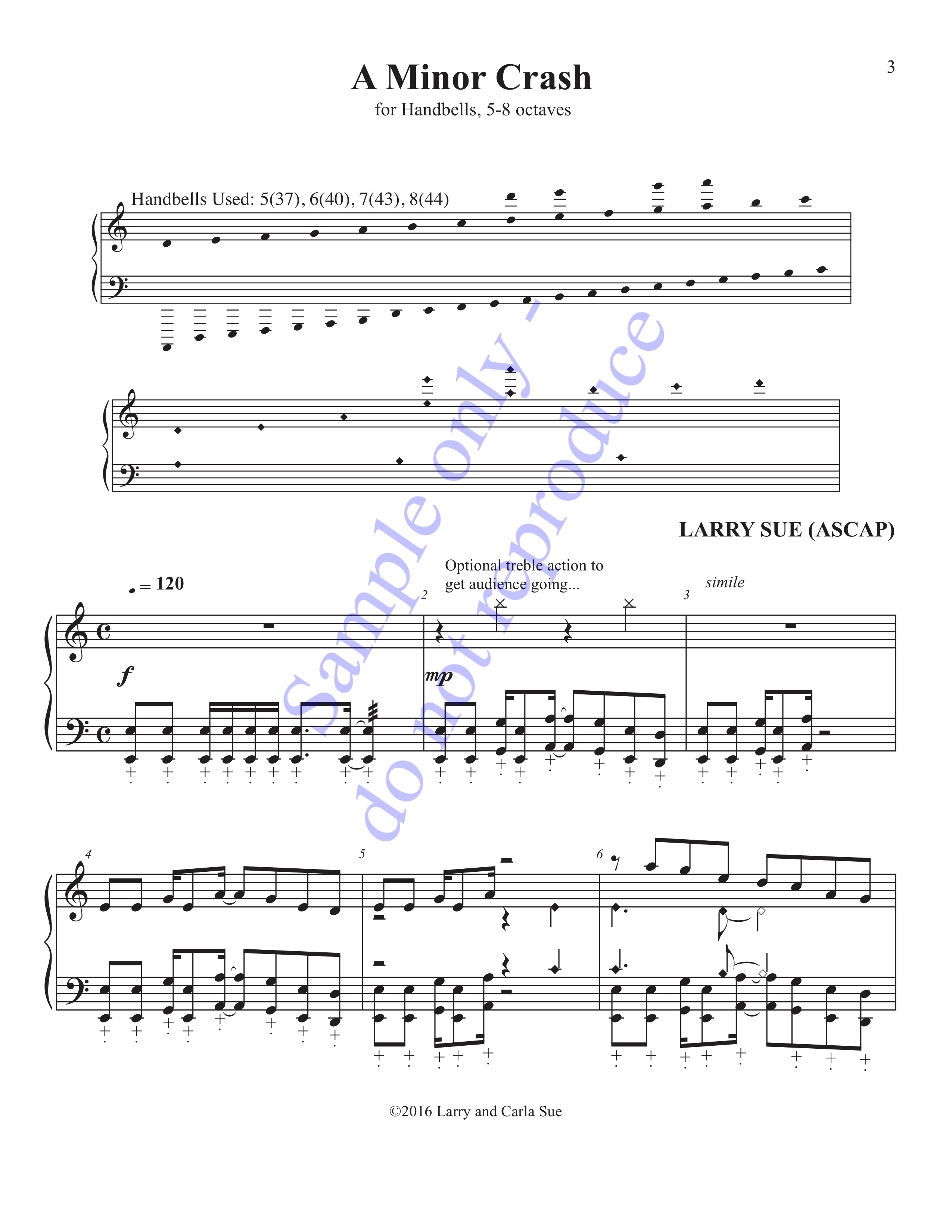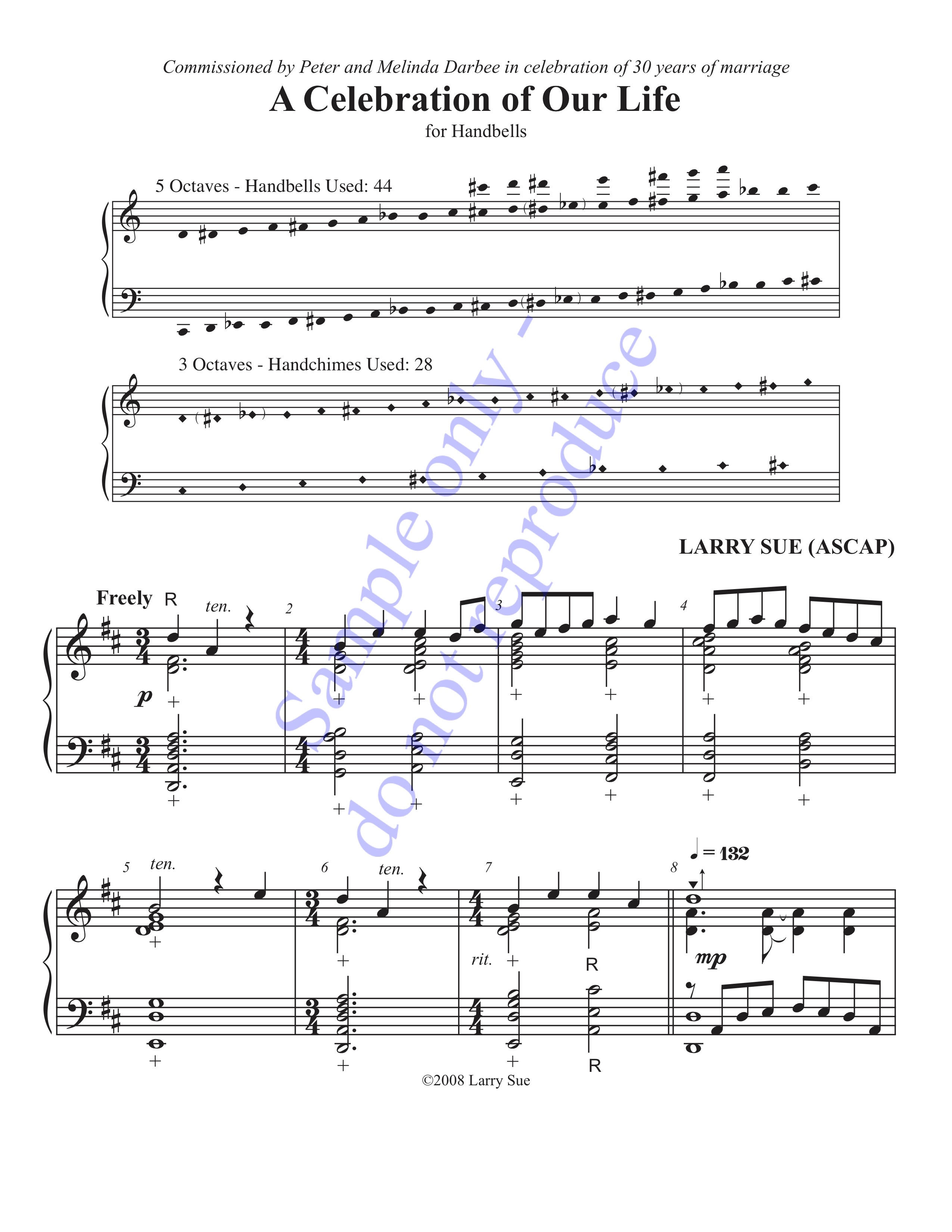The following is from a series of articles I wrote for Living Water, the choir I directed at Valley Church (Cupertino, CA) from 1987-2003, and at First Presbyterian Church (Mountain View, CA) from 2003-2011. While Living Water is no longer in action, the ideas I had the opportunity to present are just as valid now as then.
What makes “ministry” tick has been a source of fascination to me for quite a few years now. I guess most of the reason is that I’ve been involved in it almost from the day I trusted in Jesus Christ for eternal life. The need to understand why and how we minister has been inescapable for me, and so this led to an eight-part series in the Living Water letters one year.
It’s been awhile since I included an information series in the LW letters, and as this discussion is overdue, I’ll be killing two birds with one stone (or two opossums with one truck…) here. The topic of importance is “aspects of ministry.” We’ve been through discussions of “philosophy of ministry” and “call to ministry” already; the next logical step is to talk about how the ministry is implemented through our participation.
This also is an ideal time to review our Vision/Value statement, especially since there has been a significant addition to it since the Livermore concert in October. If you’ll recall, our Vision (i.e. purpose for existence and goal) is “to glorify God and to cause others to do the same.” Glorifying God is our raison d’etre as part of God’s creation; if nothing else, we are to glorify God for the simple fact of our existence. Analogy: it’s impossible to call someone “Daddy” or “Mommy” if you were never born (or hatched…) in the first place.
Beyond the “mere fact” (NOT!) of existence, our responsibility to glorify God extends into the intellectual, physical, spiritual, and moral realms. Once again, this is all keyed to His having created us as intellectual, physical, spiritual, and moral beings, but it also involves our being more than just passive products of divine bioengineering. The Lord made us to be entities capable of doing, and acting, and choosing (I will not chase the old predestination vs. free will debate here…), and so we are responsible to glorify Him in what we do as well as in what we are and think and believe.
When you add the point that God desires to be an active participant in our lives (John 3:16), and that He desires to conform us to the image of His Son (Romans 12:1-2), and that this projective conformity is predicated on Jesus Christ having made the ultimate sacrifice for our rescue from eternity in hell (Romans 5:8), there really isn’t any reasonable alternative to giving everything we are, and have, and think, and plan to be into His hands: a God who would love us enough to send His only Son to take our place under His judgment is worthy to be trusted (and even if He actually could goof up and make a mess of my life, heaven and all its glories would still be waiting for me upon my departure from this earth).
Once again, the phrase “and to cause others to do the same” in our Vision statement indicates that our faith in God is not something which is only internal; it’s something which must also be manifested in our living. It’s our responsibility to bear witness of Christ, to praise Him, to obey His Word, to worship Him, and a whole bunch of other things (I do not profess to be in possession of an exhaustive list), and of necessity these actions occur before others because of the corporate nature of our worship experience and because our lives are structured in such a way as to be interactive with other lives (for instance, you have to communicate with the clerk at Safeway even if you’re just buying a candy bar – I said “communicate,” not “talk,” by the way…).
Most of you already know that I believe recursion to be a necessary quality in ministry. It’s already deeply intertwingled with our normal living anyway. Example: do a quick analysis of regional pronunciations (e.g. “wash” pronounced “warsh”), family-specific vocabulary (e.g. “bzrbt” from the Cosby Show: a raspberry on the cheek), and colloquialisms (just see how many times you use the words “like” and “total” when you talk) in your everyday speech. Now consider where you got them – you’ll find that recursion is built into our lives as we interact with others on a continuing basis. Further example: I’ve been writing rehearsal schedule acronyms on the blackboard in the choir room for a couple of years now, and some of you are no longer saying “He That Dwelleth In The Secret Place Of God” – you’re saying “HT-DIT-SPOG” – and I never said you had to; you just picked it up, perhaps unwittingly…
The upshot is that we must therefore be cognizant of the role recursion plays in our lives – and in others’ lives – and must make a conscious effort to ensure that our part in this process also glorifies God. Interesting conclusion: this means that life-based recursion can be reflexive as well as transitive – there could be a loop somewhere in there too.
There are our Values in our Vision statement. They represent the key attitudes which are involved in Living Water as a ministry. The first is “Profession Quality in Service” (PQS), which expresses the level to which we must perform as ministry participants: 100% (okay, if you can give 110%, we’ll accept that too). The definition of “professional” here is in terms of attitude rather than absolute performance; the true professional is paid not for his ability so much as for his willingness to express a devotion to the purposes of the one hiring him (the reason for the normal high level of talent/skill is because the employer wants to achieve maximum return on investment). The Lord has brought us together in service to honor Him, and it’s our responsibility to express our devotion to His purposes.
The second Value is “Open-Ended Achievement” (OEA). We can’t ever say that we’ve “arrived;” this is especially true in ministry because there are always new obstacles to overcome. A recent example is Cayley’s song, “God Looks On The Stature Of Your Heart.” A cursory examination of the accompaniment reveals the possibility of requiring hands with a span of twelve inches (my span is nine inches) – I know this because Jackie Sackman and Linda Ross completed their first reading of the piece with the question “How big are your hands, anyway?” This drove me to see whether I really had written an impossibly difficult accompaniment, and so I worked on this piece for a few weeks – and now I can play it! It was an interesting learning experience because I had to figure out some unusual fingerings – but it’s perfectly playable if you have normally-sized hands. Perhaps, for the benefit of the accompanist, the song tacitly should be nicknamed “God Looks on the Stature of Your ands”…
The third Value is “Service In Action” (SIA). Our ministry, like any other ministry, is manifested in terms of the service it performs. Our part in service is to lead others to worship God and live for Him by singing about Him; we are a teaching ministry, a worship ministry, a leadership ministry, and an encouragement ministry. If we don’t include service in our operational schema, our purpose for existence is suspect.
The fourth, and newest, Value is “Unity Of Spirit” (UOS). Since we are together in ministry, our efforts within that ministry must be coherently aligned, focused on a common goal, and must possess a sense of direction in the expenditure of our energy. An analogy from physics is found in the “d-electrons” in a piece of metal. Normally, d-electrons run around in the chunk of metal looking (“spin-aligned”) in all sorts of different directions, and you have a rather unremarkable piece of stuff. But if you can convince all (or at least an overwhelming majority) of the d-electrons to look in the same direction, the piece of metal becomes a magnet. This is expressed in “Maxwell’s equations,” which obviously explain why coffee affects so many people in the same way (J/K). Anyway, our efforts in ministry are most effective and most God-glorifying if we’re not just focused, but focused together in our service to God.
By the way, SIA and UOS are also manifested within our fellowship as well. Our responsibility is not just to serve those outside the group but each other as well. And so the expression of our responsibility is also “to glorify God and to cause each other to do the same.”
Final note: the pure statement of our Vision and Values (i.e. without explanations) intentionally omits any mention of music specifically. You can take this wherever you go, and wherever you minister!
Our Vision and Values conclude with the thought: “Your responsibility as a member of Living Water is to live the Vision through the Values, and to live the Values for the Vision” (perhaps there’s a little mutual recursion here as well). This hints at the commitment involved in ministering for God, so we’ll explore the aspects of this commitment in this segment.
The first aspect is that of salvation. Ministry for God can’t happen unless you’re a believer in Jesus Christ. Before I put my trust in Christ for my salvation, my intrinsic unrighteousness disqualified me from serving God because I wasn’t even fit to stand before Him. But now that I’m His child by faith, He has a lien on my future-eternal existence, and so it’s incumbent on me to honor Him with everything I am and have: after all, He is the actual owner of everything I “have.”
And just as salvation is required to serve God, so is dedication. This thought is embedded in our Vision and Values: PQS demands 100%, OEA demands continuing growth, and SIA and UOS demand commitment to those to whom we minister. Dedication is first to God, then to each other, and then to others.
The foundation of commitment is having a personal covenant with God. In Christian circles, this tends to take the form of “personal dedication,” where the Christianese involved indicates that a believer has chosen to submit to the Lord’s will one hundred percent. Now, ideally, this should happen right at the moment of salvation as a necessary response to the realization of having been bought with the price of Christ’s blood (and through no effort or merit of our own – see Ephesians 2:8-9), but I suppose that in our present-day evangelism we’ve been lax in declaring that particular aspect of life in Christ (American society doesn’t help much either because there’s not that much of a social price to pay for being a Christian – which is why the brothers and sisters in the former USSR have at times prayed for God to send us persecution more in line with what they’ve experienced so that our faith would be strengthened: what a loving thing to do!).
At any rate, having that individual commitment to God is central to living life the way the Lord intended for us to live it. No one can choose for you, no one can decide to alter the direction in which you’re heading unless you make that decision. While it is true that God could do some “spiritual brainwashing” and make us all into super-Christian zombies (that sounds like a potential title for a Seventies Jesus rally chiller-thriller…), He doesn’t operate that way. One reason is that worship and praise under compulsion aren’t really worship and praise. So the Lord uniformly appears to act in such a way that we must select one of the options provided to us: even Saul of Tarsus didn’t have to choose to follow Christ after his experience on the Damascus road – however, he decided to believe in the face of extremely compelling evidence (no, I will not pursue the free will ‘n’ predestination thing here either…).
The bottom line is that each of us chooses to believe or not, and that within the context of faith in Christ each of us chooses to be fully obedient to God – or not.
Ministry, of course, entails more than the glorious personal relationship with God. By divine mandate, it also is our responsibility to minister to other believers. If you think of “ministering” as the practice of fulfilling one another’s needs, then in a sense it make a whole lot more sense to “minister” to other Christians than it does to “minister” to God. But the Lord has His own designs and allows us to worship and praise Him even though He, being self-sufficient, literally doesn’t need it.
One tremendous example of ministry in action is Acts 2:41-47, where the 3000 who believed as a result of Peter’s first Spirit-empowered sermon ministered to each other in great ways. They were so committed to each other that they were willing to give each other whatever was needed, even to the point of selling their property to make those acts of ministry possible. While this is an isolated instance, the specific actions of which are not presently practiced in the church (at least not to this degree), and therefore shouldn’t necessarily be regarded as a pattern for our own ministries, it does provide some insights which would really build up any church:
- They were in tune with the Lord and His leading.
- They were obedient to the Lord’s leading.
- They were willing to do whatever it took to follow the Lord’s leading.
- They were joyous in following the Lord’s leading.
Also, love permeated the church in that passage in Acts. Love is the determining factor in whether your or my commitment to other believers is genuine. Sometimes it’s easy to forget that someone is a brother or sister in Christ and that we’re in the same body – and that therefore we should be functioning in tandem as the Lord gives us opportunity. It’s easy to love those who are out in the open all the time because you and I can see how they function, but there are always those who are behind the scenes praying and cooking and organizing things so that those of us who hog all the air time on Sunday morning can minister.
For instance, Alair Lewis has a ministry repairing Bibles (look in the Valley Bulletin Board!). This may not sound very significant to some of you – after all, don’t you just go out and buy a new Bible when the binding on yours wears out? Repairing a shot Bible may sound unnecessary and, besides, might make the owner look like a cheapskate. But if I were a pastor (or not a pastor) with tons of personal notes in my Bible margins, I think it would be worth saving ten or twenty years’ worth of home Bible study – otherwise, I’d have to start all over, or at least copy the notes from one volume to its replacement. So Alair is not merely in the practice of bookbinding; she’s in the ministry of providing continuity and efficiency to other ministers (a metaministry if you like…), and I praise God for her faithfulness to her calling: a well-loved Bible is one which is worn practically to death, and Alair’s work allows those who take advantage of it to love the Word and the Lord even more.
The key to a true ministry beyond the issues of faith and commitment is the expression of that faith and the implementation of that commitment. Jesus commanded us not to sit on our duffs commenting on the situation around us; He requires us to get out there and to do something about it (the parable of the talents in Matthew 26 ought to be a reasonable demonstration of this). This is easy enough to say, but the crux of the matter is the issue of sacrifice. It’s a sacrifice to put a check in the offering; it’s a sacrifice to be at rehearsals each week; it’s a sacrifice to put together videos of Isaac Voss being mugged, kidnapped, and tied to the family basketball hoop to spice up the senior high ministry.
The key to sacrifice is that each of our actions represents a transaction in an immutable, speaking nonrelativistically, currency: time. We’re all given twenty-four hours (or 1440 minutes, or 86400 seconds) each day, and it’s our responsibility to use it for the Lord in the best possible way. The trouble is that we have an astonishing proclivity to misuse or just plain waste it, and once that’s done it can never be retrieved or recovered. So this means that when we do something for someone else, it’s equivalent to giving them a block of the twenty-four hours we receive from God each day we live, and it means that it’s that much farther away the accomplishment of our own pursuits are delayed (time equals money, time equals effort, time equals skill/education).
Nevertheless, the Lord commands us to sacrifice for each other’s benefit. Why? Because there many, many times when we need someone to help us out – we can’t do it all ourselves. Because accessing someone else’s expertise is more efficient than trying to exceed our own mental limits – it’s possible to effect an overall time saving with respect to both parties involved (exchange: a minute of your time to explain something it would take me months to learn). Because you need an hour of my time to hash out a problem – which, when God works between us, will keep you from stewing about it all night by reminding you that the Lord is in control and that He is working through the difficulties of your situation.
The second example in the last paragraph points to an interesting idea which ties into why the Church is created as a fellowship of believers in Christ. You’ll notice that sacrifice at the individual level isn’t sacrifice when you look at it from the corporate level; teamwork actually reduces the overall time expenditure involved in the big picture of serving each other’s needs. There are tremendous benefits to living sacrificially, not the least of which is that the Lord may send some special blessings your way.
Now that the purpose and foundation of ministry has been established, we can look at the objectives of ministry. The prime reason for ministering, of course, is “to glorify God and to cause others to do the same.” Within that context, there also is the operating structure of our Vision and Values. But these are just a generalized framework, and so you and I need to seek the Lord’s leading as to what our specific ministry callings are
I’ve used the plural here so as to get around the idea that we each need to place our prime focus on one group or one type of ministry. While it’s true that some of us are tied to one ministry (for instance, being a Senior High Associate has a tendency to require so much time that sometimes you have to schedule breaks during which to breathe), God has chosen to place some of us in more than one capacity. It’s not that those who can interweave multiple ministries are doing less significant things; it’s just that their calling has provided them the opportunity to be used in more than one place. And it also isn’t that those who are attached specifically and perhaps exclusively to one ministry field aren’t able to do as much as those in multiple areas either. The determining factor is where the Lord has appointed you to serve, and for each of us there is no higher calling.
Overall, there are two general directives for ministry. One is to minister for the benefit of other believers. The other is to minister to win unbelievers to Christ (“oh yeah, evangelism is a ministry, isn’t it?”). We are the meeting point for these directives, and our testimonies are the hinges on which our effectiveness in obeying God turns.
“Testimony” is the way in which our lives manifest what we believe. It’s easy to see what some people believe just by what they say or what they do. Others are more closed; it takes awhile to get under their skin. But whatever type of personality you may have, your life is going to demonstrate what you believe, and others are going to see it plainly. If you’re a Christian (first-class conditional!), then therefore your life should be showing the character of Jesus Christ, thereby serving as an attestation to who He is.
The need for consistent Christian testimonies in today’s world is staggering. This country has gotten so far from the Lord that more than a few people believe that national judgment is imminent. And while God might not choose to use our individual (and collective) testimonies to change His schedule concerning that judgment, He is willing to use each of us to make a difference in a few lives here and a few lives there (and sometimes a lot of lives all at the same time). It’s our job to ensure that the world around sees a true picture of Jesus Christ in our lives – in the way we think, in the way we talk, in the way we act.
I’m firmly convinced that this should never occur as a result of pressure. The reason for this is that people can see a guilt complex easily (I hereby coin the word: “guiltivation”…), and once they achieve that perception your ministry is shot. The only way that a true testimony can occur is if your fundamental beliefs are in line with what God wants you to be. That is, not only must you have a correct understanding of what salvation and the Christian life are all about, and not only must you believe it so that you’re truly and gloriously saved, but you must also sign onto “God’s program” by committing yourself to obey Him in all things. Only when your doctrinal foundations are in place will you be able to testify of Christ without shame or guilt – by the way, this is why believers under persecution have always been so strong: by choosing to follow Christ, they were consciously and deliberately choosing a life of persecution and second-class citizenship in their home countries, so they had to be completely convicted of the truth of the Gospel before their conversions.
Unsolicited advice: Be certain that your doctrinal base is correctly set in concrete before proceeding. Only with this beginning can you live for Christ the way He intended. You might want to read through the parable of the houses in Matthew 7:24-27 – and apply it in a doctrinally-oriented fashion. And if you’re unsure of where you are, talk with someone who can explain things from God’s perspective.
Finally, there’s the concept of an “open book” type of life. Biblical characters frequently lived lives of this sort, but not by choice, because God chose to record their foibles as well as their triumphs in His Word. We probably won’t have that done to us (but you never know…), but all the same the idea of living a life which others can read and reread without compromising our testimony for Christ is a good one. I once maintained a journal which I specifically intended to be open to others to read if they wished (yes, you can read it too, provided I can dig it out of whichever box contains it – and it almost certainly is at my brother-in-law’s house in Dublin, so it may be awhile). Some people actually did read it, so at least it purpose was fulfilled in some way. But I eventually stopped writing in it under the observation (not my own) that “there are those who write journals, and those who get things done.” Even so, if you’re inclined, you might try this idea. A thought: sometimes someone makes a fortune off publishing all the sensational things written in dead peoples’ diaries – what if that happened to you, but they couldn’t find anything which didn’t glorify God?
We’re on to the issue of sacrifice. I’ve already written that it’s measured in terms of an immutable, inflexible currency of time. It’s a horrible loss and inconvenience if you’re looking only at yourself because it’s minutes, hours, or days which have escaped from your personal use, but it can a source of tremendous gain for the body of Christ because of the increase in churchwide efficiency which can occur.
The efficiency gain, incidentally, can also be considered to be a mutual back-scratching, because we all have a responsibility to minister to each other. This means that in addition to ministering to others, each of us will at some time be the recipient of ministry, so in reality there’s a mutually favorable trade of time – your couple of minutes for my couple of minutes – which is God’s way of providing for each of us to see the accomplishment of things which we couldn’t or wouldn’t have done on our own. Conclusion: a local church body, or even a fraction of a local church body, or even a group of Christians from different churches (such as the Christian Club at school) can be wonderful demonstration of Christ’s character of those in it have developed an attitude of godly self-sacrifice and are practicing it all the time.
In actual practice, though, things are more complicated because there are many more than two people involved. The Lord uses this to mesh our lives together so that our individual ministries created a thick web of interpersonal care. Unfortunately (in a good sense) this will occasionally take us to places where we’ll have simultaneous demands for our time from different people, and so we have to decide.
This brings up the idea of priority in ministry. I admit that this might appear to be an application of ministry more on the practical than the doctrinal side because it’s focusing on logistics and planning more than getting into the guts of ministering. But it actually is doctrinal: you’ll find the apostles dealing with this issue in Acts 6:1-7). So here are some questions which you can answer in the face of contending ministry pulls:
- What is the “urgency ranking” of the things which need your attention?
- Given this ranking, how many of them will you be able to do in the time you have?
- Is there someone else who can take care of the things you can’t do?
I really do believe in thinking through my ministry responsibilities, especially as my time has been tight for the past few years (by choice…). Romans 12:1-2 has a nice point to make: the presentation of our bodies to God as living sacrifices is stated to be a “rational” or “reasonable” action. That means that anything God commands us to do as a result of that sacrifice will also be rational or reasonable. Mountain-moving is not my present specialty, but if the Lord commands me to move mountains, He’ll make it a rational/reasonable sort of ministry action (my dad, who will be sixty this year, still moves mountains all by himself in a matter of minutes – with a landscape architect’s pencil…).
There is a conceptual chain which I wish to share with you. Everything I’ve discussed in this series on ministry originates in your mindset. Whether you’re saved depends on your mindset: you must believe that Christ is the One who rescues us from sin and judgment. Whether you’re willing to minister depends on your mindset. Whether you actually do minister depends on your mindset. And whether you minister without fear or guilt also depends on your mindset.
Mindset drives your attitudes. What you believe determines how you think of people, actions, responsibilities, and not least of all God’s Word and what it tells us to do. Attitudes such ad PQS, OEA, SIA, and UOS are fostered in Living Water to provide a high-level design of how our ministry is to look as a whole; when each of us develops those attitudes, our service for God can be enhanced as He leads us by the Spirit.
Attitudes determine motivation. If my attitudes are selfish, then my actions will be directed toward satisfying my own desires (and usually no one else’s). If I think that God won’t hold me responsible for my actions, then I’ll live irresponsibly and will try doing whatever I want. If I have an attitude of reverence toward and love for God, however, then my motivation will be to glorify and praise Him in what I do.
Motivations culminate in actions. These actions provide external evidence of what you are inside, how that person inside thinks, and what moves that person to act. And guess what? Actions serve to reinforce your mindset – this called “forming habits.”
I encourage you to make an assessment of what’s in your Mindset-Attitude-Motivation-Action cycle. You might find some interesting – and alarming – things. There was a small paperback book published in the Seventies called “Habitation of Dragons.” I’m thankful to God that the Holy Spirit is in my life through faith in Christ to make me able to conquer, and even to kill, those dragons which plague and annoy my earthly existence.
Finally: Ministry is not just something to do; it’s a way of life. I encourage you to check as to whether this is the case for you, and if it’s not so yet, to change things so that worshiping and honoring the Lord is a consistent pattern (a habit) in your daily existence.
Of course, you can’t actually minister without participating. However, it sometimes appears that a lot of people in churches (generic “churches,” not cast-an-aspersion “churches”) want to go along for a free ride and so want to partake of the benefits of being in Christ without giving anything back. These people are in for a rude shock when they arrive before Christ’s bema seat (the place and time at which He will – or will not – render rewards to believers for faithfulness in service) because they’ll learn that they’ve missed one of the greatest benefits of being a Christian: the benefit of serving and sacrificing on the behalf of others!
I’ve seen both those who get seriously into ministry as a way of life and those who want what they consider to be the free ride. An interesting observation is that both types of people seem to be happy with their lot – except that the “free riders” have failed to come to grips with the Scriptural commands on ministry (e.g. Psalm 100:2, Romans 12:1-2, Ephesians 4:11-13) and the “ministers” have observed them and have been convicted by them to honor God by serving Him with their lives.
I regret that the last couple of paragraphs have the implication that ministry is something which has to be seen, so I hasten to resolve this possible misconception. There are many people who honor God tremendously through their ministries in prayer, or giving, or writing letters, or making phone calls. Some people I know have ministries which are manifested in making coffee or in giving hugs (and there are adequate opportunities to see that some of us need a lot of both at times). Just because my ministry happens to put me on the platform in front of the congregation doesn’t mean that what I do in serving my Lord is any better than what you or anyone else does; it’s just that in some ways my ministry – and perhaps my failings – are much more obvious to others than is the norm.
Also, God seems to give everyone opportunities to minister both in foreground and background ways. We’re all commanded to evangelize, we’re all commanded to pray, we’re all commanded to encourage, we’re all commanded to love. In general, however, each of us gravitates more heavily toward one or two principal areas of ministry, and it’s because God has made each of us specialists in or aspirants to some designated field (see the passages which list spiritual gifts: Ephesians 4, I Corinthians 12, I Peter 3), and so we demonstrate the picture Paul drew in I Corinthians where he argues that the body of Christ would be rather silly-looking, not to mention nonfunctional, if it were one big eye or one big ear. Paul also referred to parts of the body being humbler in their specific functions than others (background vs. foreground functionality) – if you want to be seen, be a finger or an eye, but if you want to have a lot to do, be a liver…
Some speakers describe service to God as a full-life venture which demands the investment of “treasure, talent, and time.” “Treasure” is usually discussed on Offering Commitment Sunday, and is construed to refer mostly to your pocketbook, but there are other treasures which can be given to God. Intellect/education, perhaps, is the most significant of these – once again, what you’ve learned can be used by God to make the ministry of the entire body more effective. Strength/muscle isn’t usually regarded as a treasure in the church (I suppose it’s because we don’t employ bouncers at Valley Church), but it’s important to have strong people to move big things around so that the children’s choir doesn’t have to relocate the grand piano.
“Talent” is used in the generic sense of “skills, natural abilities, and aptitudes.” It involves the combination of personal predilections and training. Elucidation: each of us has some level of natural talent in a given field, and it can be augmented by going to school, or taking lessons, or getting some sort of tutelage in the subject. The measurement of “talent” is therefore the interaction and association of aptitude, education, and experience. Some of us will have to work harder than others, but with enough time it’s theoretically possible for anyone to attain any desired level of skill in a given area; the question to answer is whether the requisite time investment is a wise one. For instance, if you want to sing like Placido Domingo and knew it would take you longer to achieve that level than you have years remaining in your natural lifespan, would you go for it?
As I wrote way back when, everything boils down to “time.” Treasures are accumulated over time (brainpower or musclepower too – these are latent until such time as they’re activated and exercised), and talents are developed through investing time (even Franz Liszt once was at a point where he couldn’t play the piano or read music, but became arguably the best pianist of all time by practicing ten or twelve hours a day while still in his teens). But these are indirect investments in terms of time, because the primary contribution to ministry is the treasure or the talent.
The idea of investing time in ministry is a simple one: to minister by investing time, be there! That’s what makes the church function. If none of us were willing to invest our time in service for the Lord, Sunday mornings would be very lonely in the Sanctuary (well, maybe not – no one would be there to be lonely). It also turns out that many of our ministry opportunities will appear to materialize from out of thin air as we meet with other believers – perhaps you’ll notice that someone’s down and will go talk with them, or someone will be dying to share what the Lord’s done in their life yesterday and will grab you to tell the story – so “being there” is a critical issue in ministry.
This is why I appreciate all of you. Living Water has been a wonderful place to be because of the dedication and commitment you all have shown over the years. The Lord has brought us together to share our respective treasures and talents, and has granted us the privilege of spending a lot of time together as we continue serving Him. Your willingness to serve, and to grow, and to pray have all been remarkable, and I rejoice in the blessing of being identified with you.
No one is indispensable in ministry. There is such a thing as permanence in that the spiritual benefits God gives to others through our ministry can last forever (such as bringing someone to Christ – now, that definitely lasts forever) but as our participation in this present ministry is limited to our respective lifespans, there will be a point at which the ministry will get along without us. Therefore, God has set things up so that no one is critical to the ministry as a whole (be very careful about following someone who makes himself the focus of his ministry: what happens when he dies? Certain televangelists come to mind…).
Personal note: For this reason, I’ve stipulated in Article XVI of my last will and testament that “no physical memorial be erected for the intention of honoring me, if such consideration should arise.” The reason for this is twofold: Remembering who I am/was won’t matter to anyone after all my friends and I are in glory together because no one left down here will care about who I was and everyone who might have cared will hopefully be sharing the Lord’s wonderful presence with me.
This measure also is an attempt at precluding my name being attached to something where I might not want to see it (e.g. I understand that the Glide family were staunch, fundamental believers – but the Glide Memorial Church in San Francisco which is named after them has departed considerably from the family’s faith and is now a social gospel/liberal institution). And if you must ask, I plan to be cremated and scattered… aside from being more economical, it matches with article XVI – no gravestone! Don’t worry – God, at the Rapture, will know where all the pieces are! Do forgive me for being somewhat grisly…
Ministry for Jesus Christ has an interesting aspect: It always outlives the minister! I hasten to add that this continuation may occur in a fashion rather different than the original implementation. For instance, I don’t think for a moment that the Living Water Composition Project will continue in its present form when I’m no longer in charge of LW. There is a certain brand of cruelty, and also what I hope is love (Shakespeare wrote that the two are closely related…), within the LWCP and it’s something I can claim as my special ministry to all of you. But I hope that the ministry in composing music will multiply by others taking the torch and writing more music to glorify our Lord – this is already happening in that some LW members are conducting their initial forays into songwriting (encourage them!).
So eventually I anticipate passing the torch to someone for each of my present ministries (maybe at death, maybe before), and those people will continue the race, running at their own pace, running with their own style, and with their own friends encouraging them as they run. No doubt some of you will be the recipients thereof – remember that someone passed the torch to me before this point, and someone before him, and someone else before that.
A thought: I don’t think of our “running the race” for Christ as a competition even though Paul wrote that we should run to receive the prize. The reason for this is that I believe that the Lord has given each of us our own race to run. Perhaps the Christian life is less like the Barcelona Olympics and more like the SPECIAL Olympics (at least my race feels that way sometimes): everyone who finishes the course within the rules receives the prize. The description fits better, at least in my way of thinking: God took us when we were spiritually dead – a lot worse than merely “handicapped,” “disadvantaged,” or “challenged” – and made us able to run the race in spite of our obvious limitations. And so we run in the power of the Spirit and in the vitality of salvation, occasionally tripping and looking like horrible idiots as we fall on our [collective?] faces and feeling stupid as we get up and start running again, but hopefully always progressing to the goal of glory and eternity there with our Heavenly Father.
And when we all get to heaven, we’ll look back and know even more truly that the Lord was the one keeping the chain of torchbearers going, and we’ll praise Him for His everlasting lovingkindness (see Psalm 136!). After all, God is the reason for ministry and its existence, and we’re just different players on His team.


